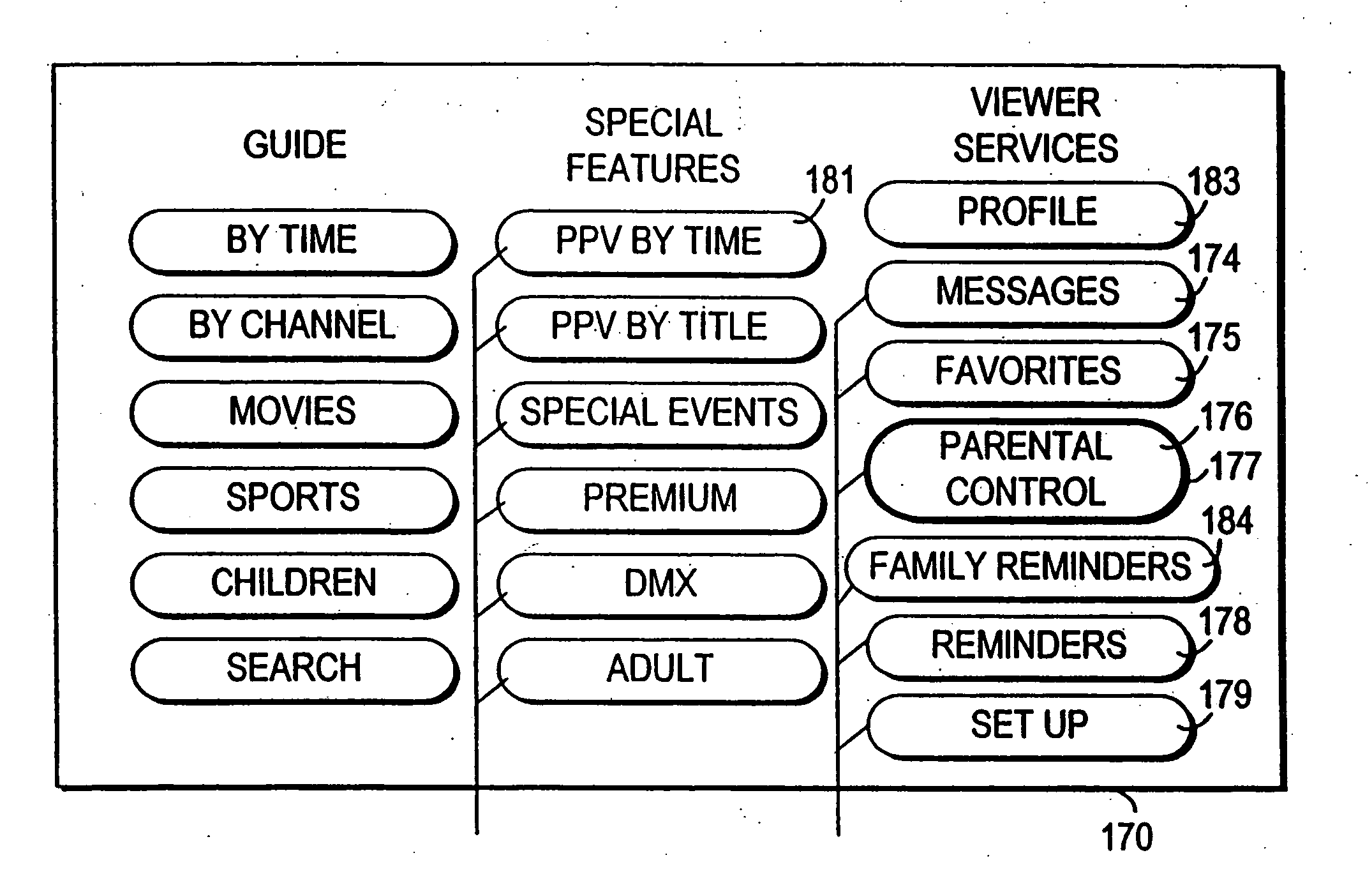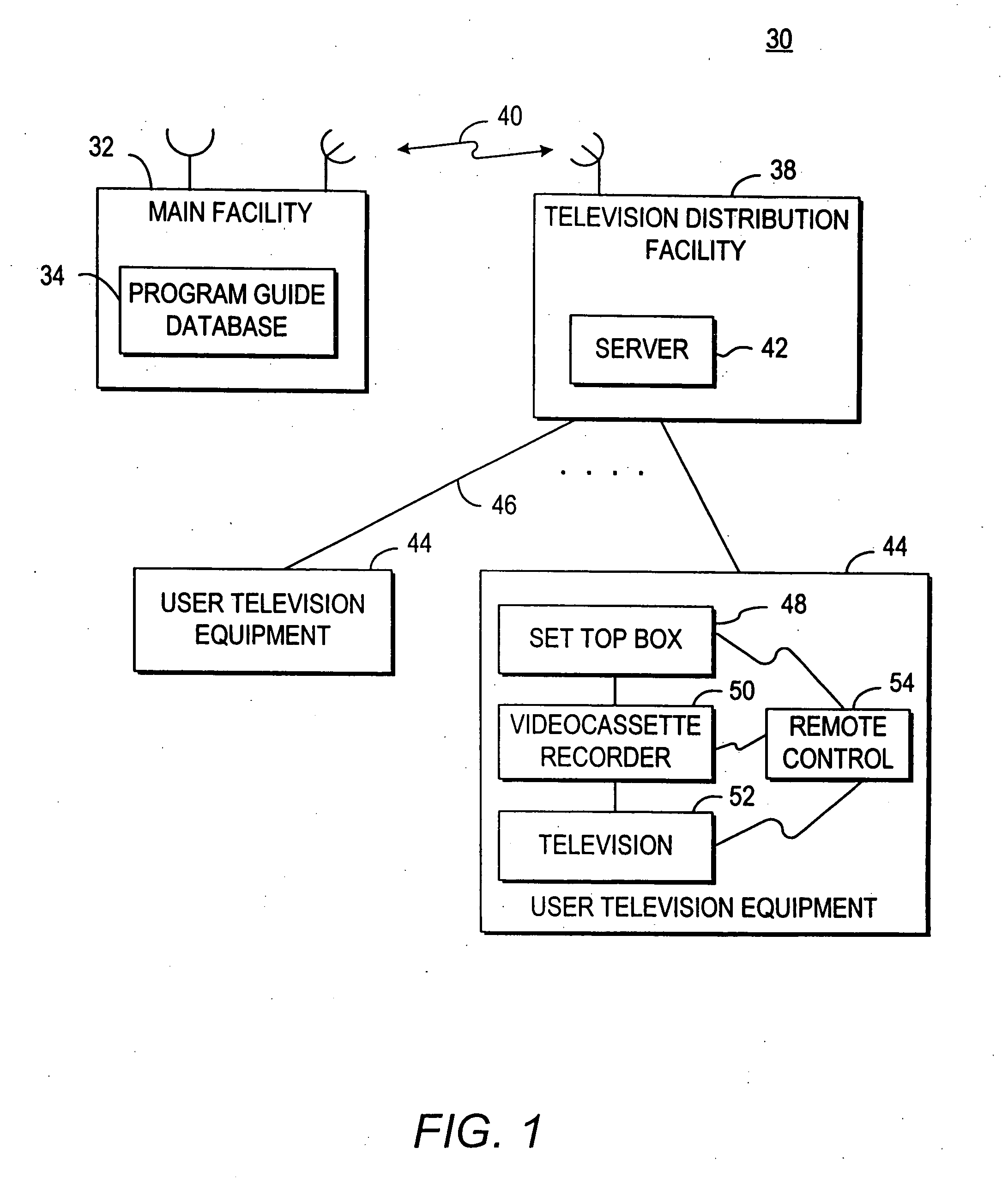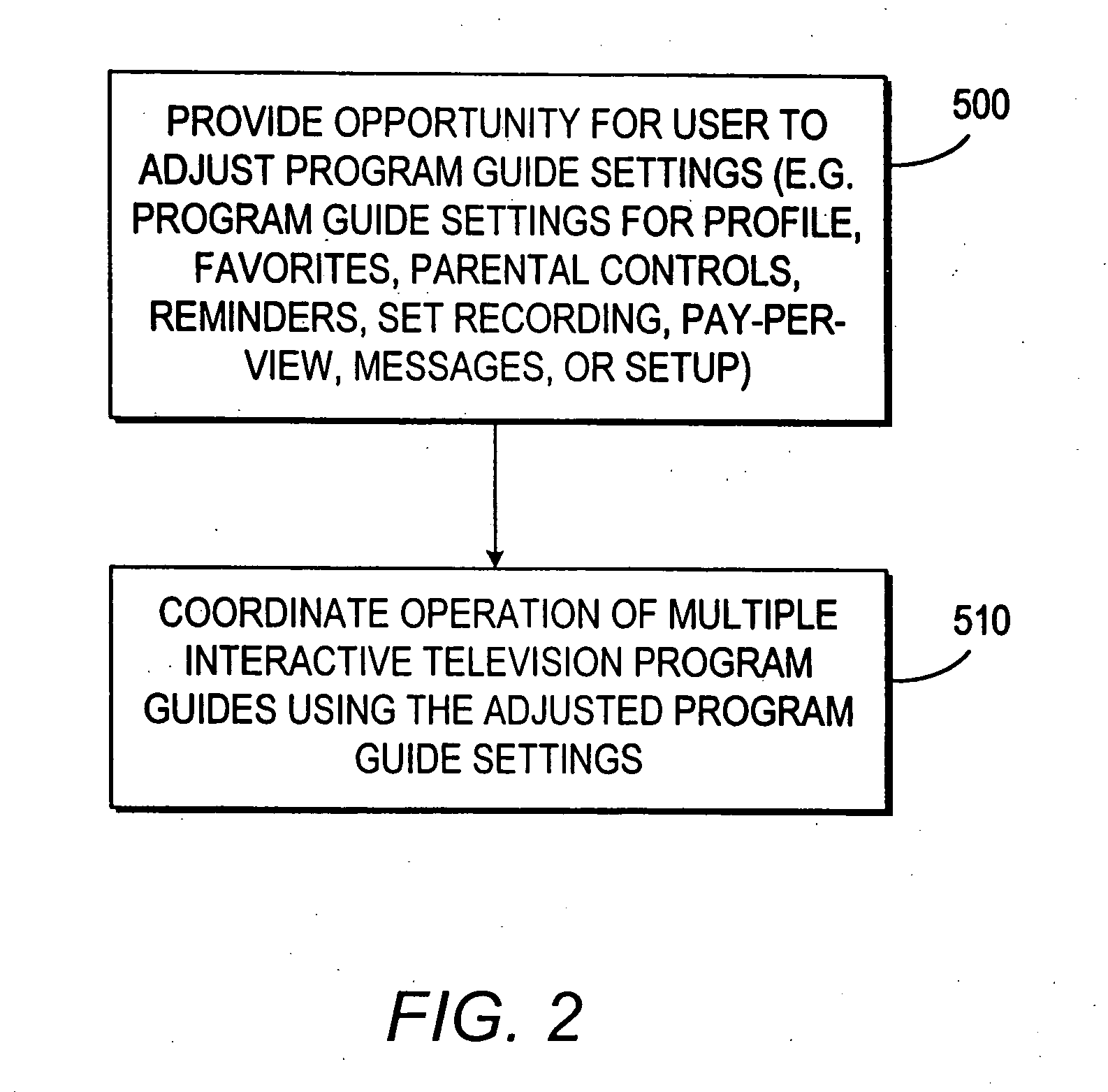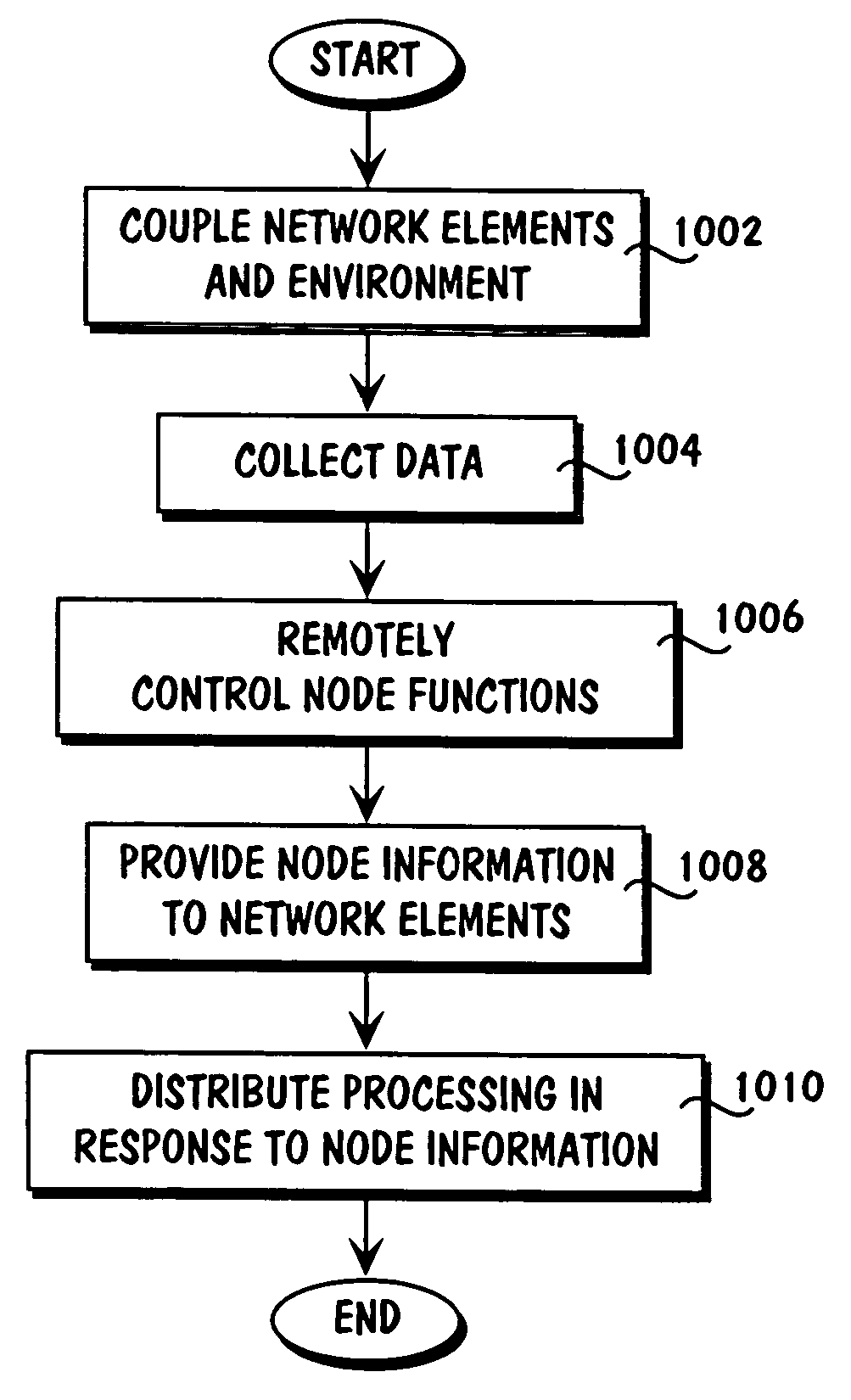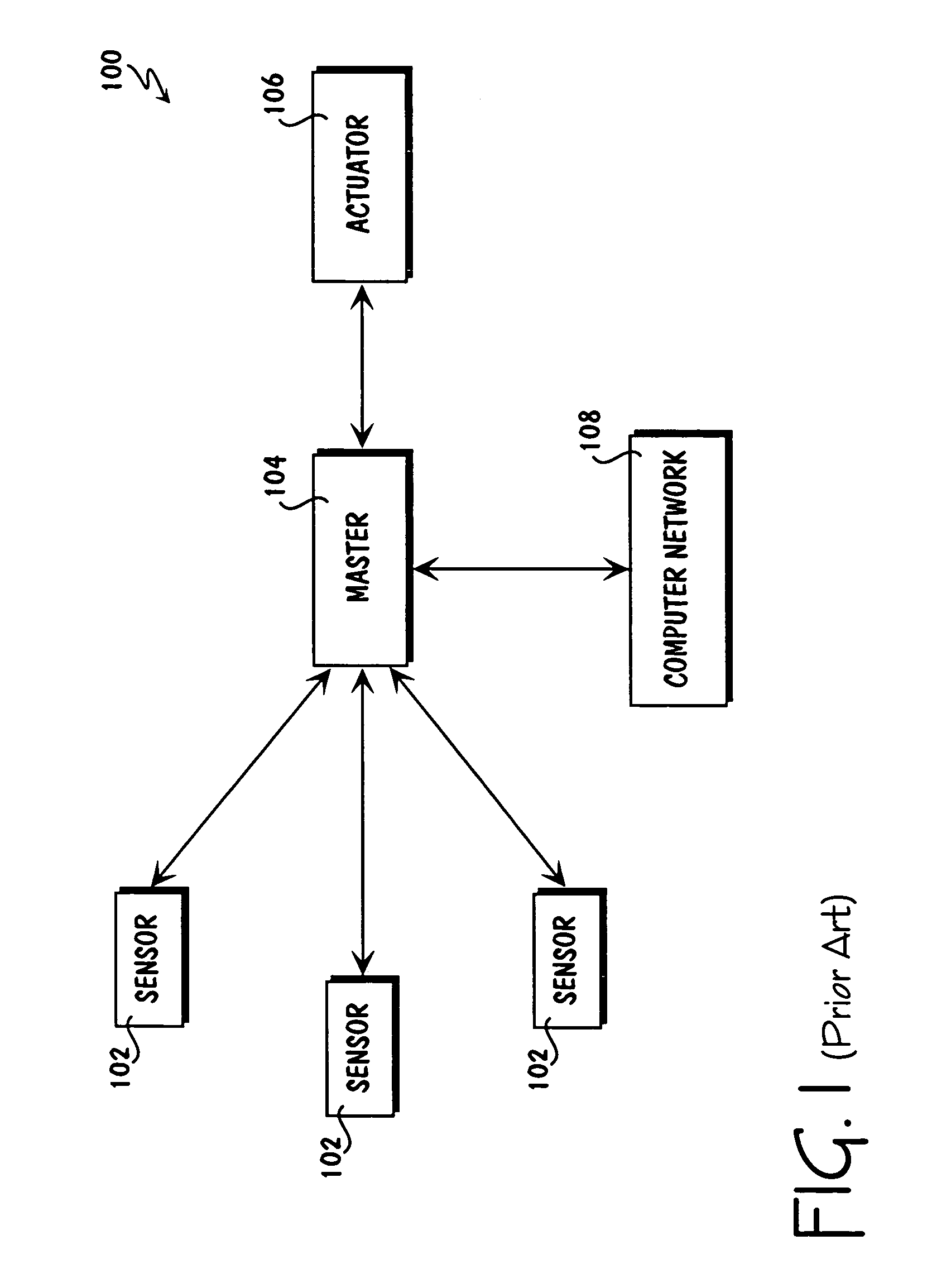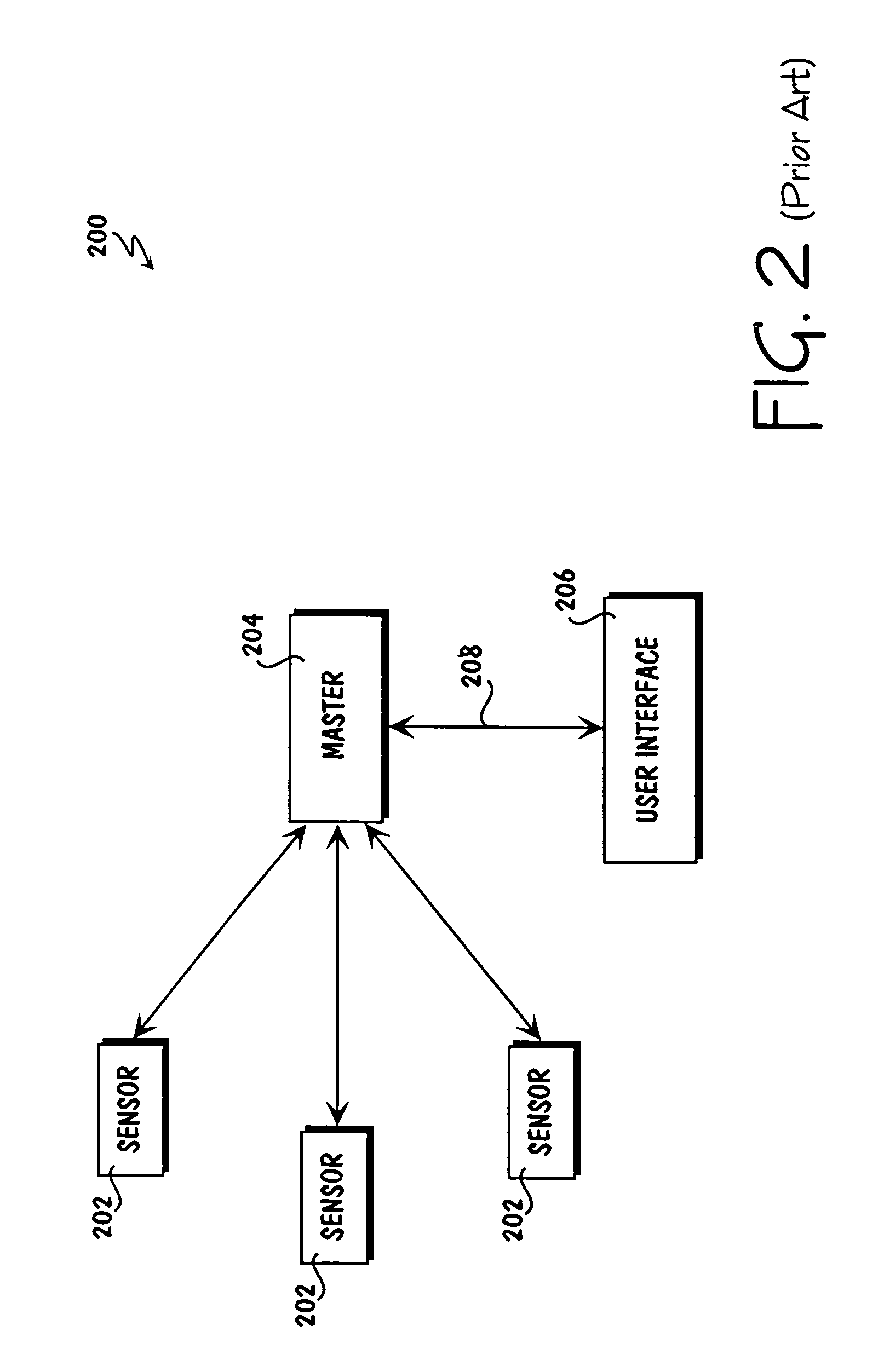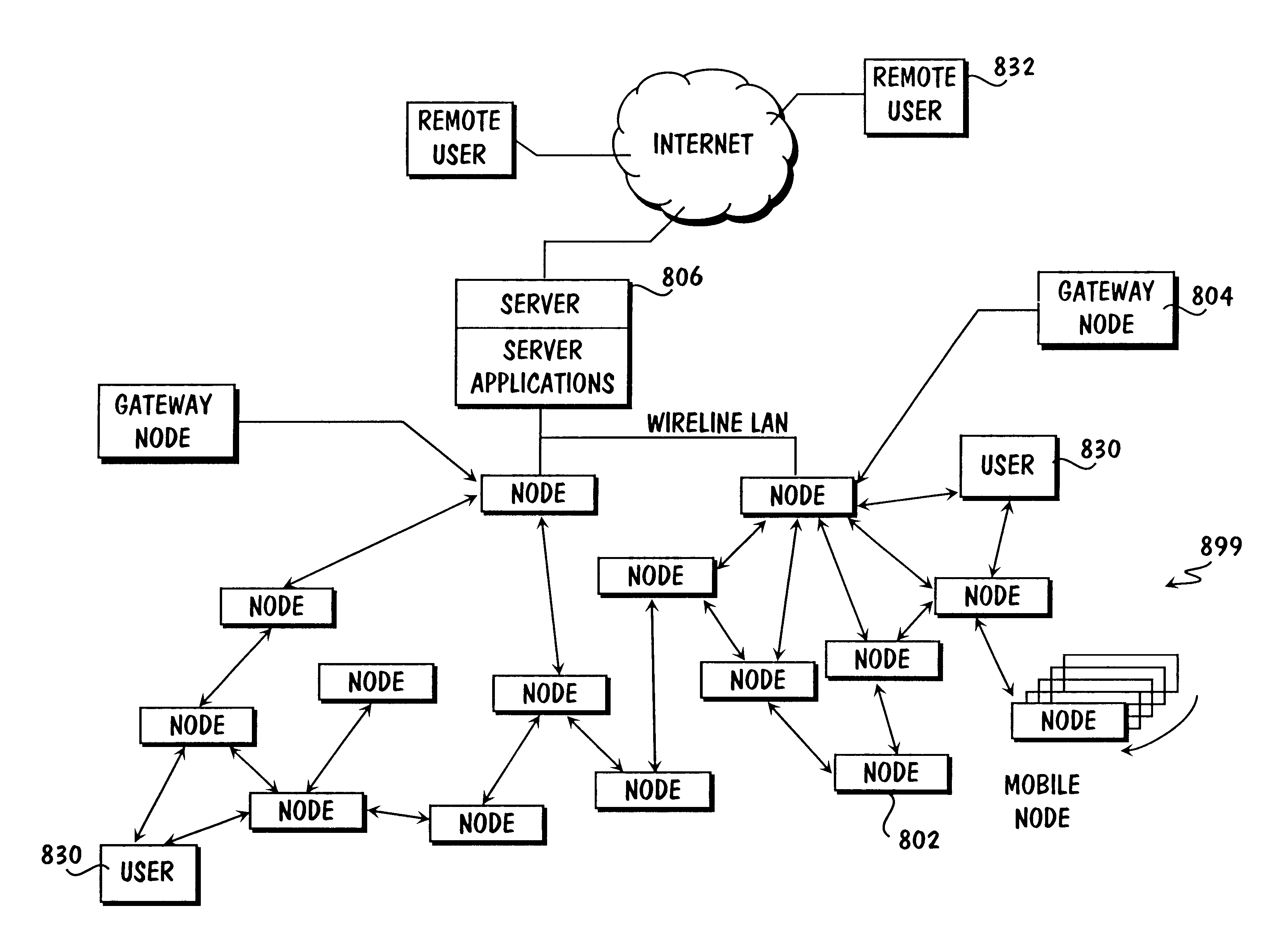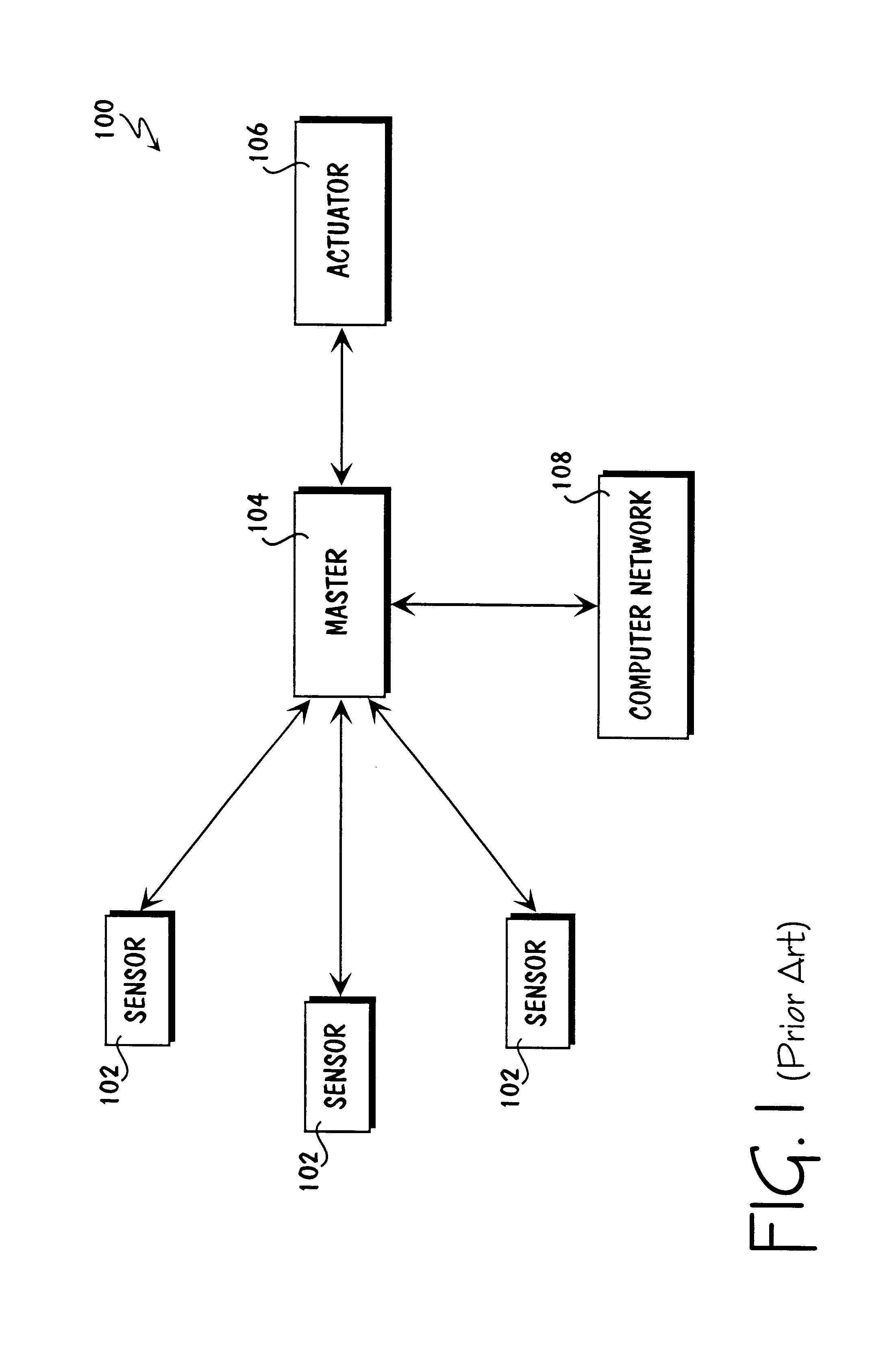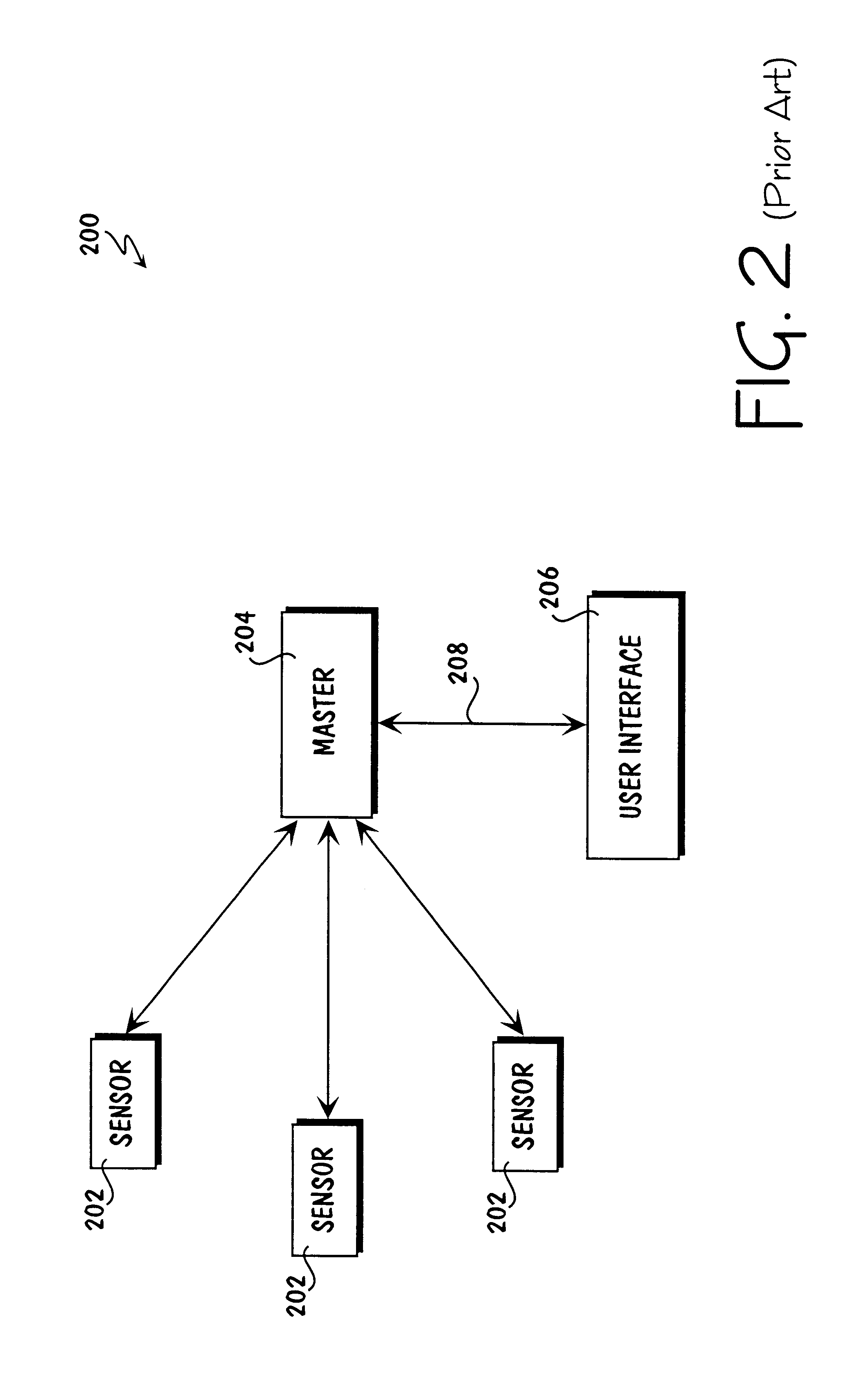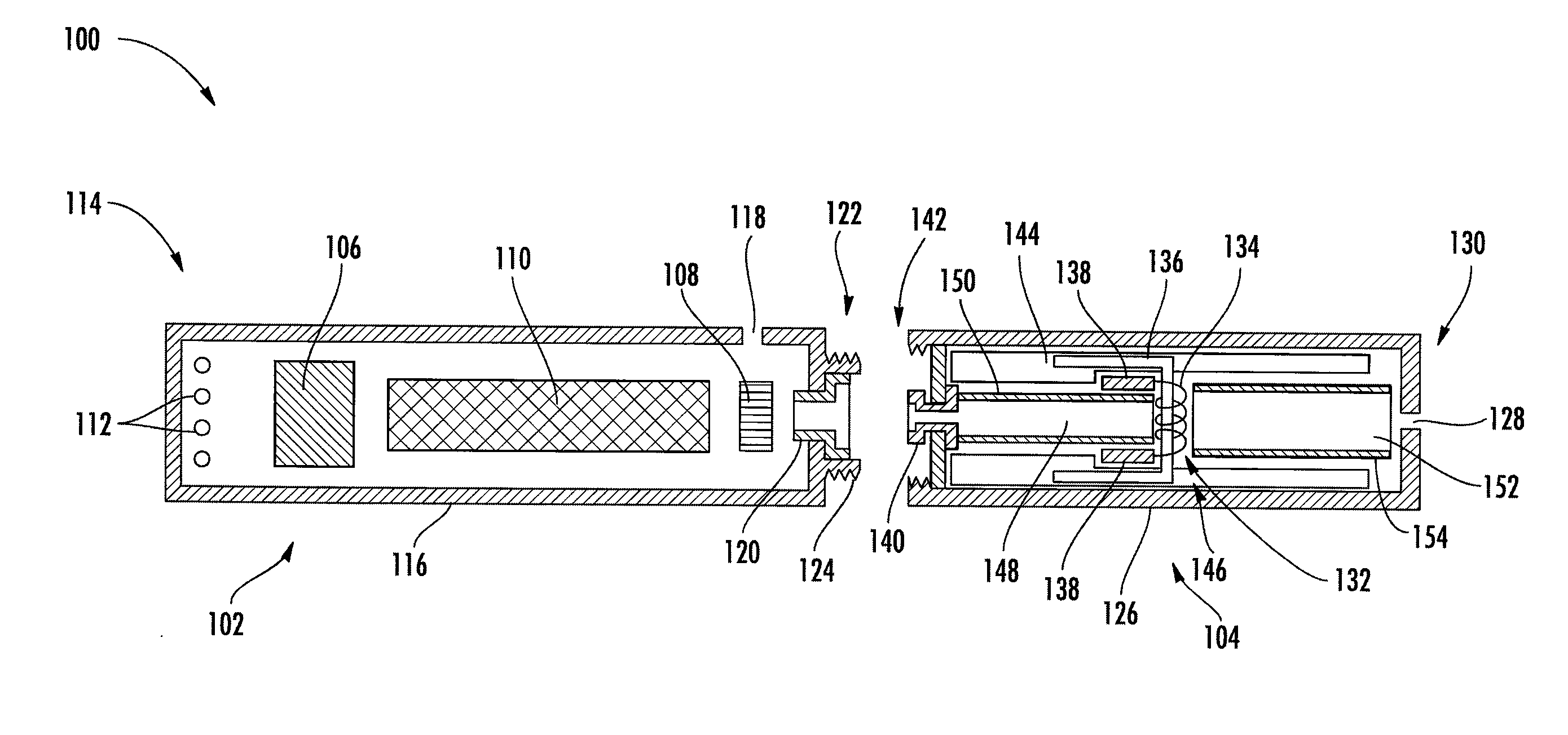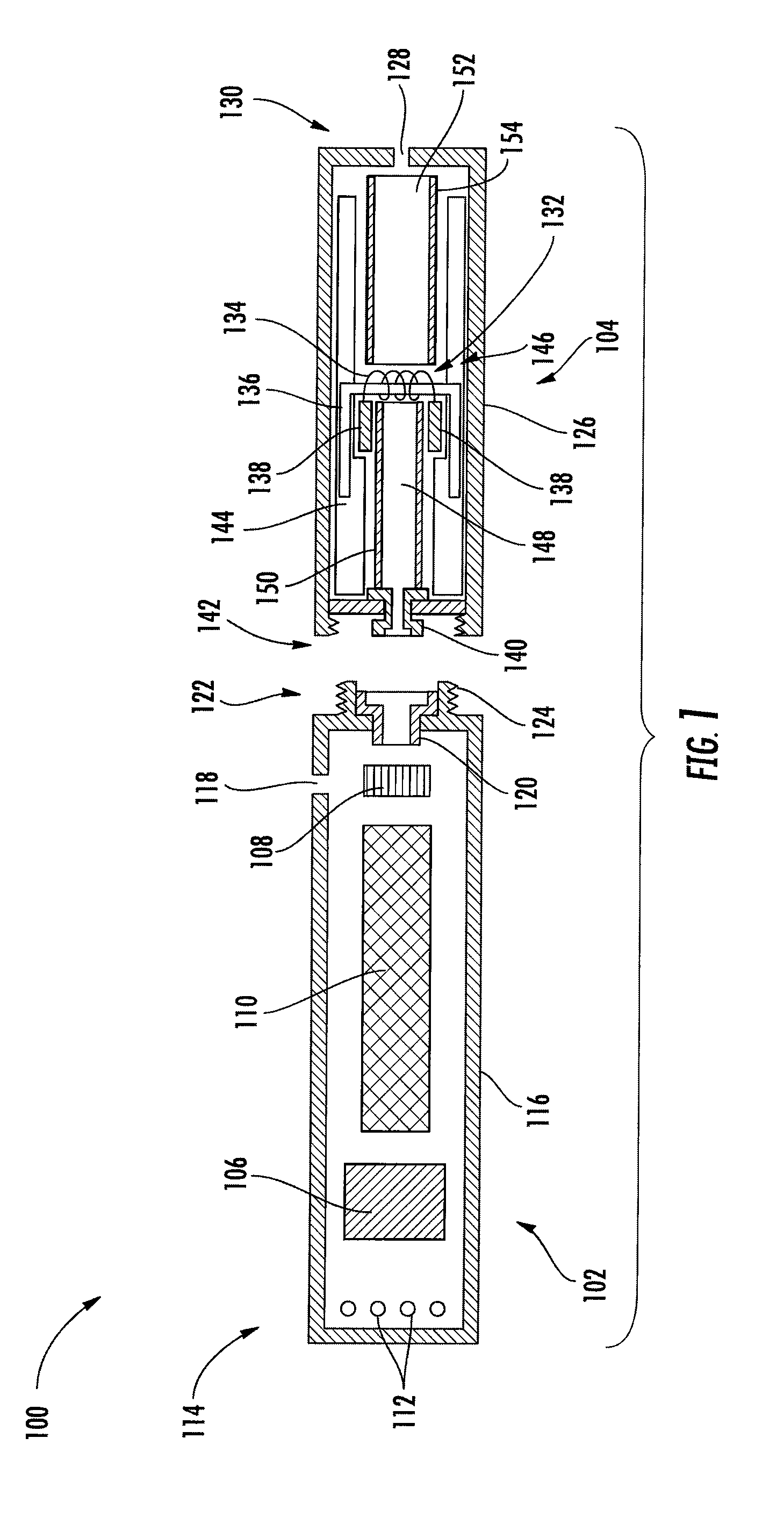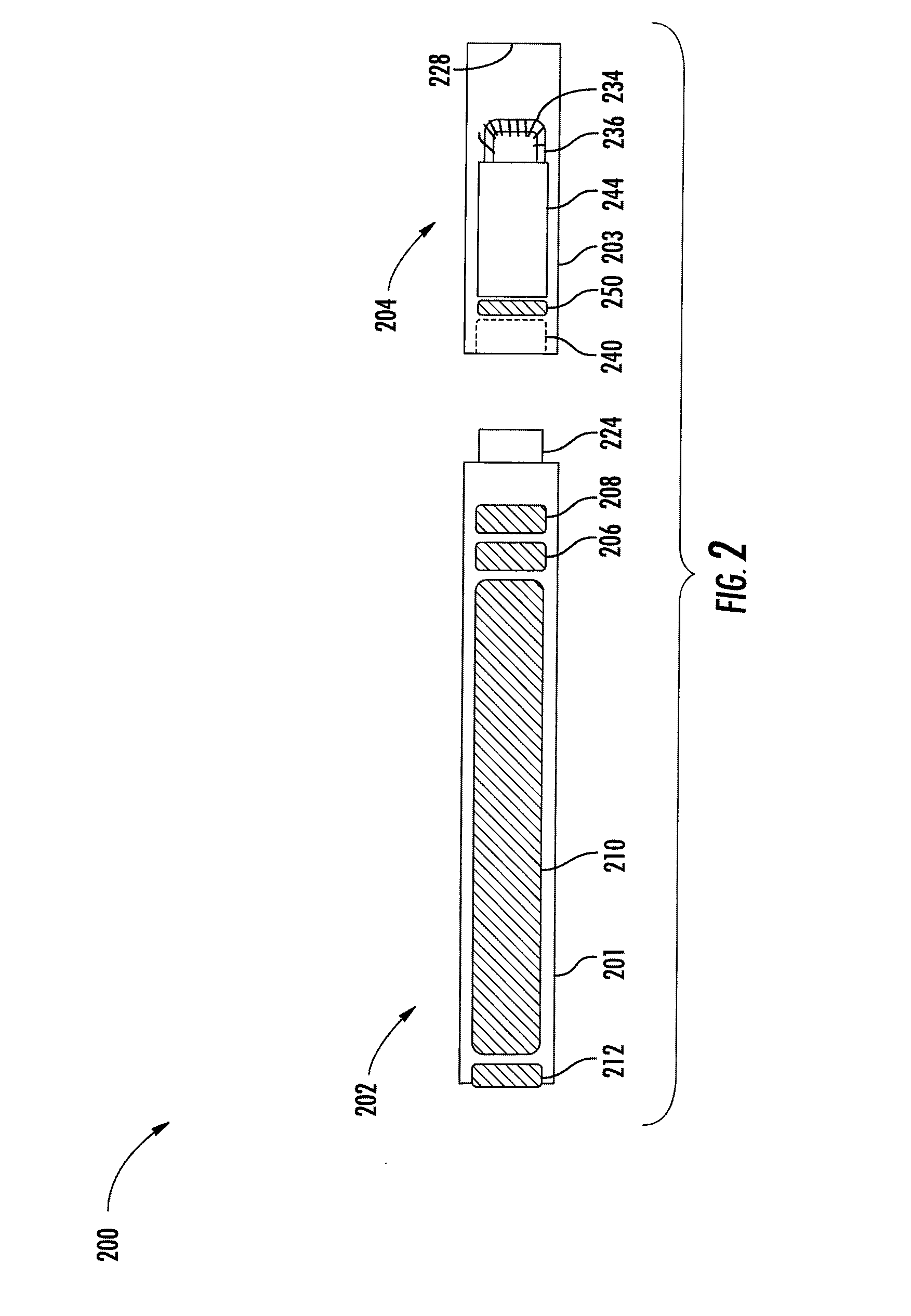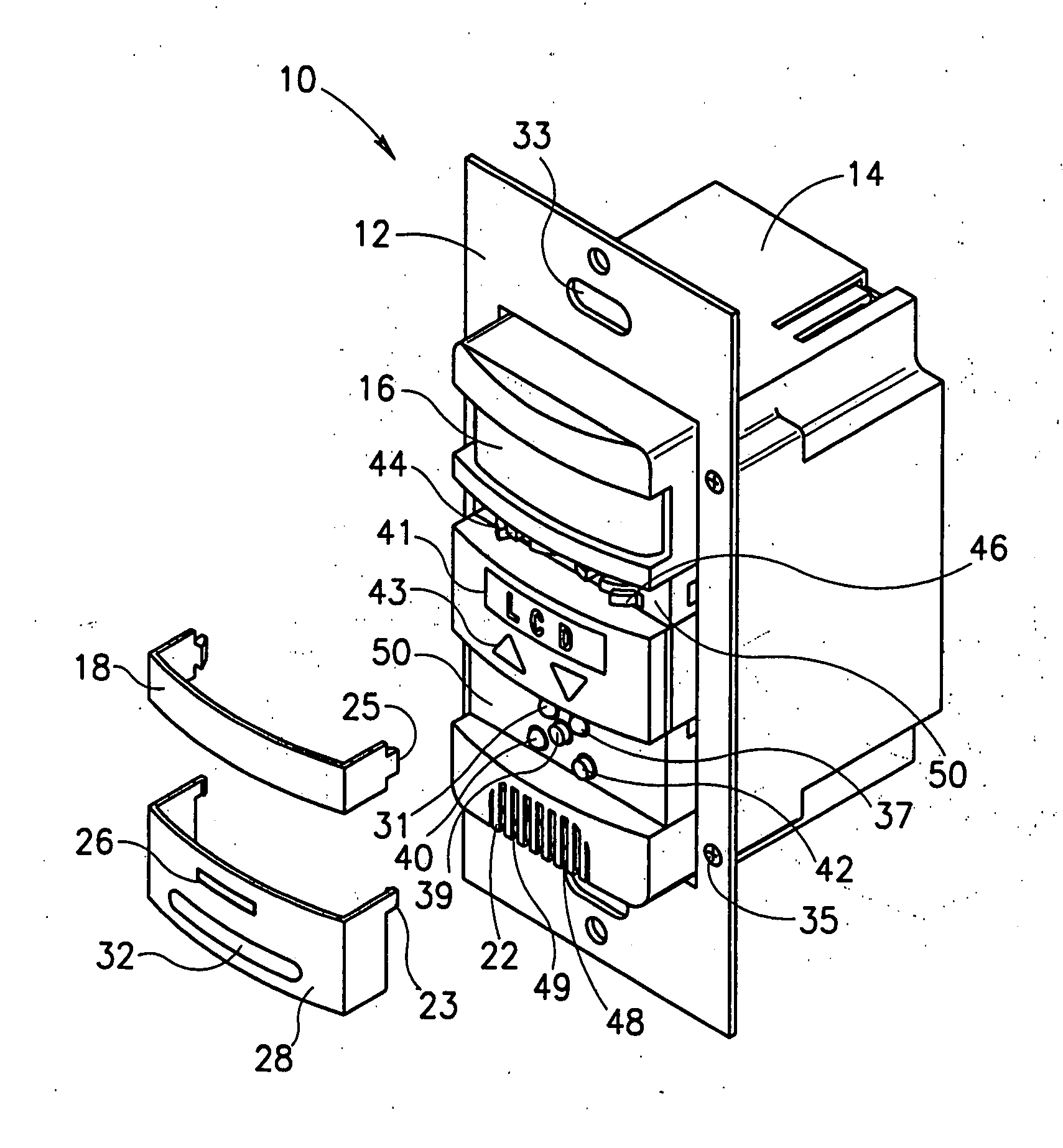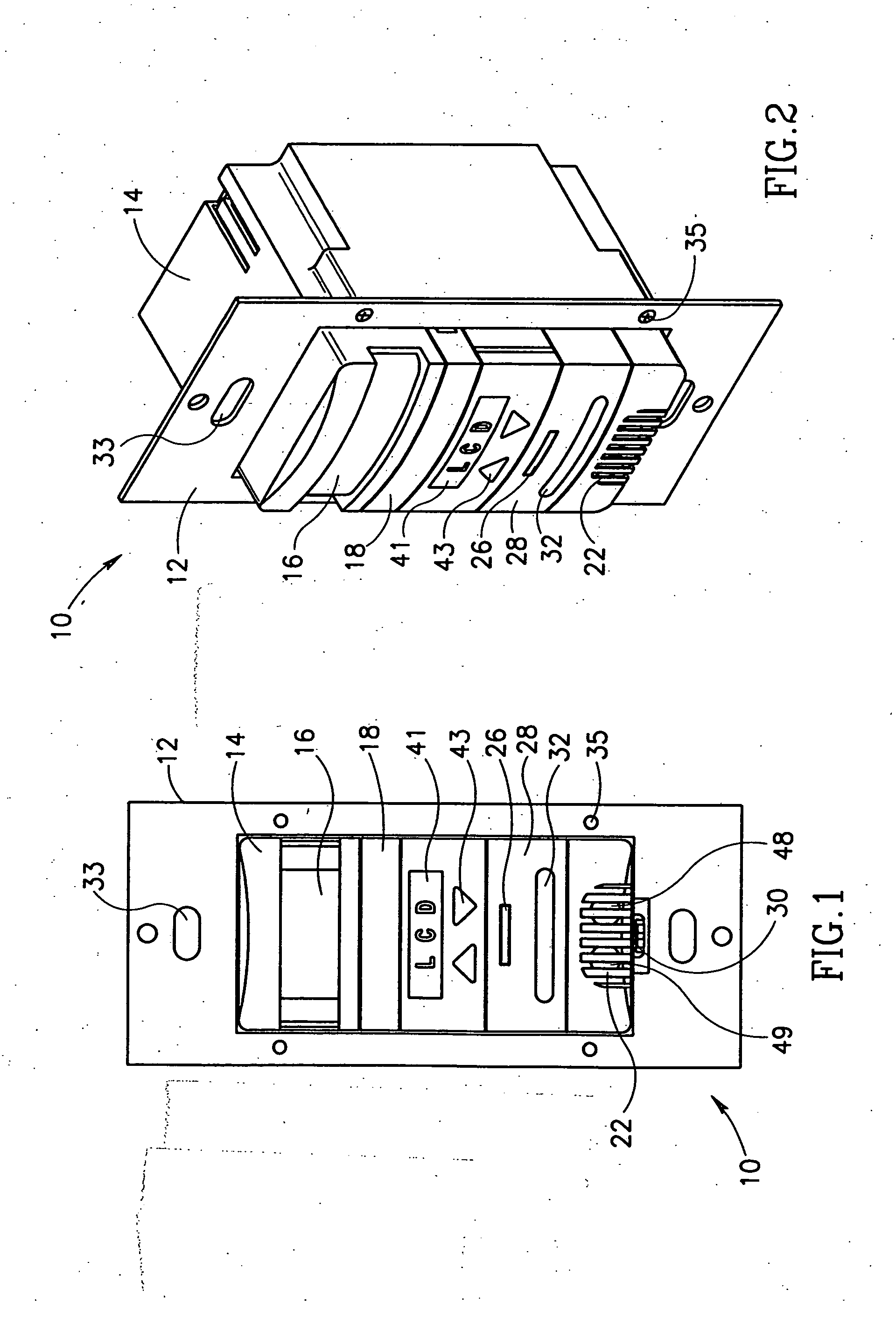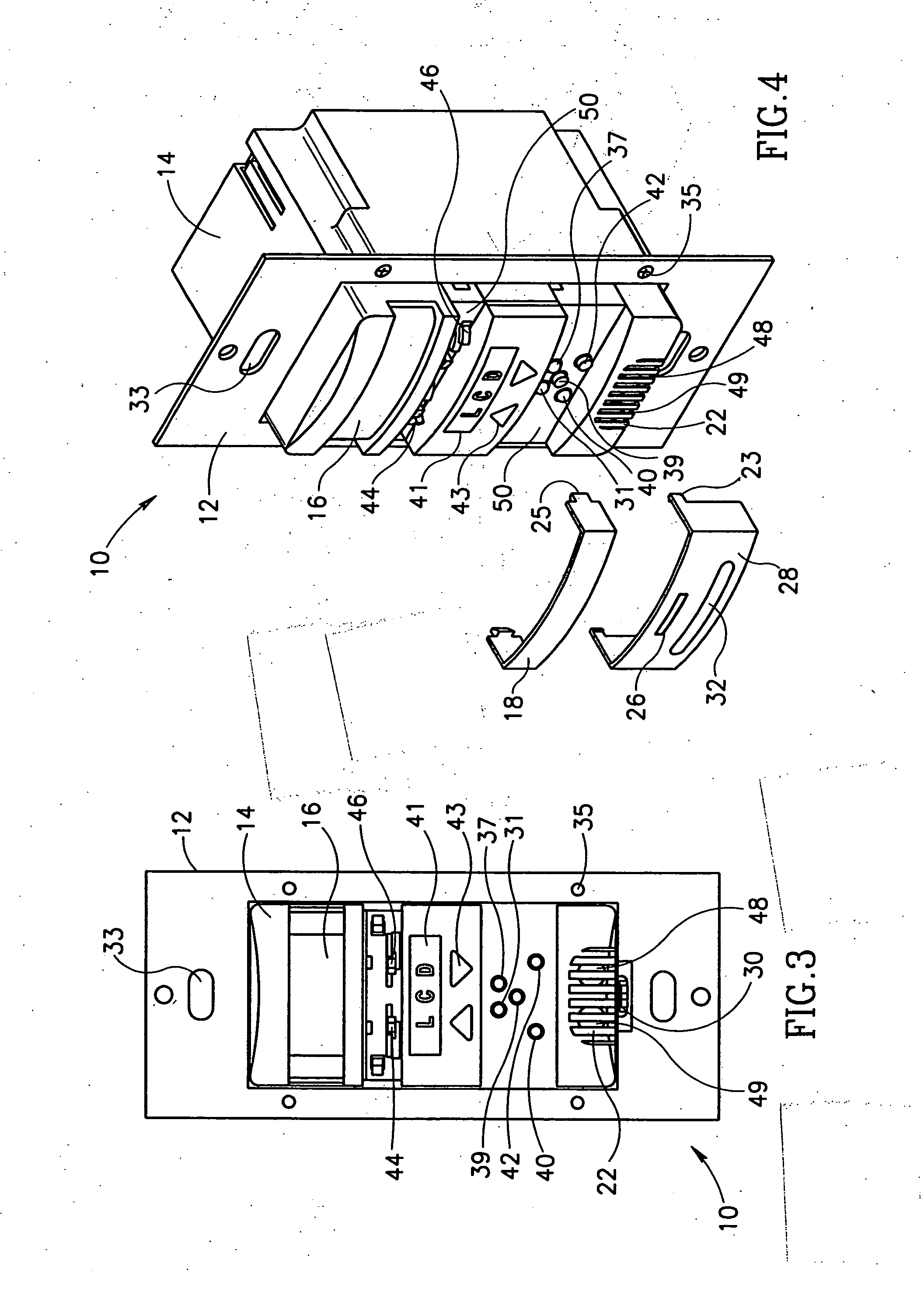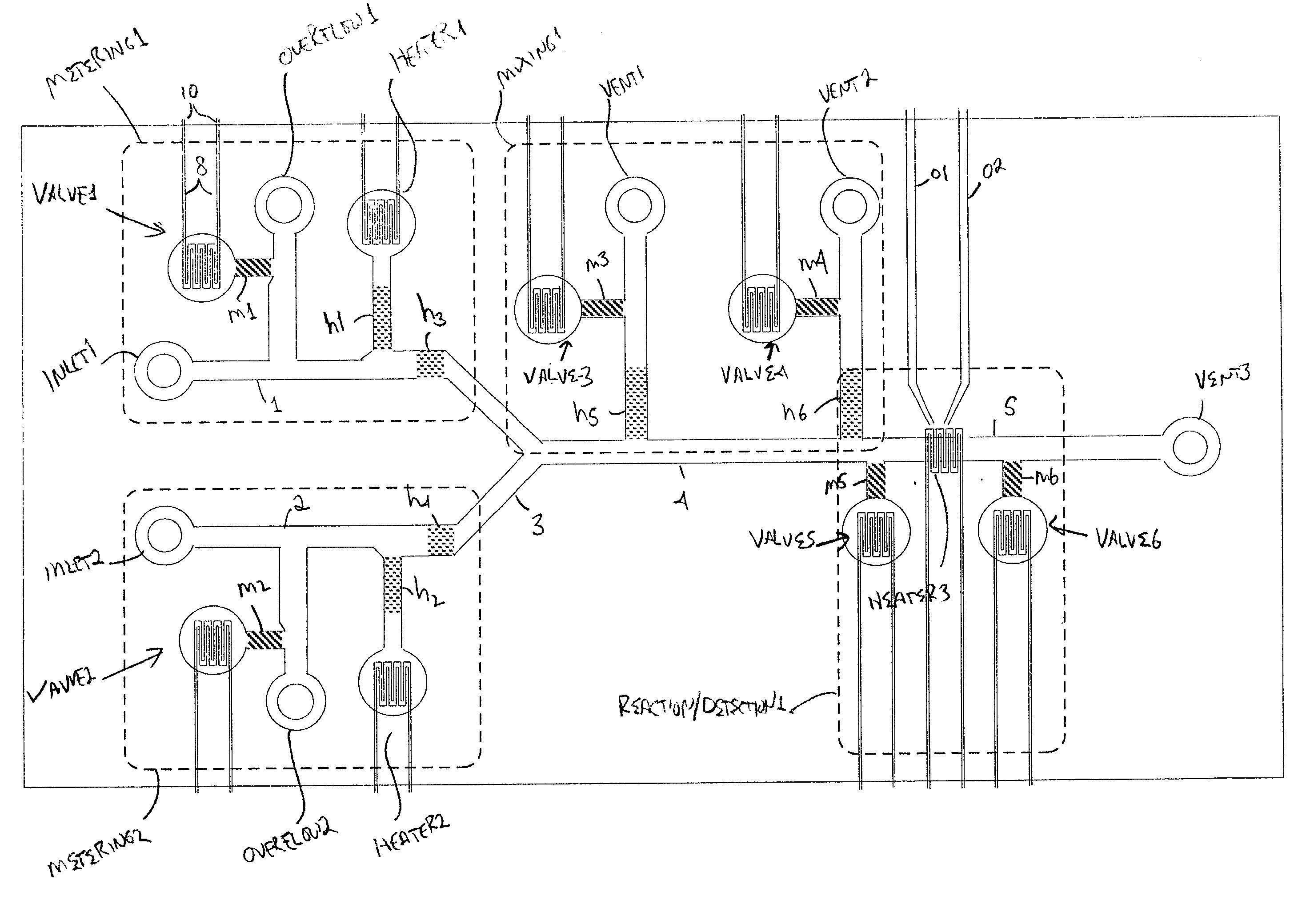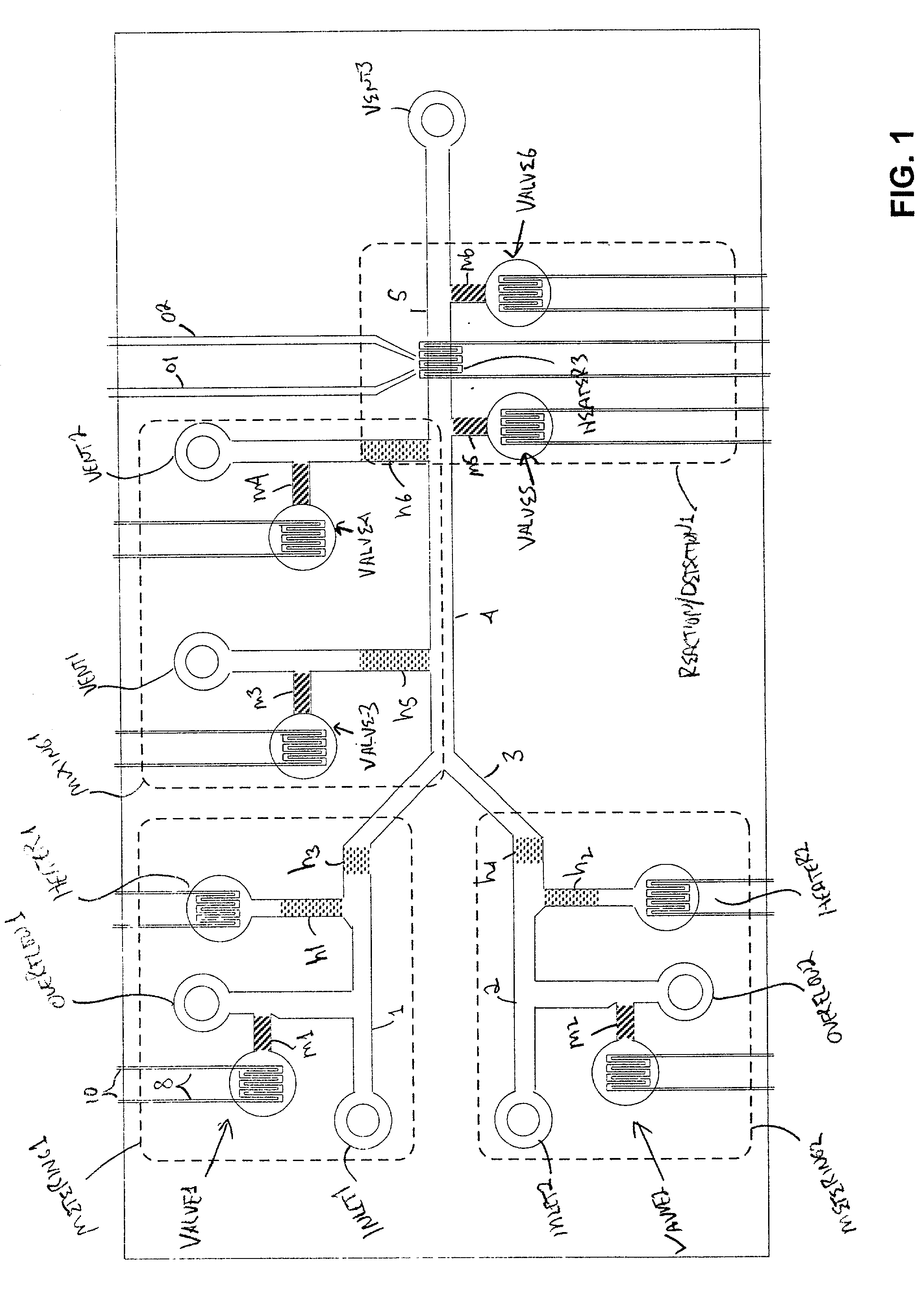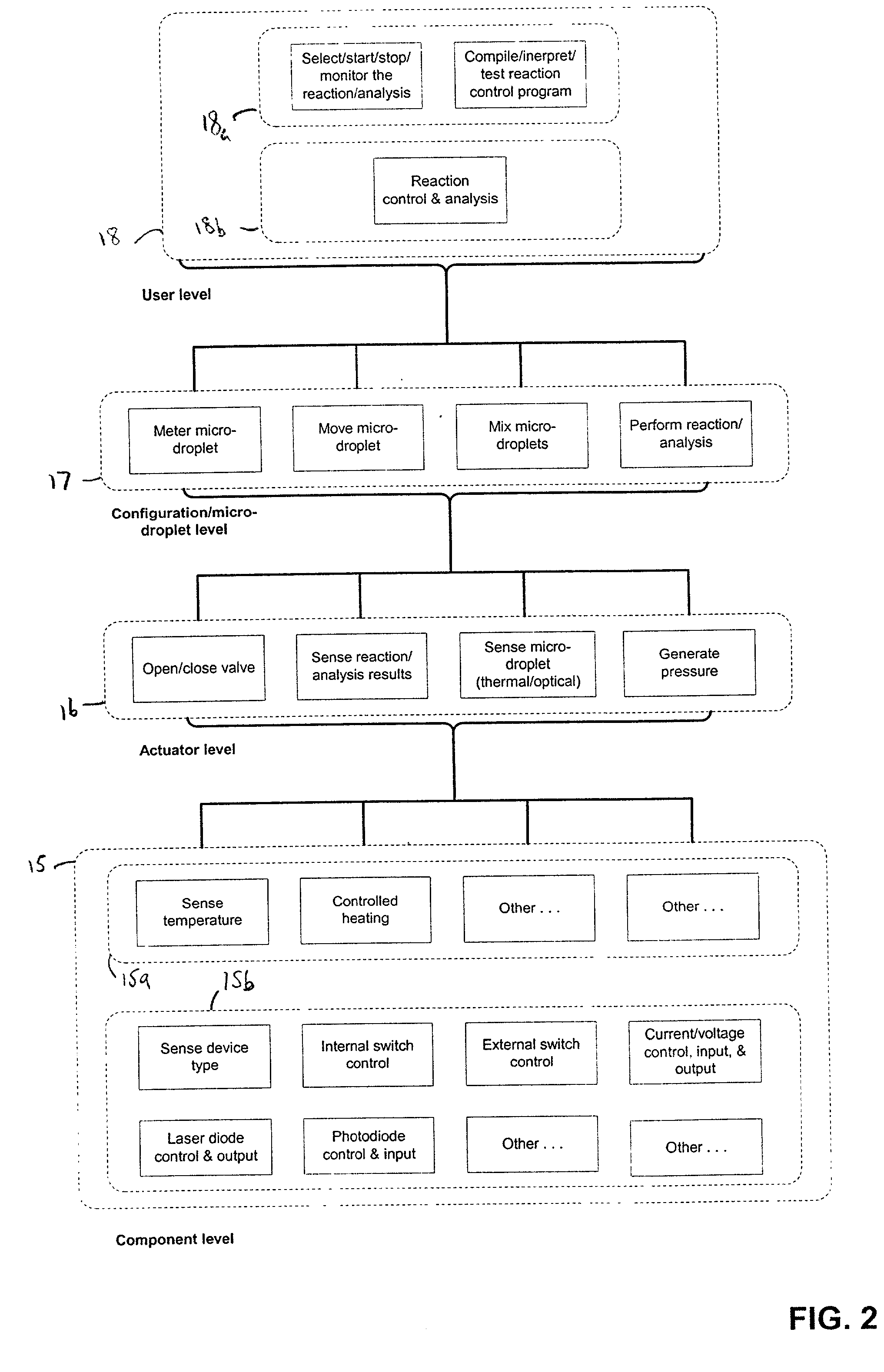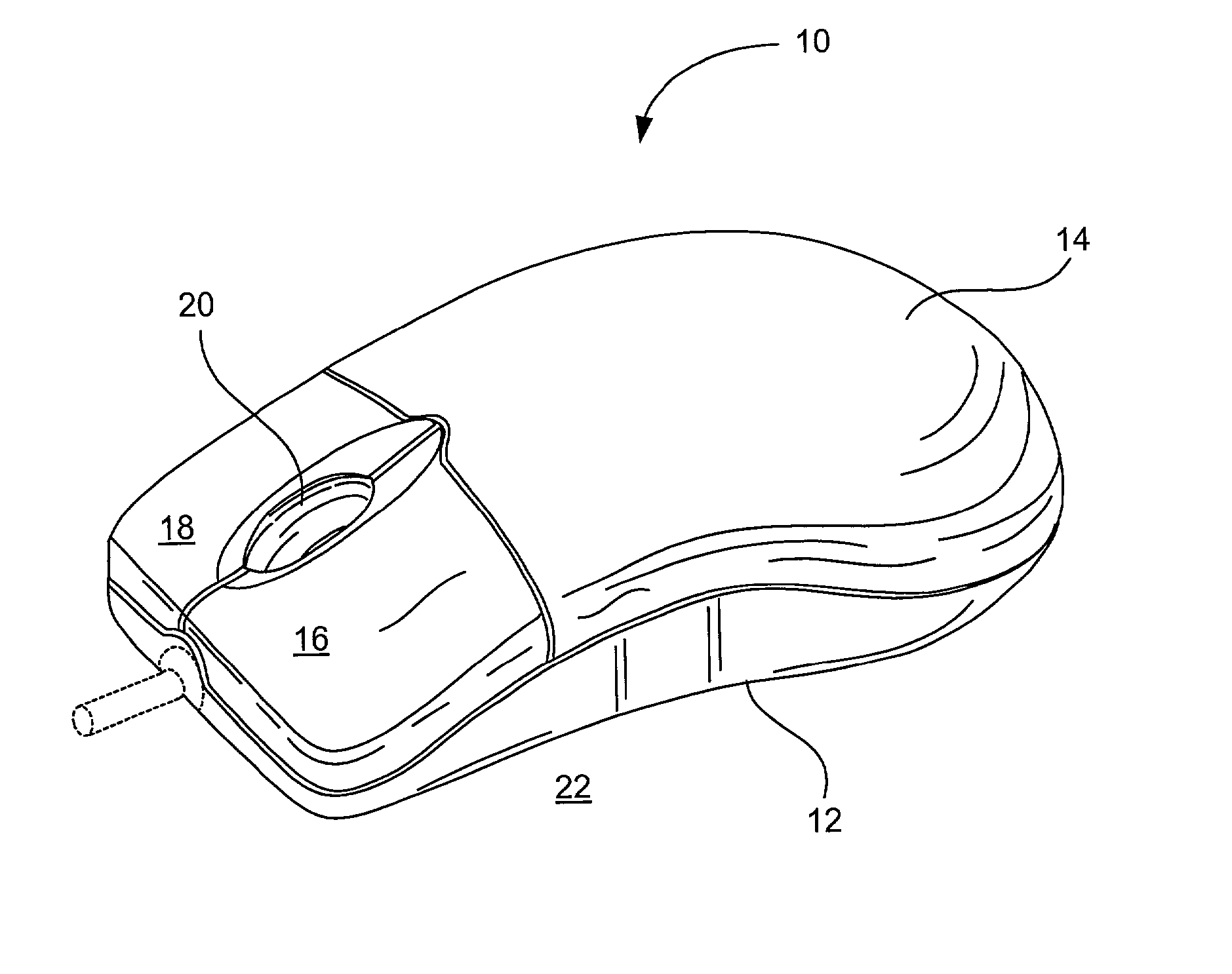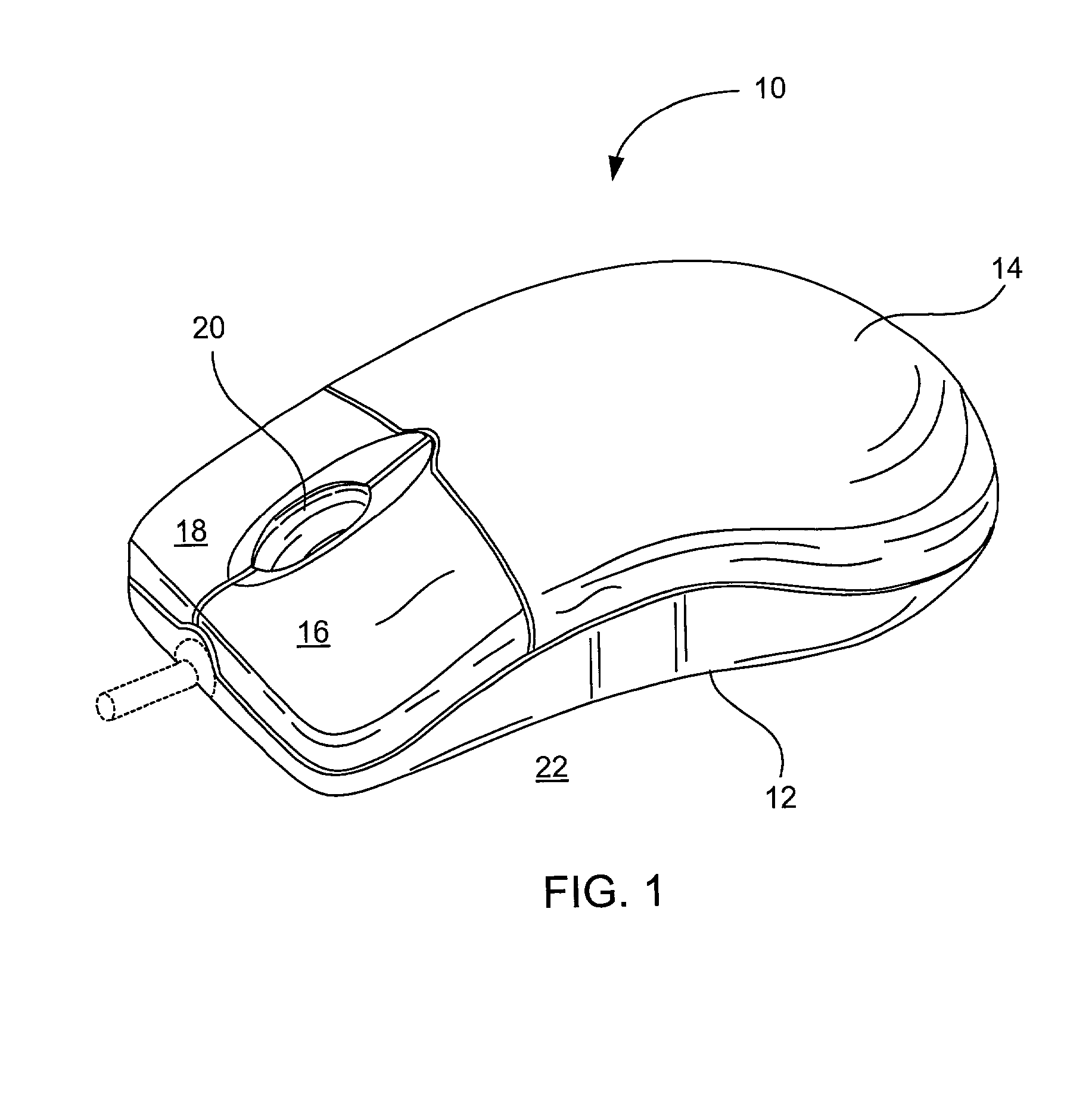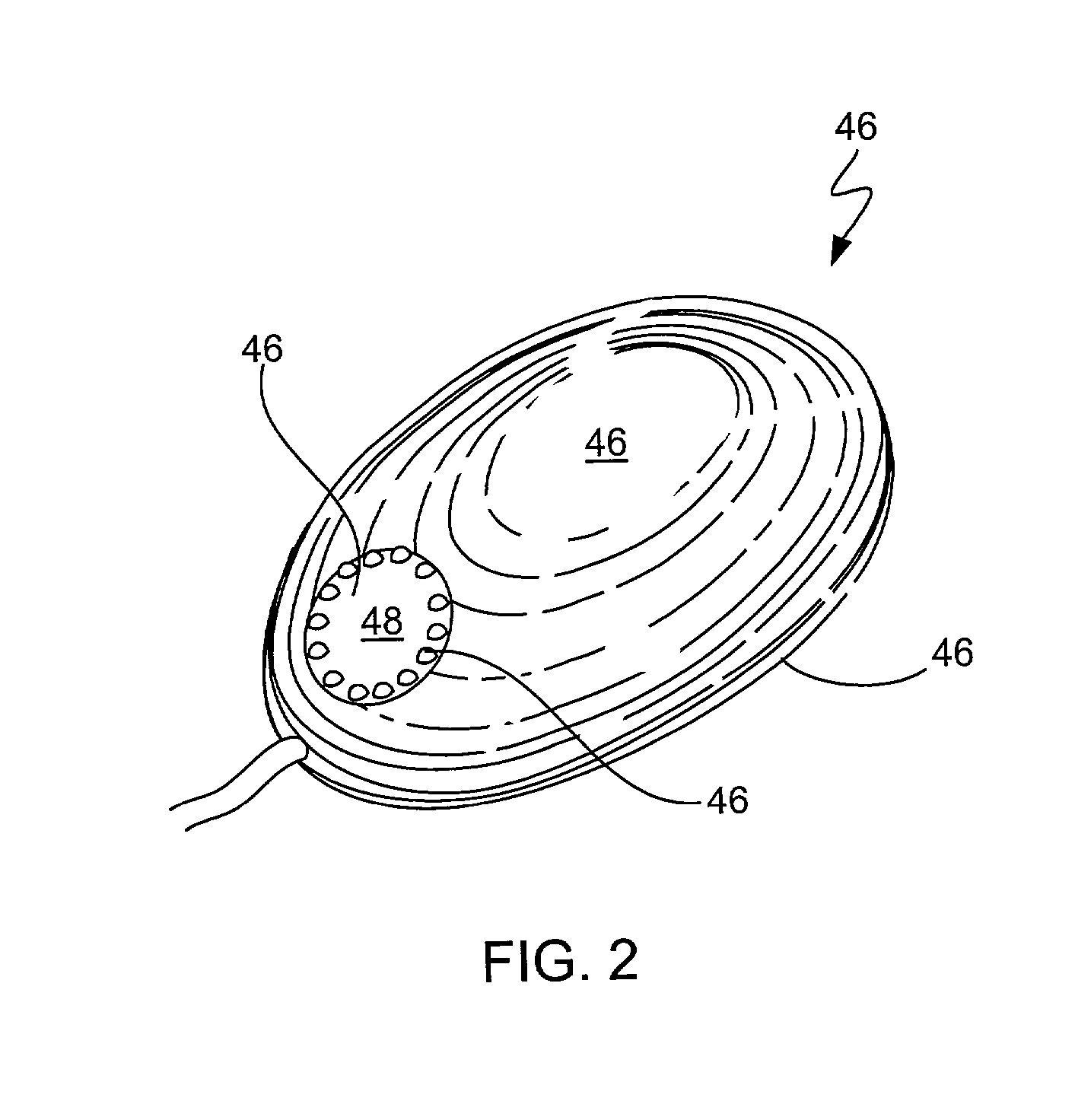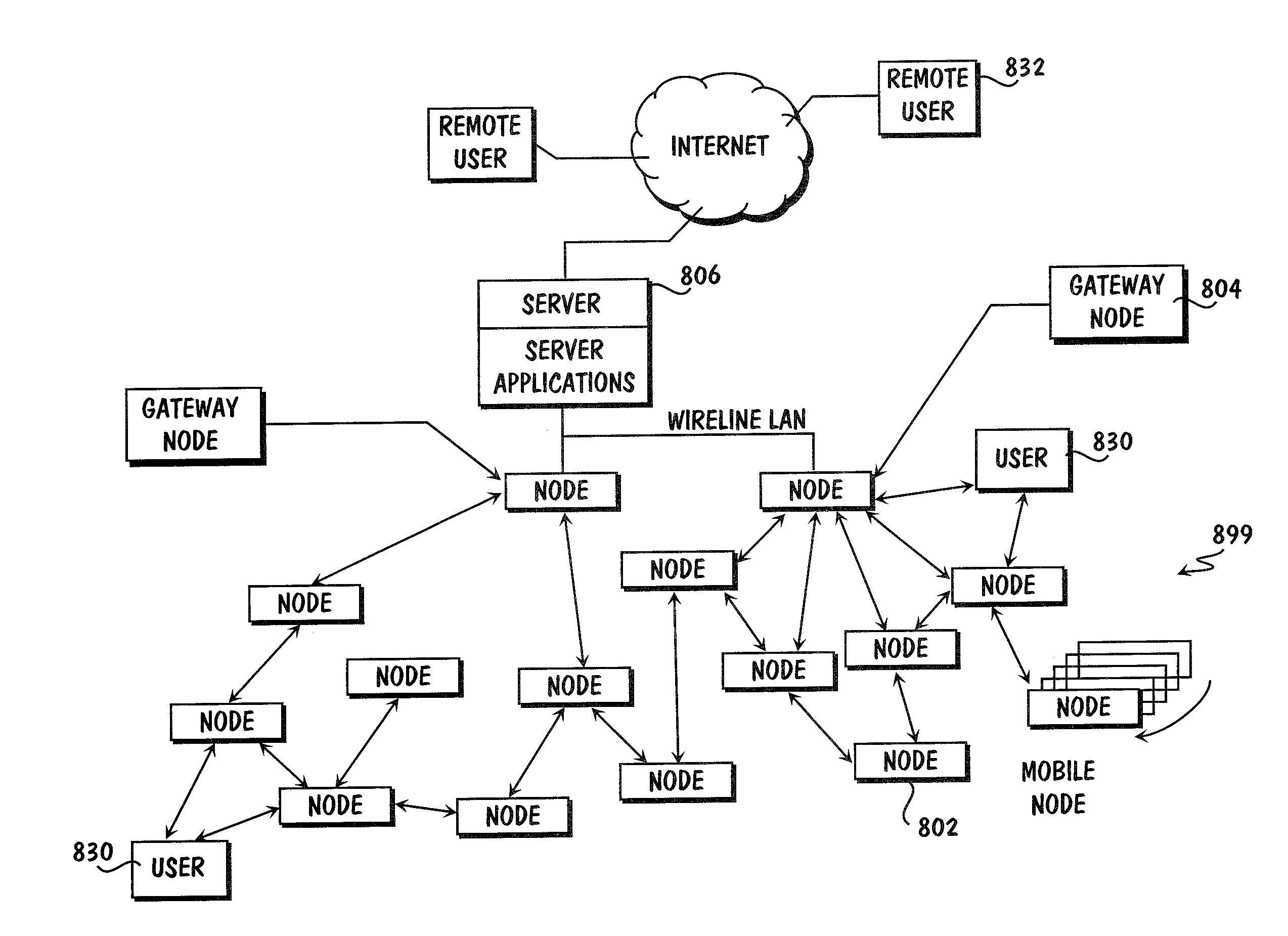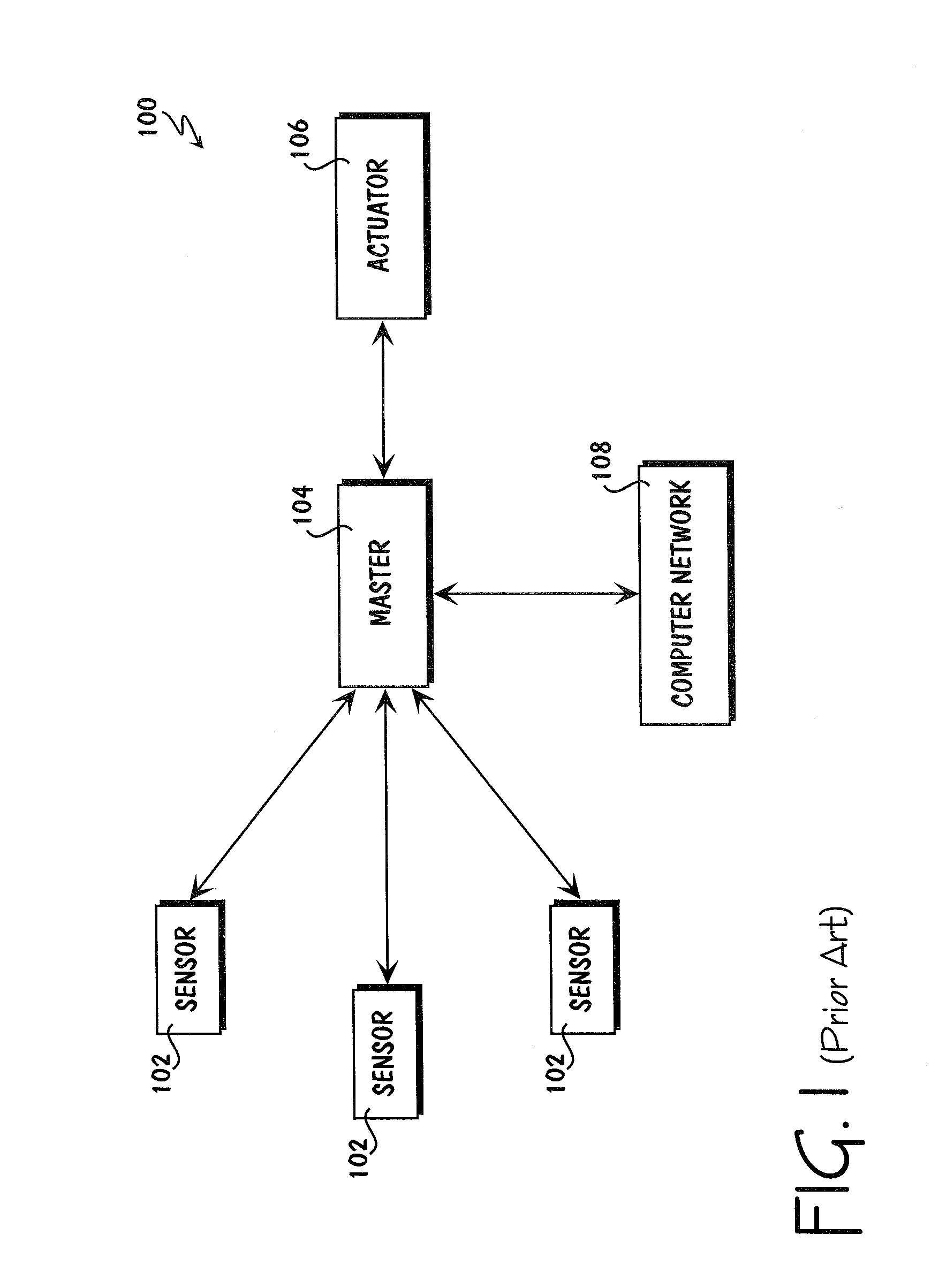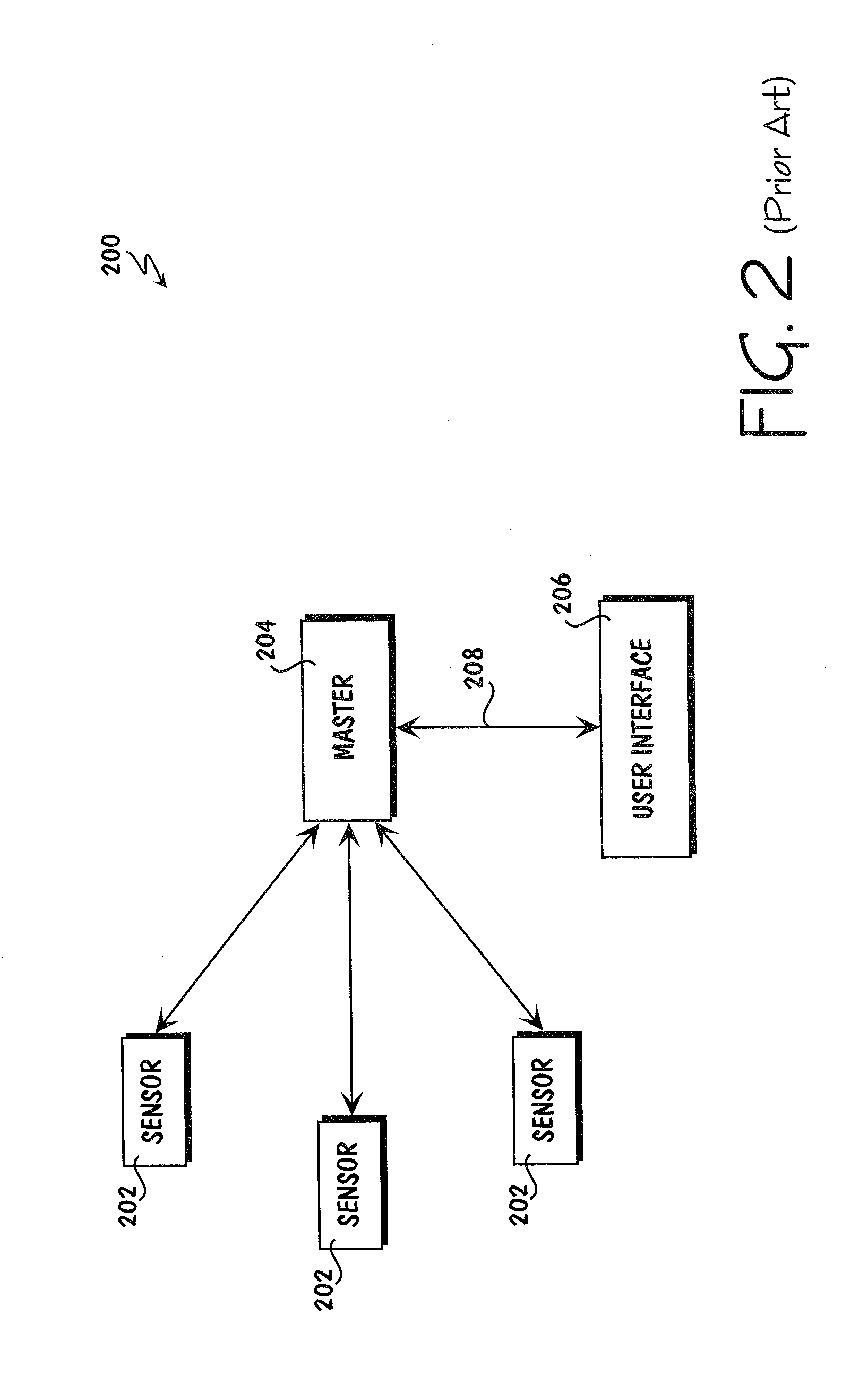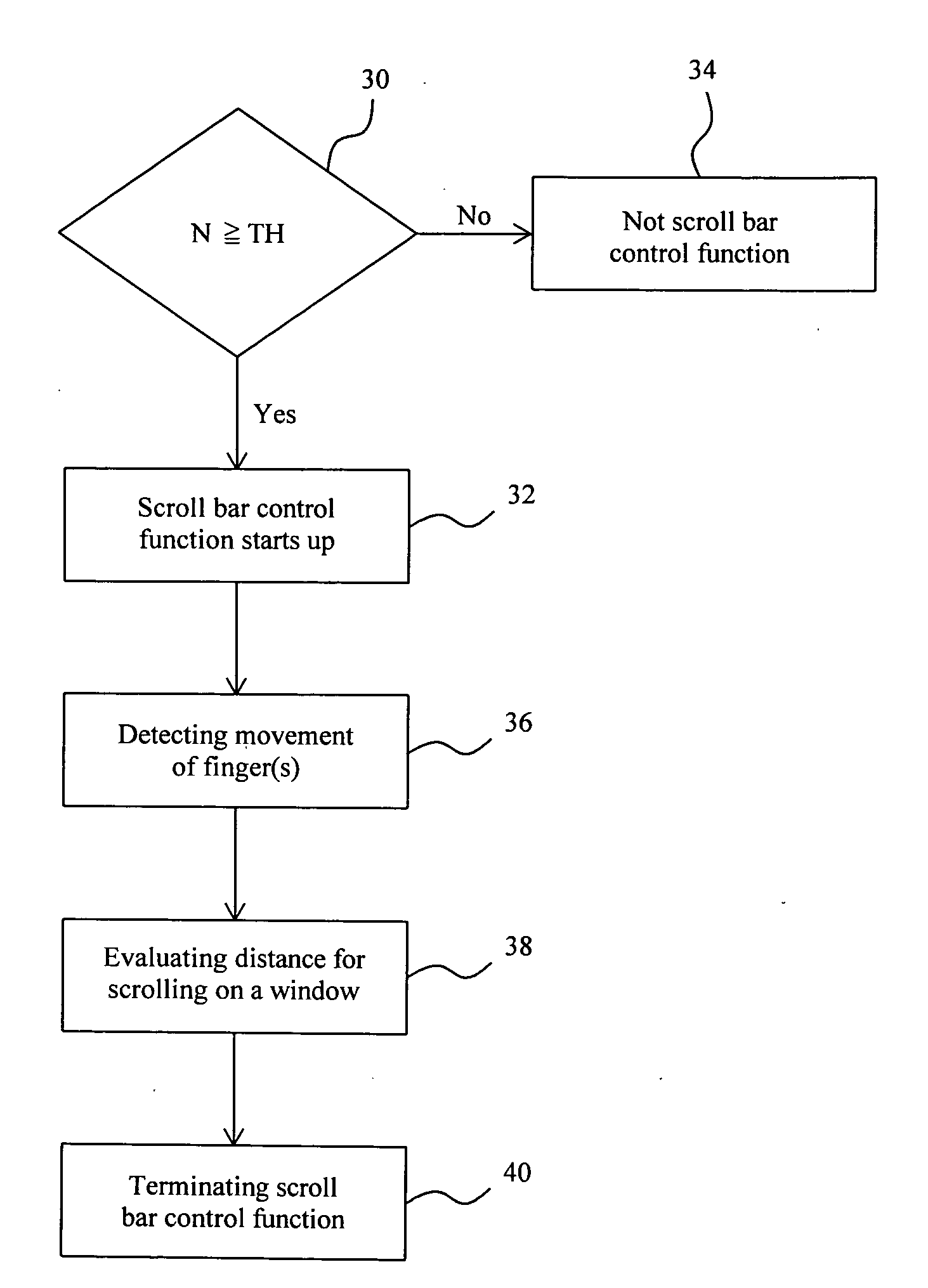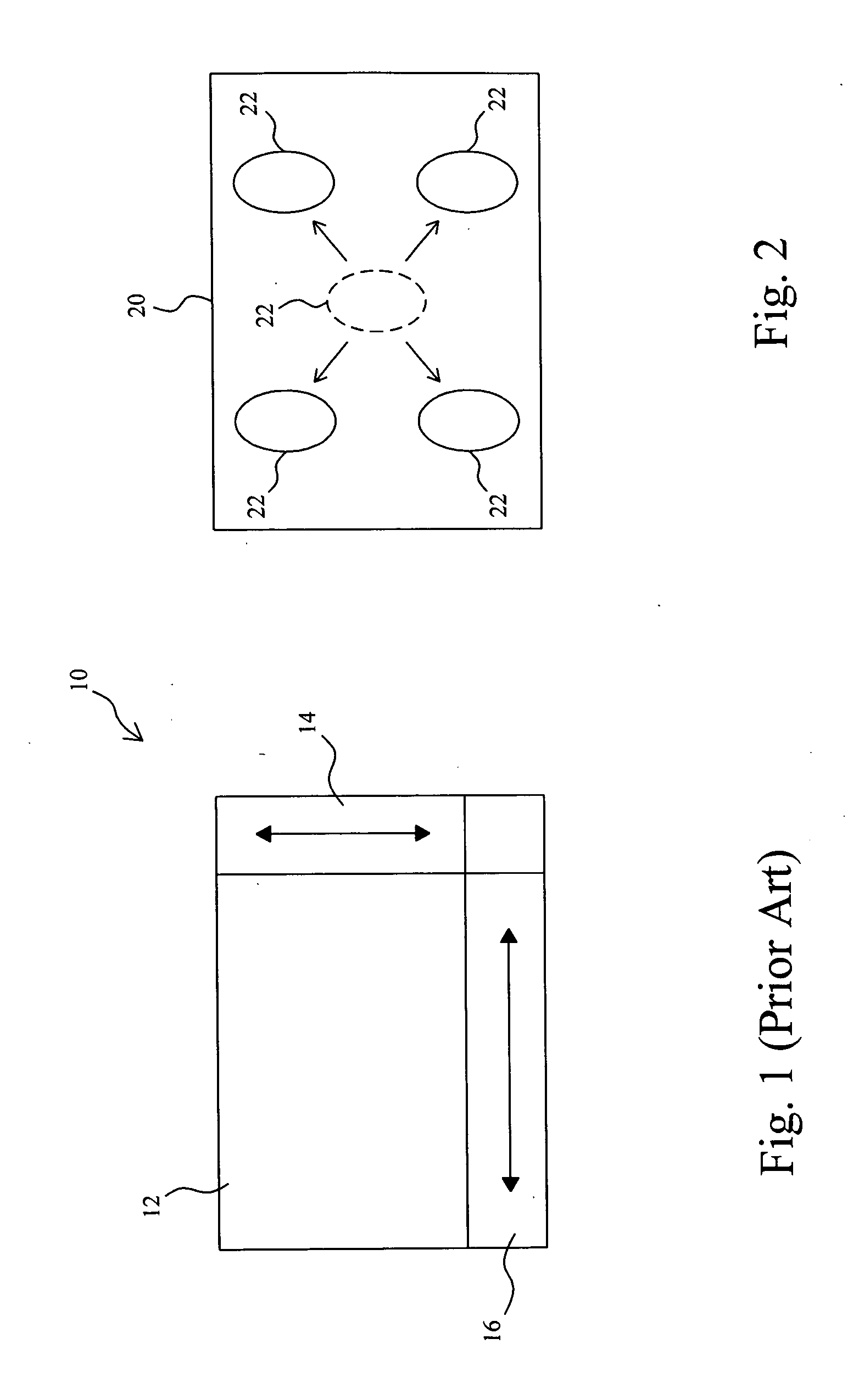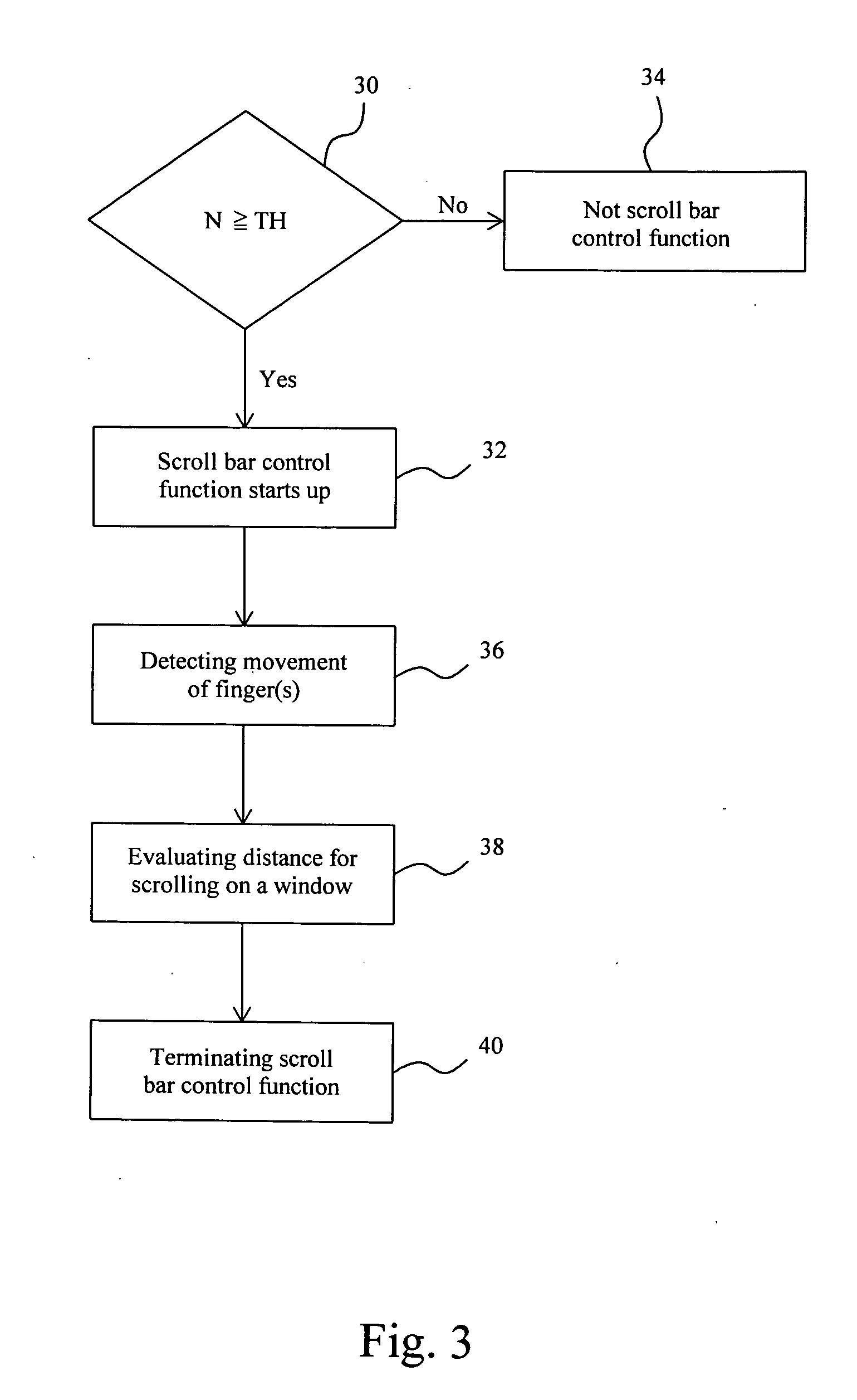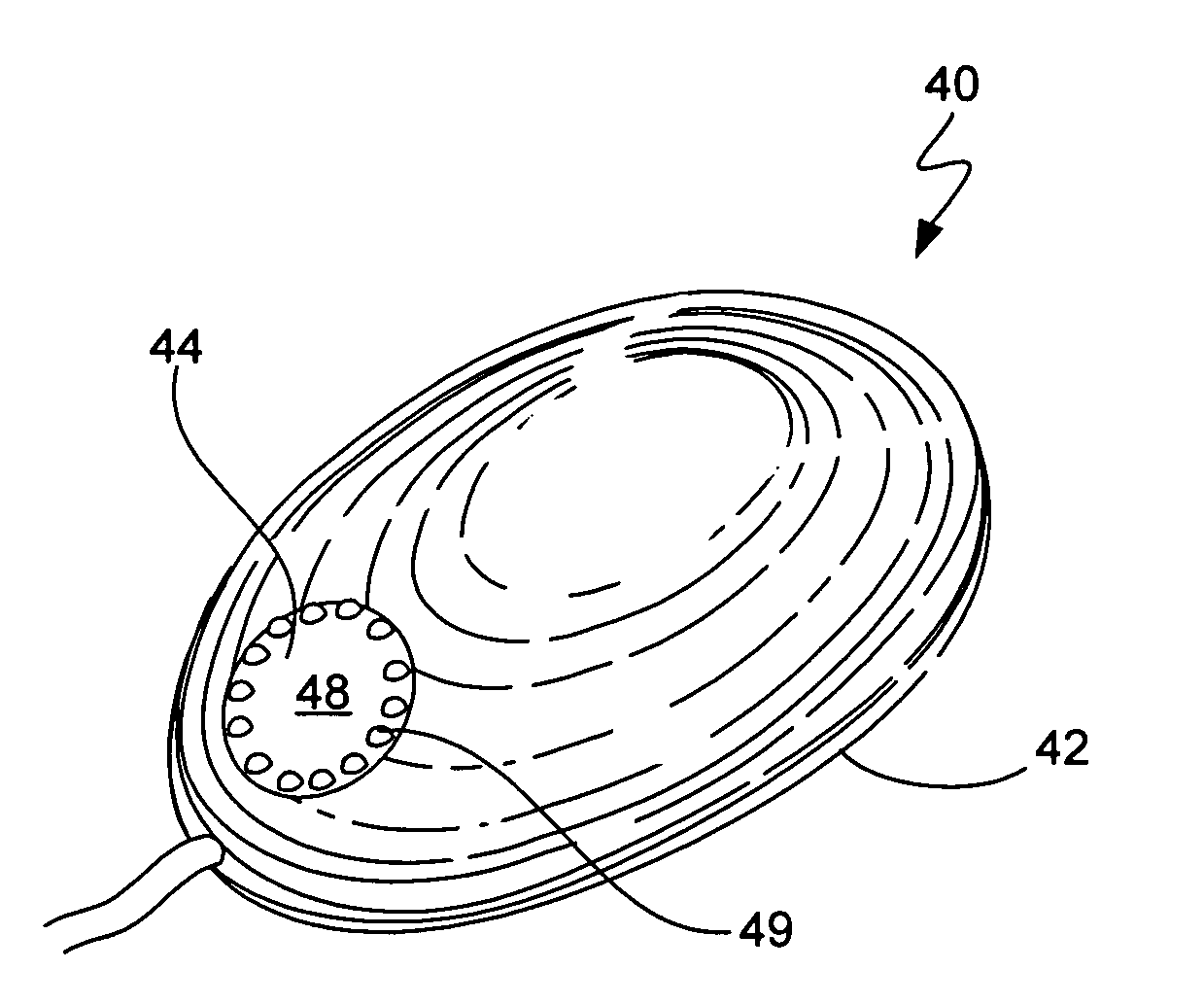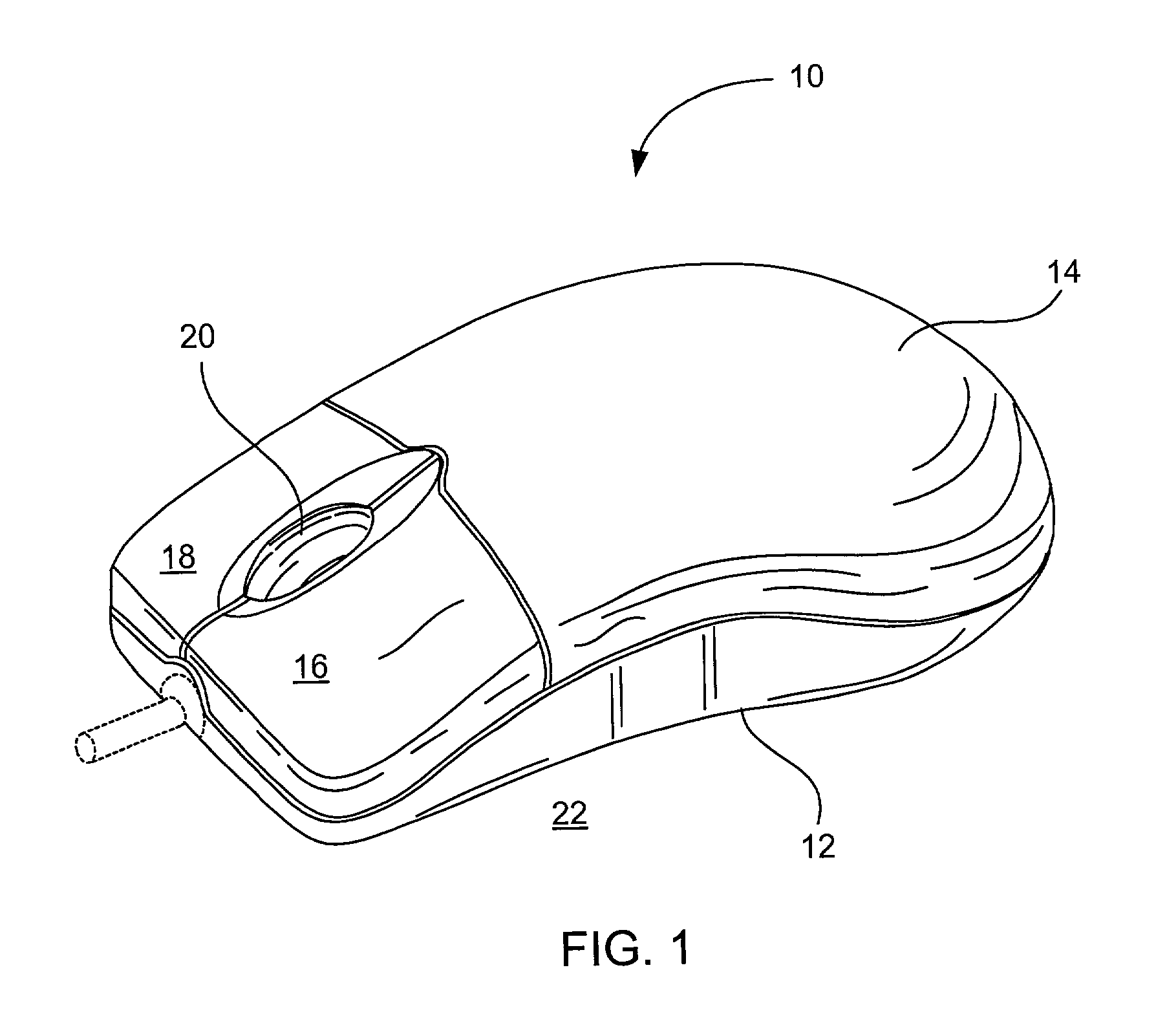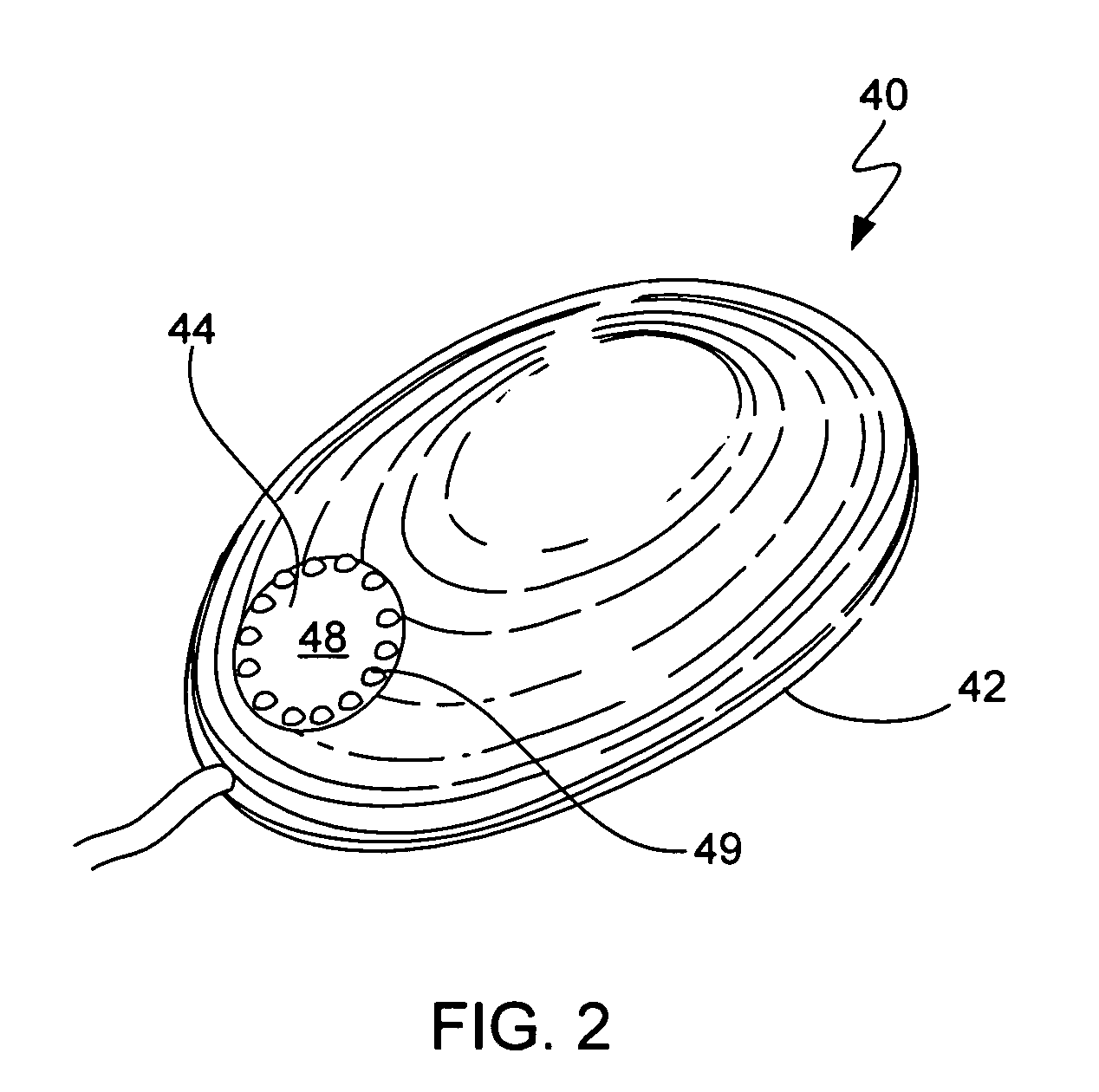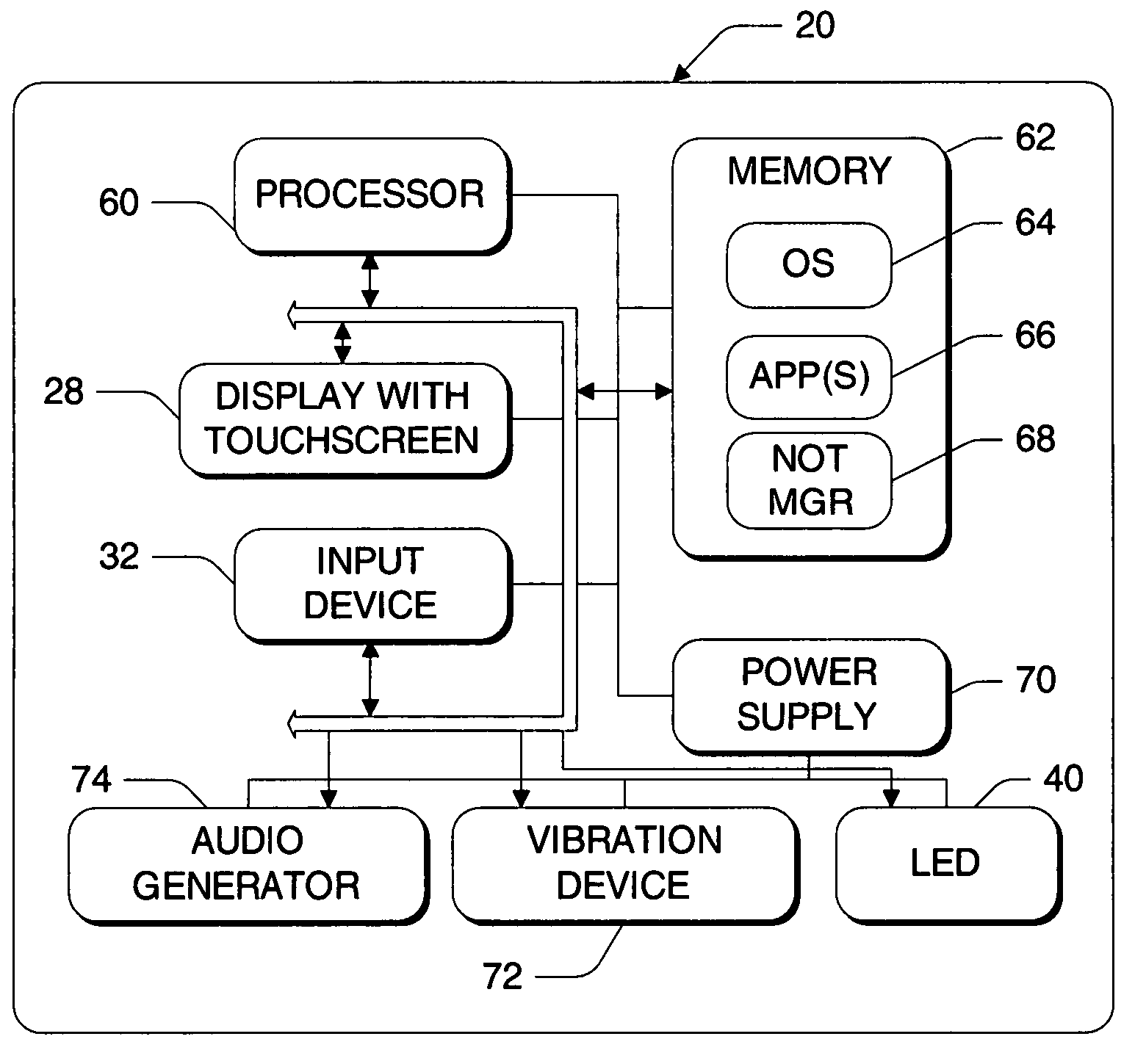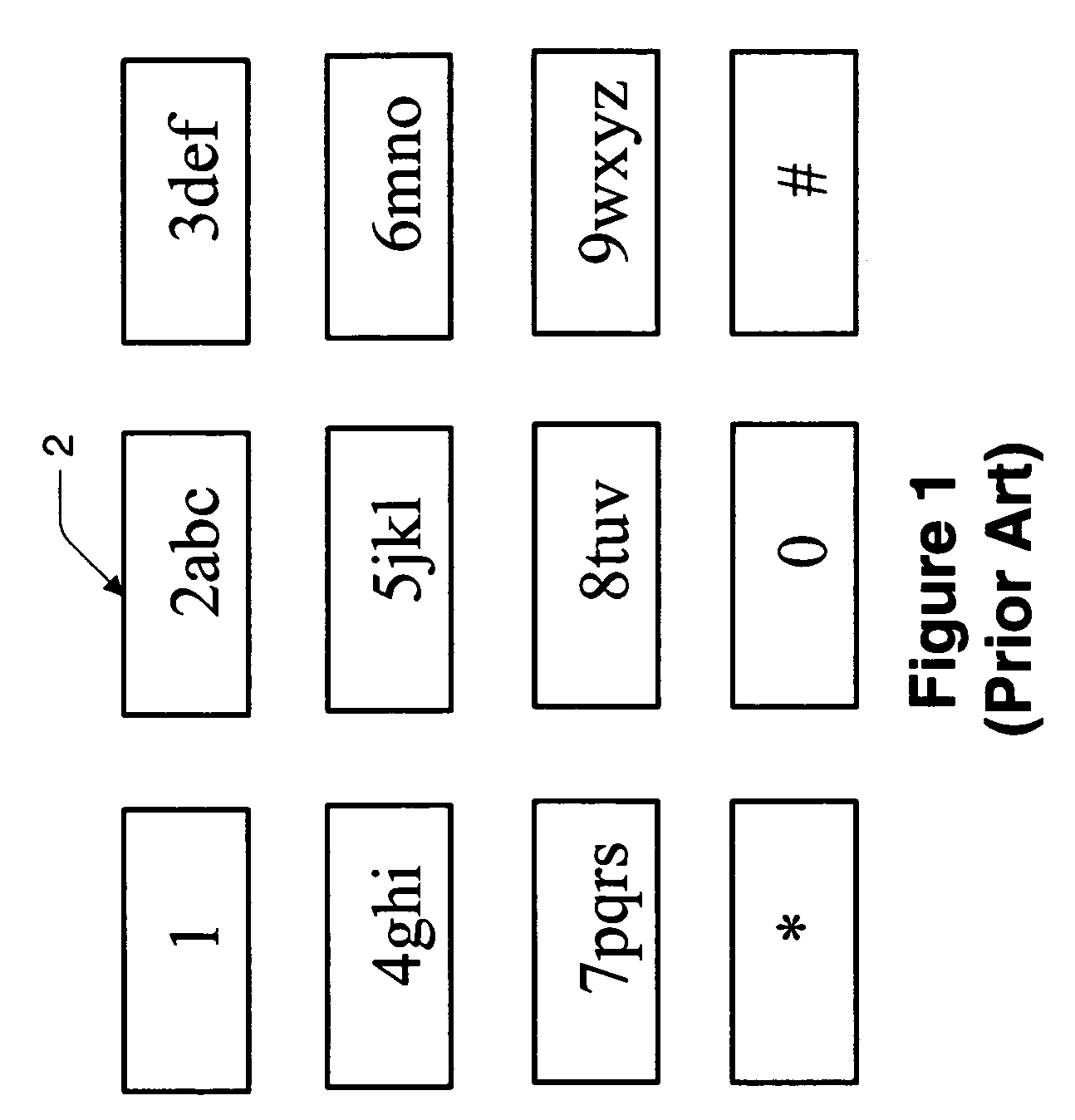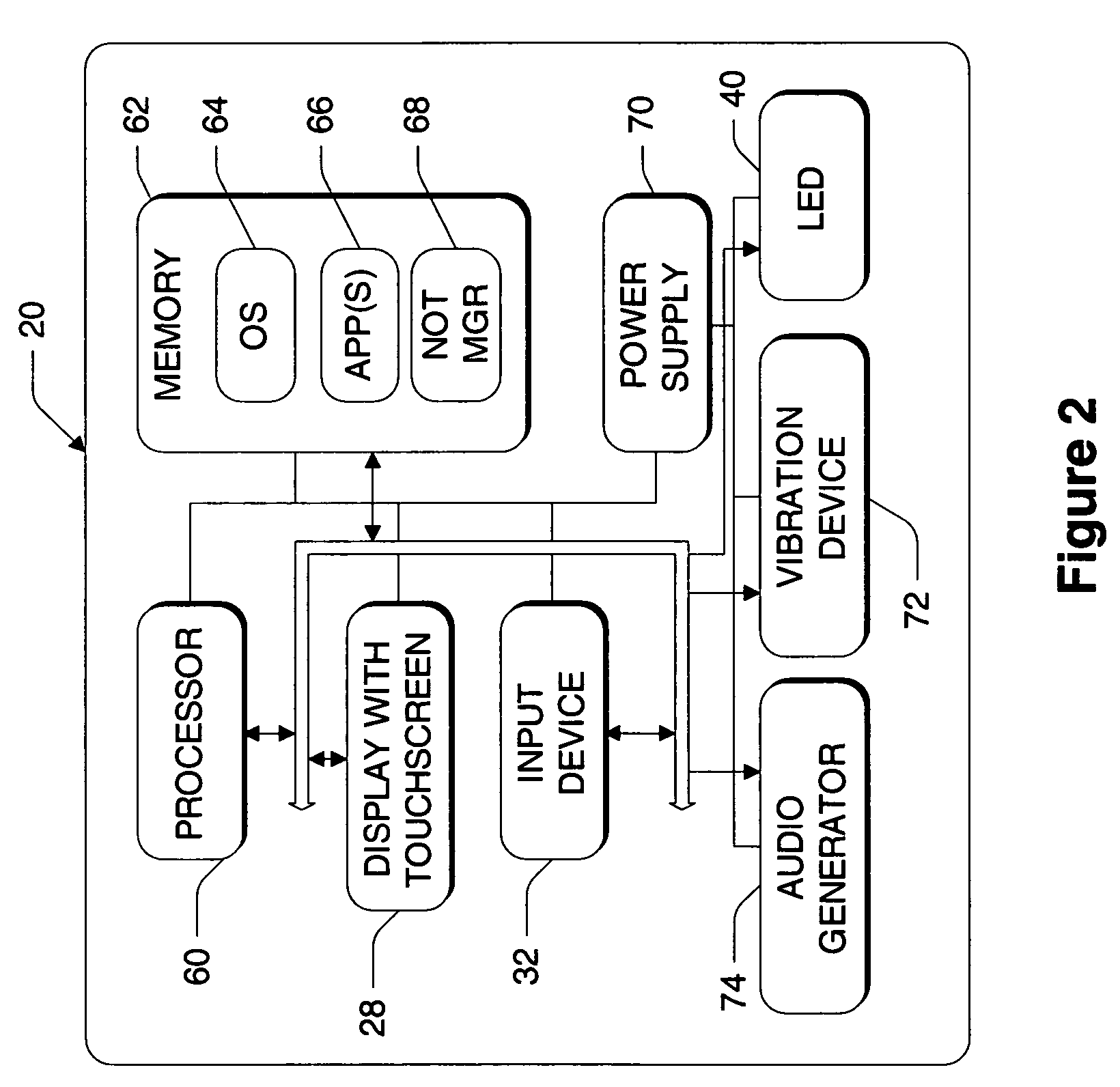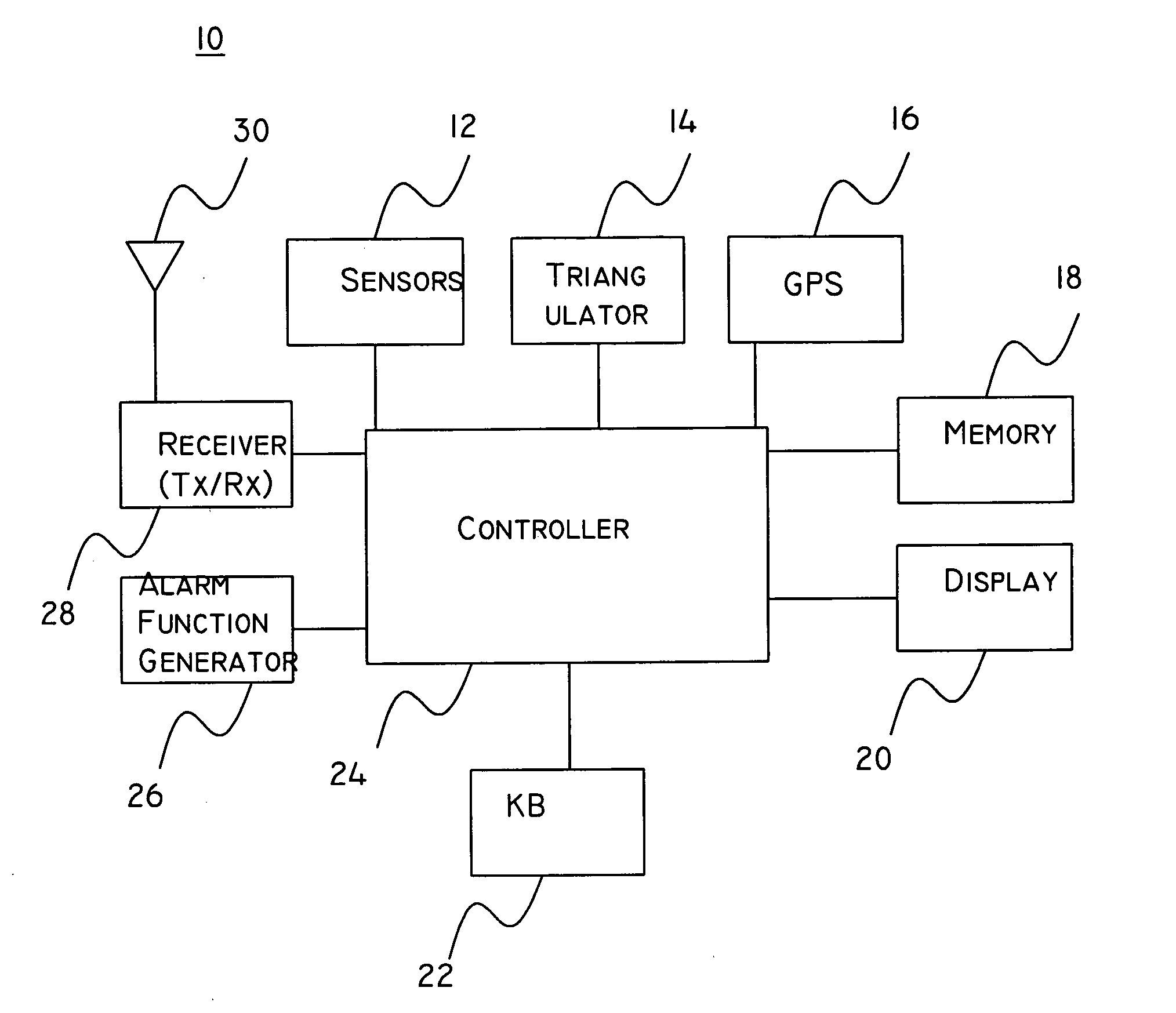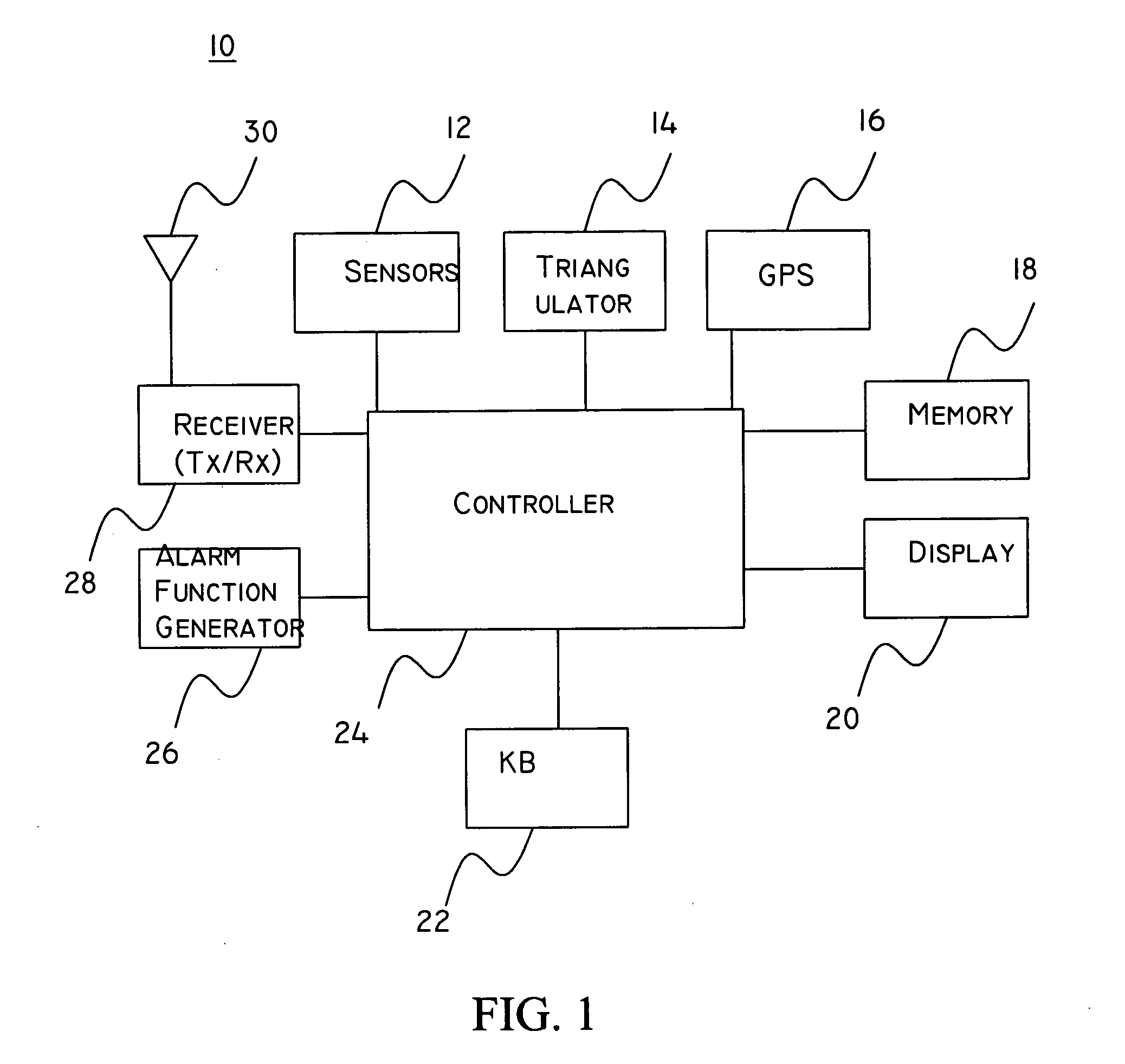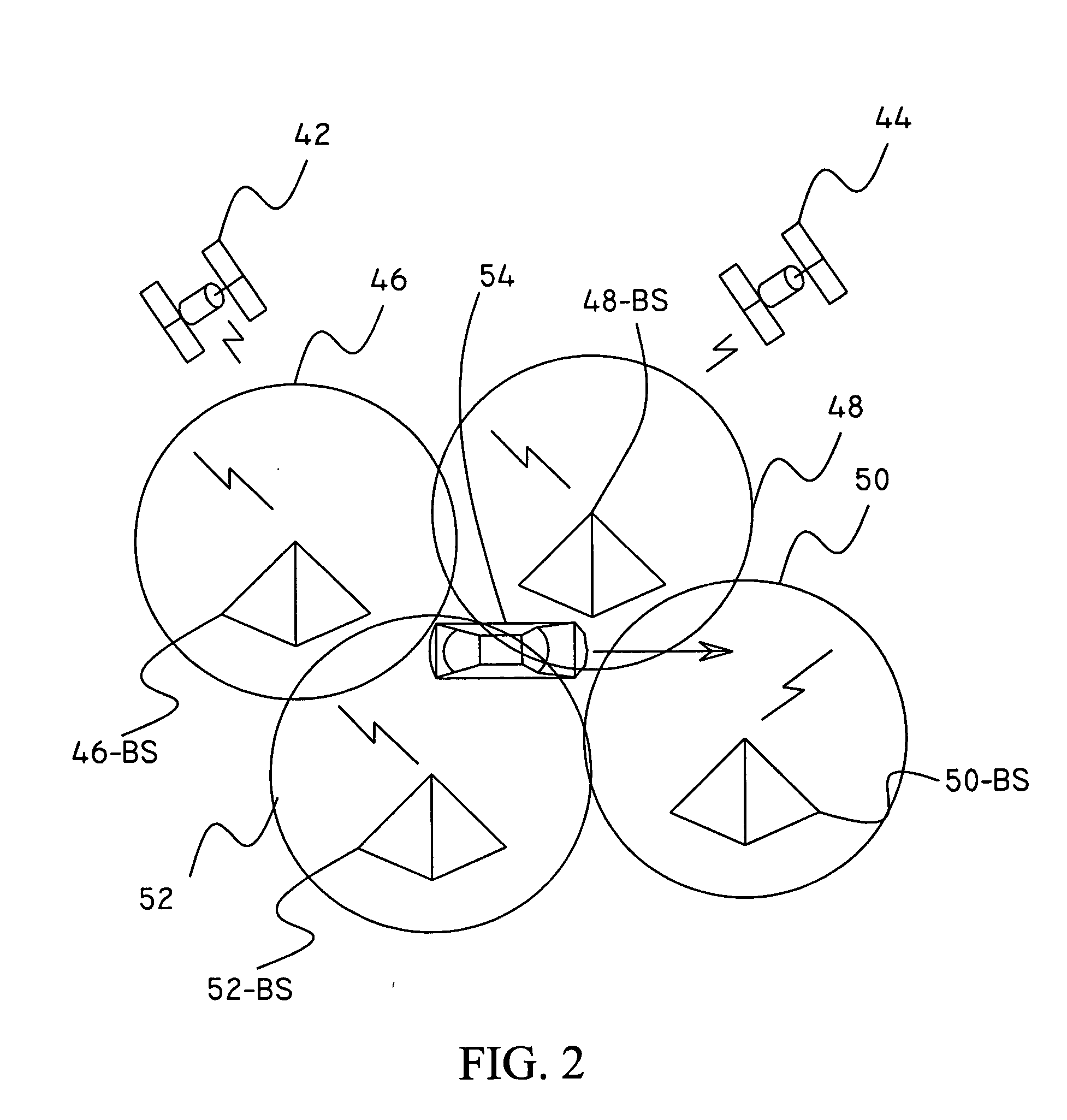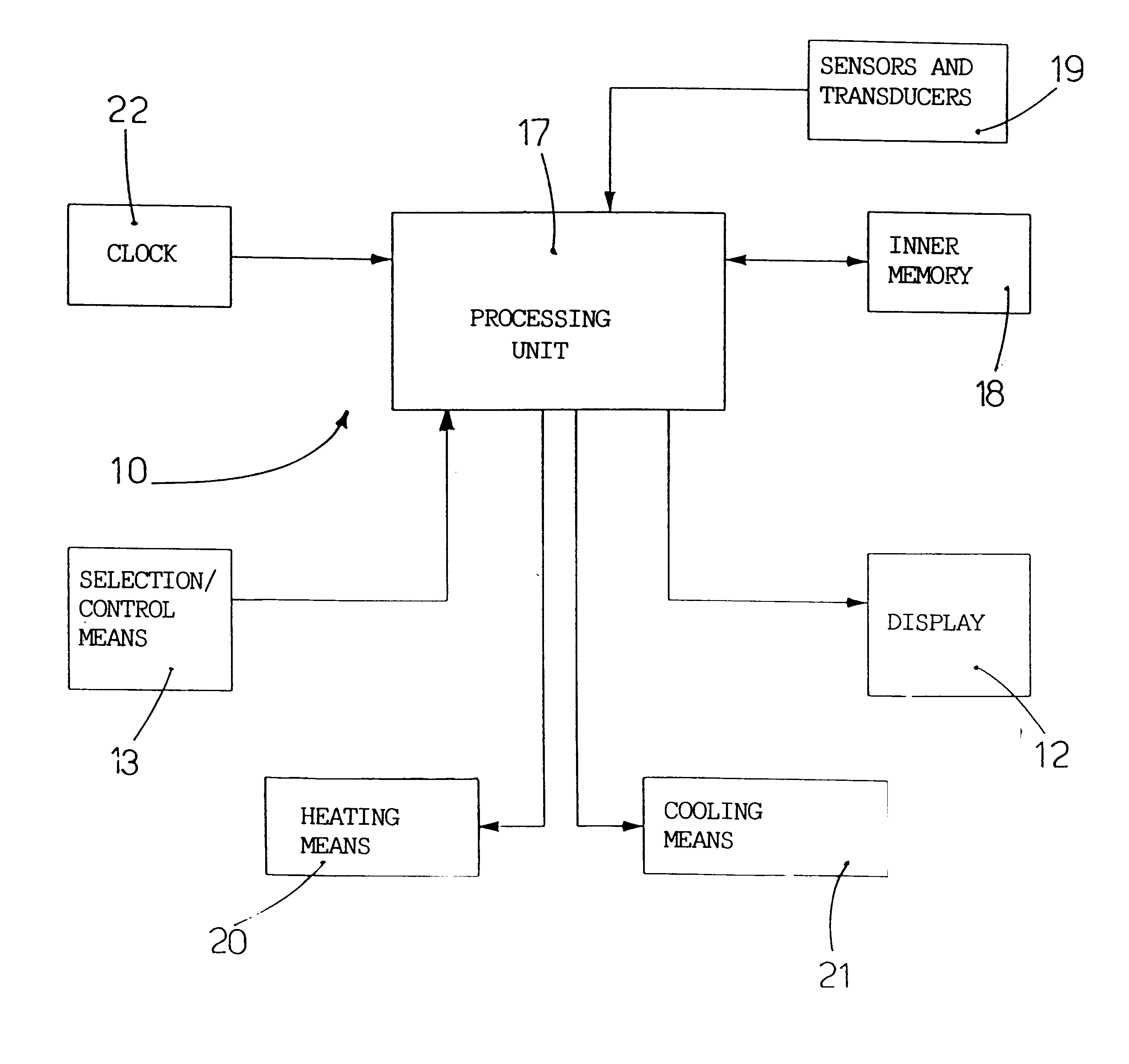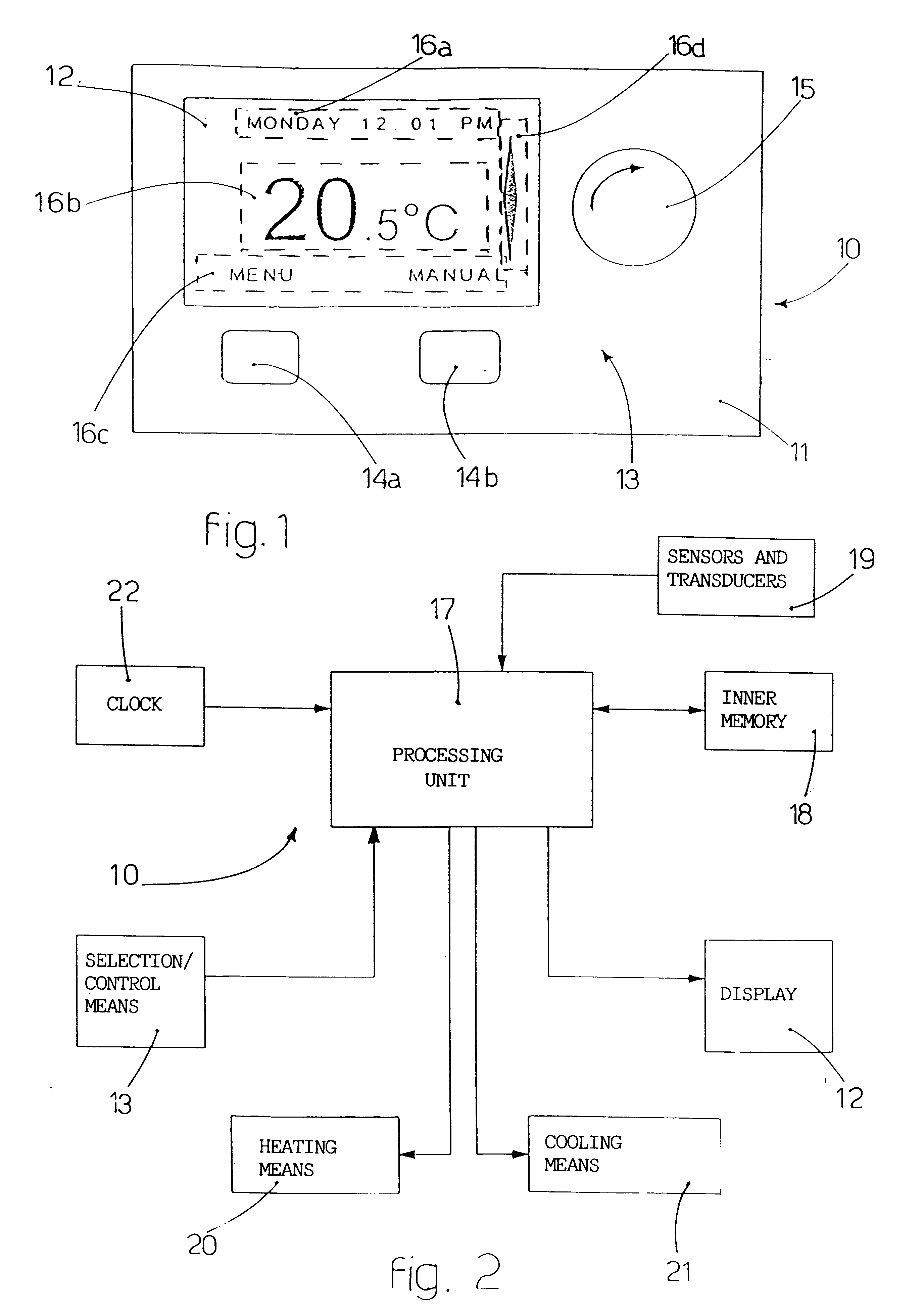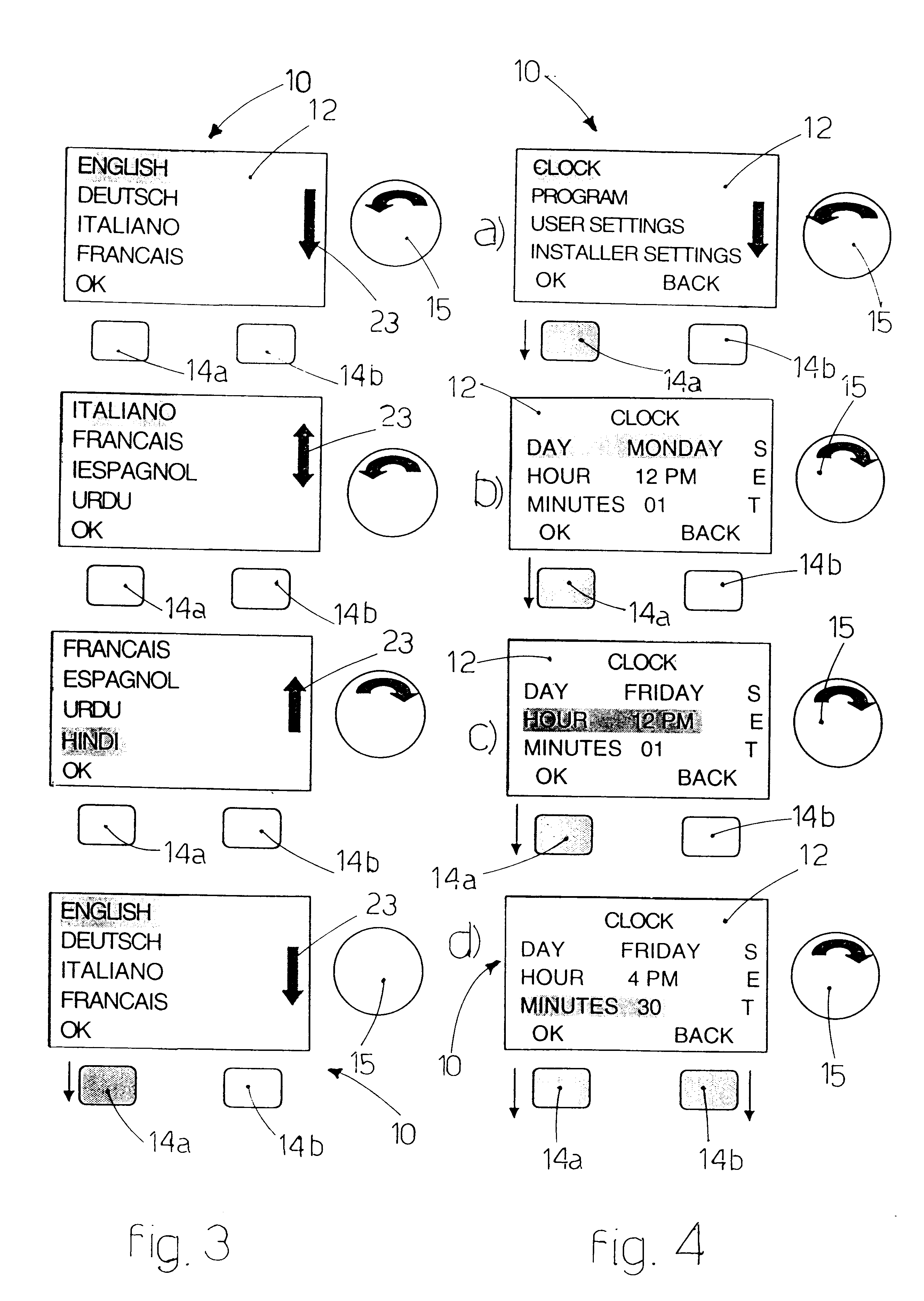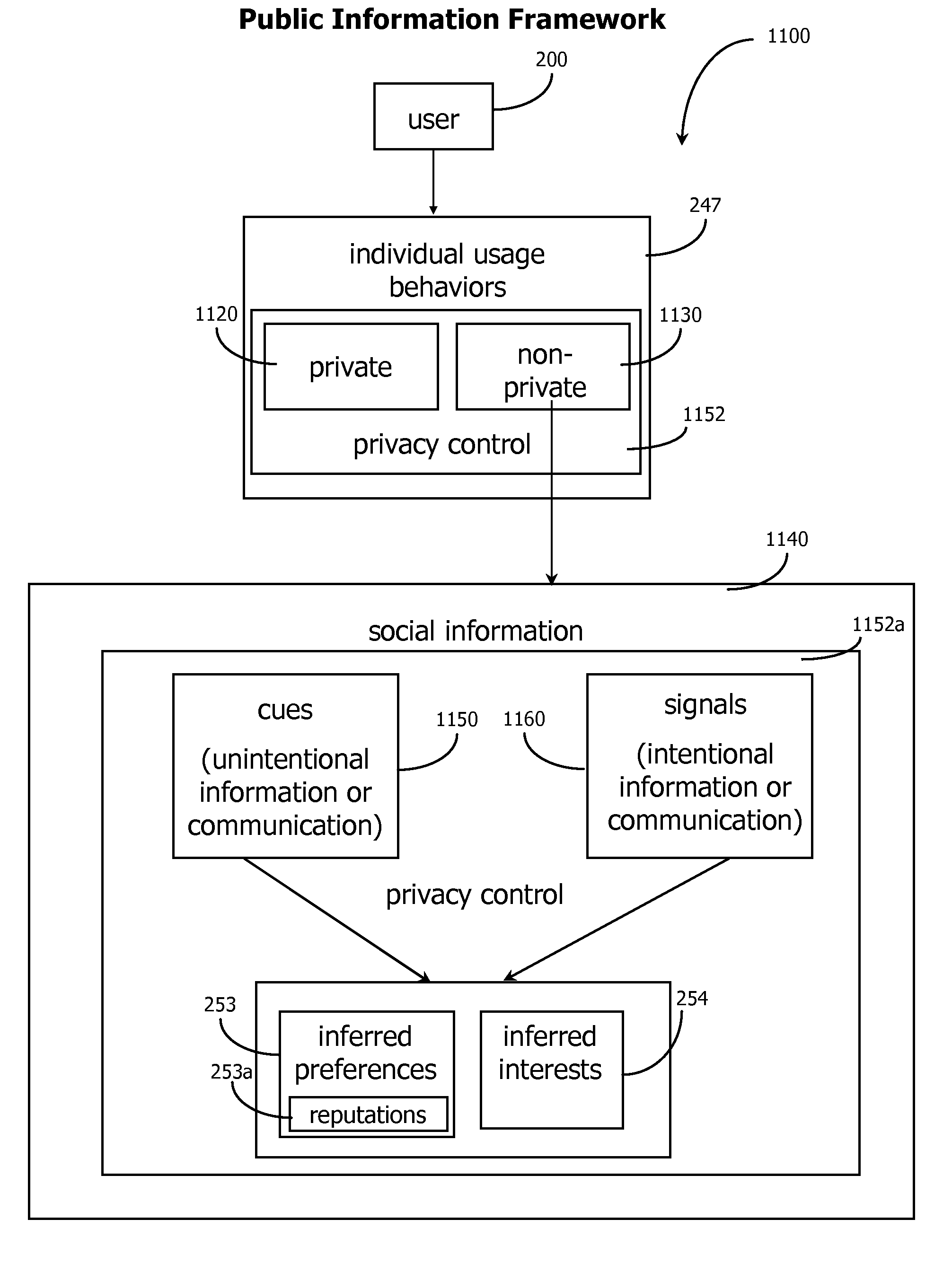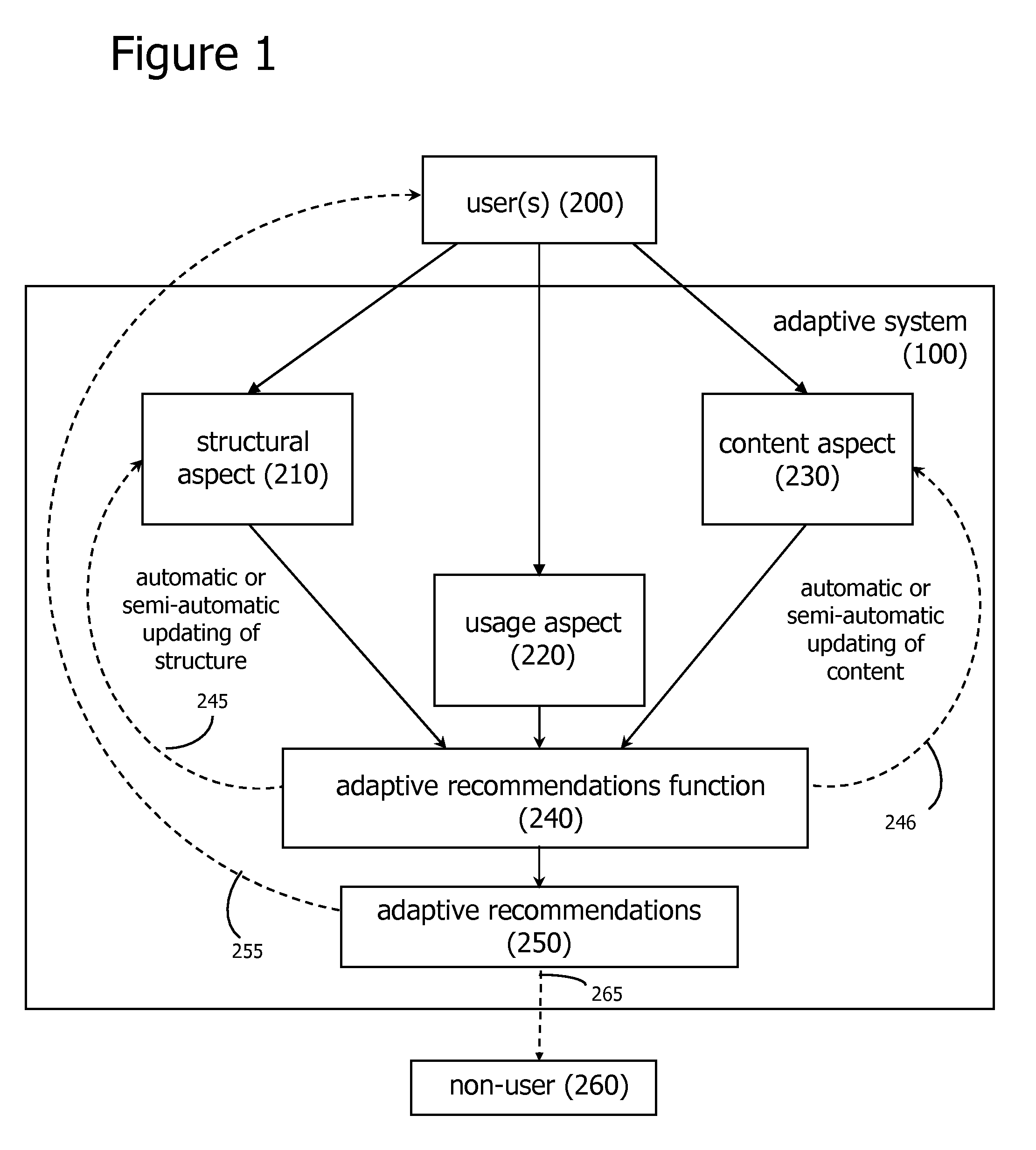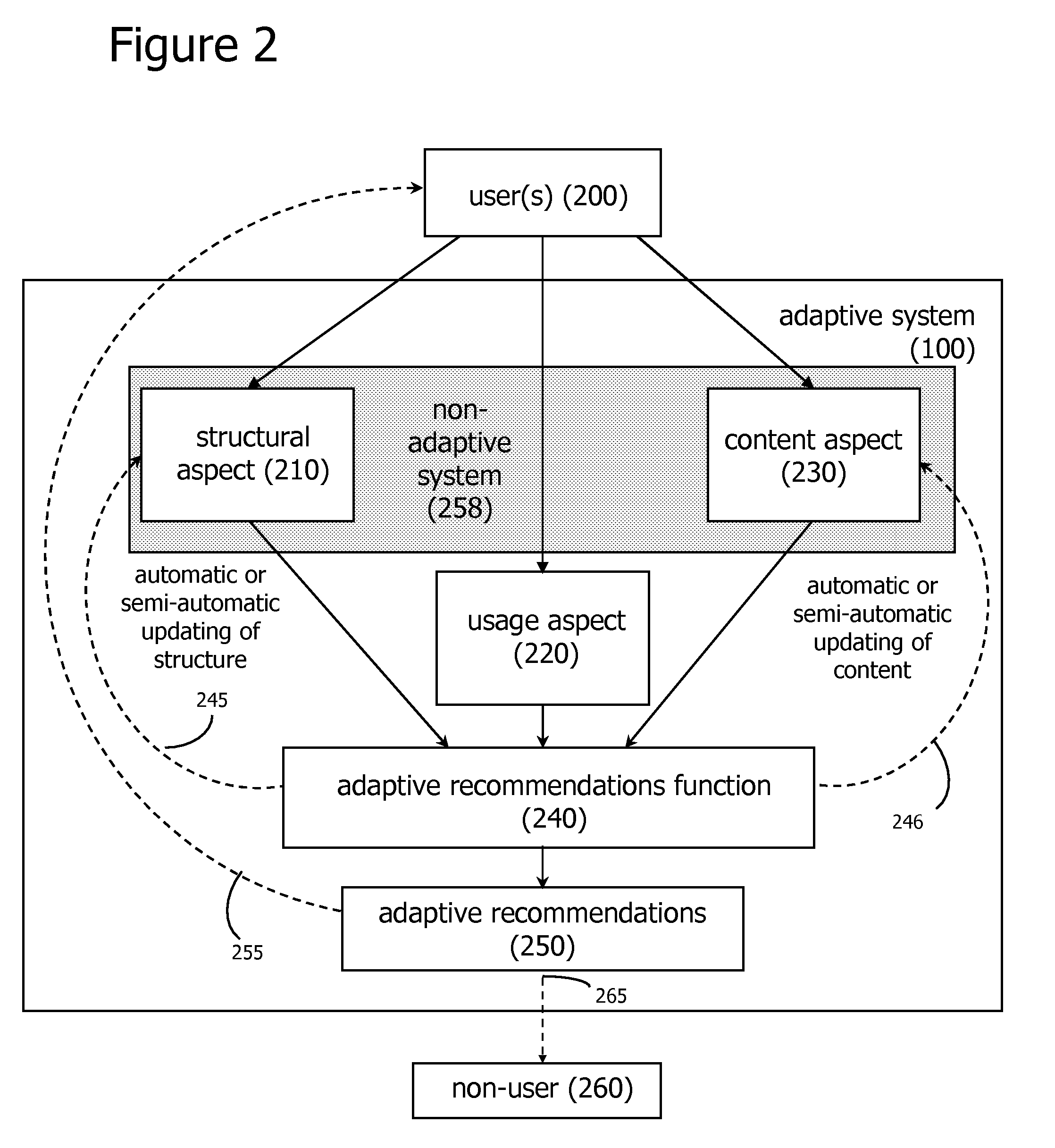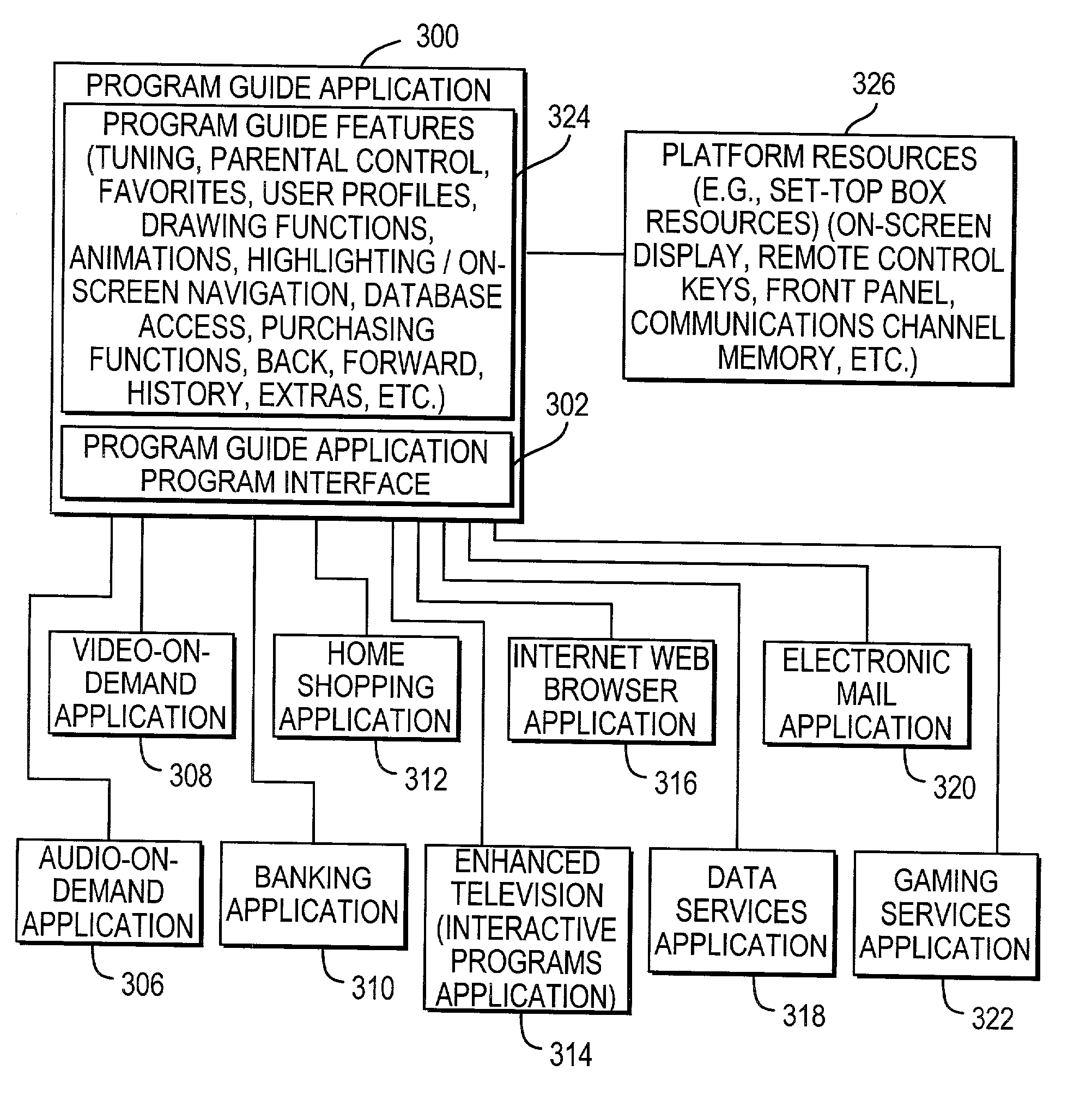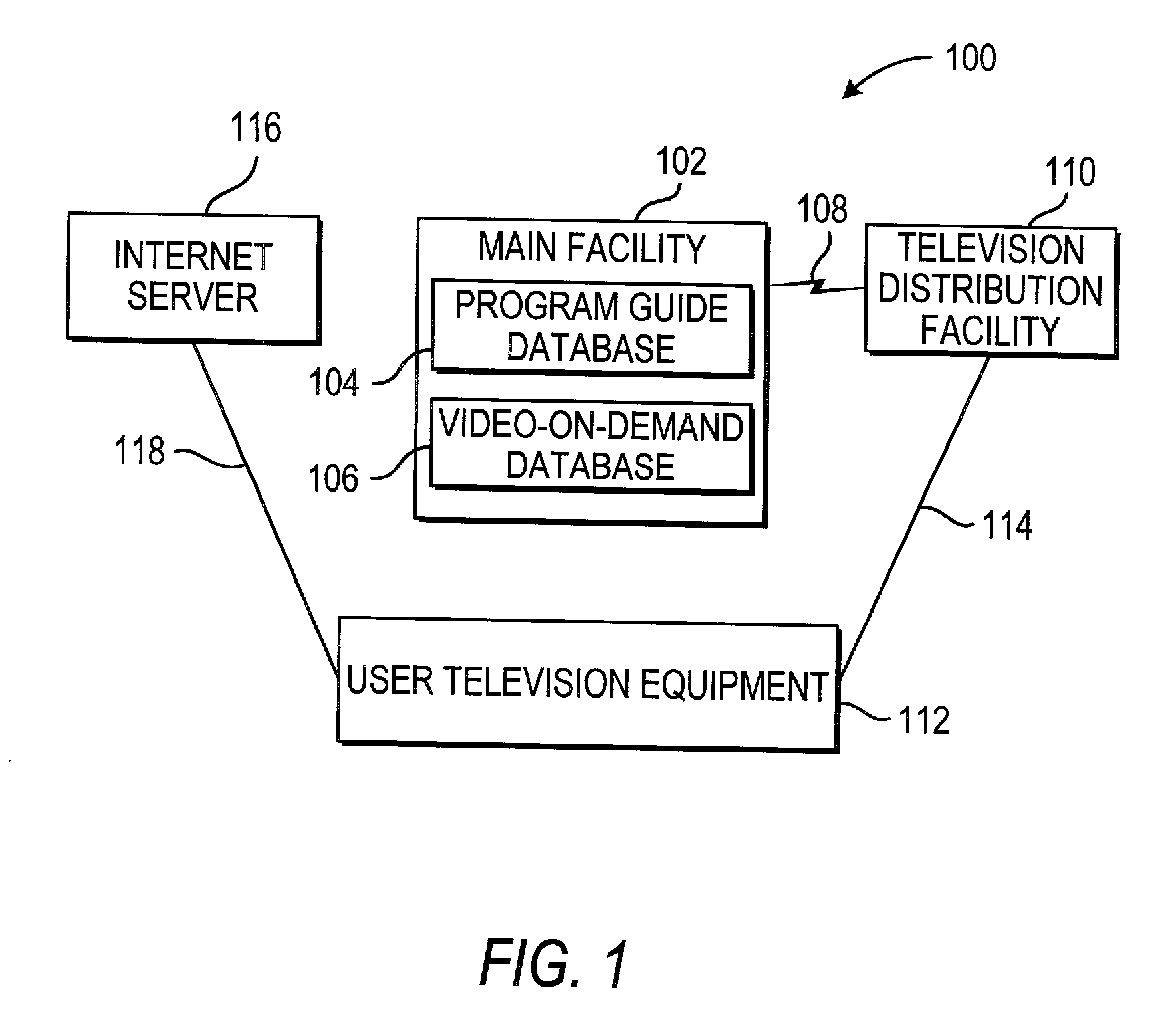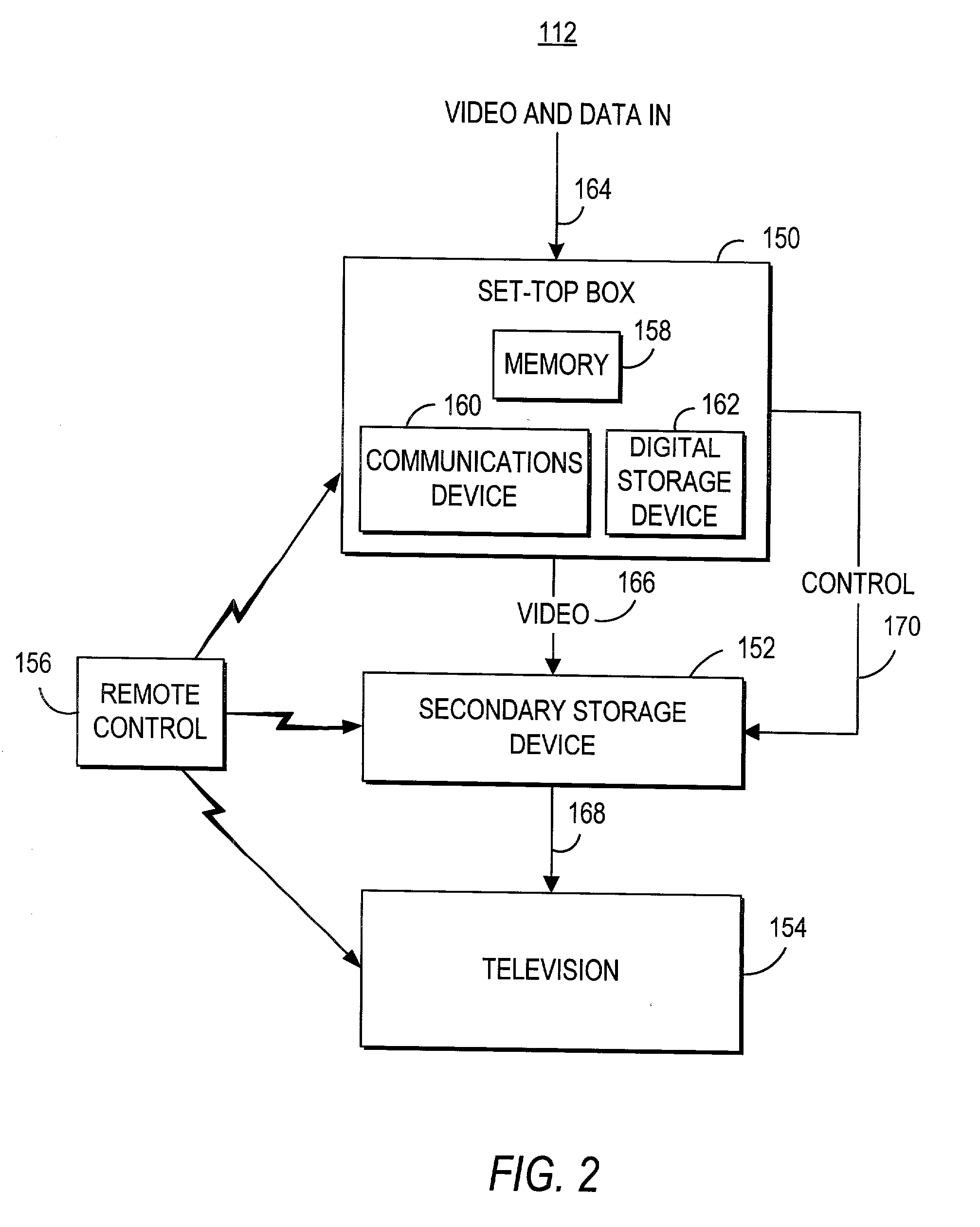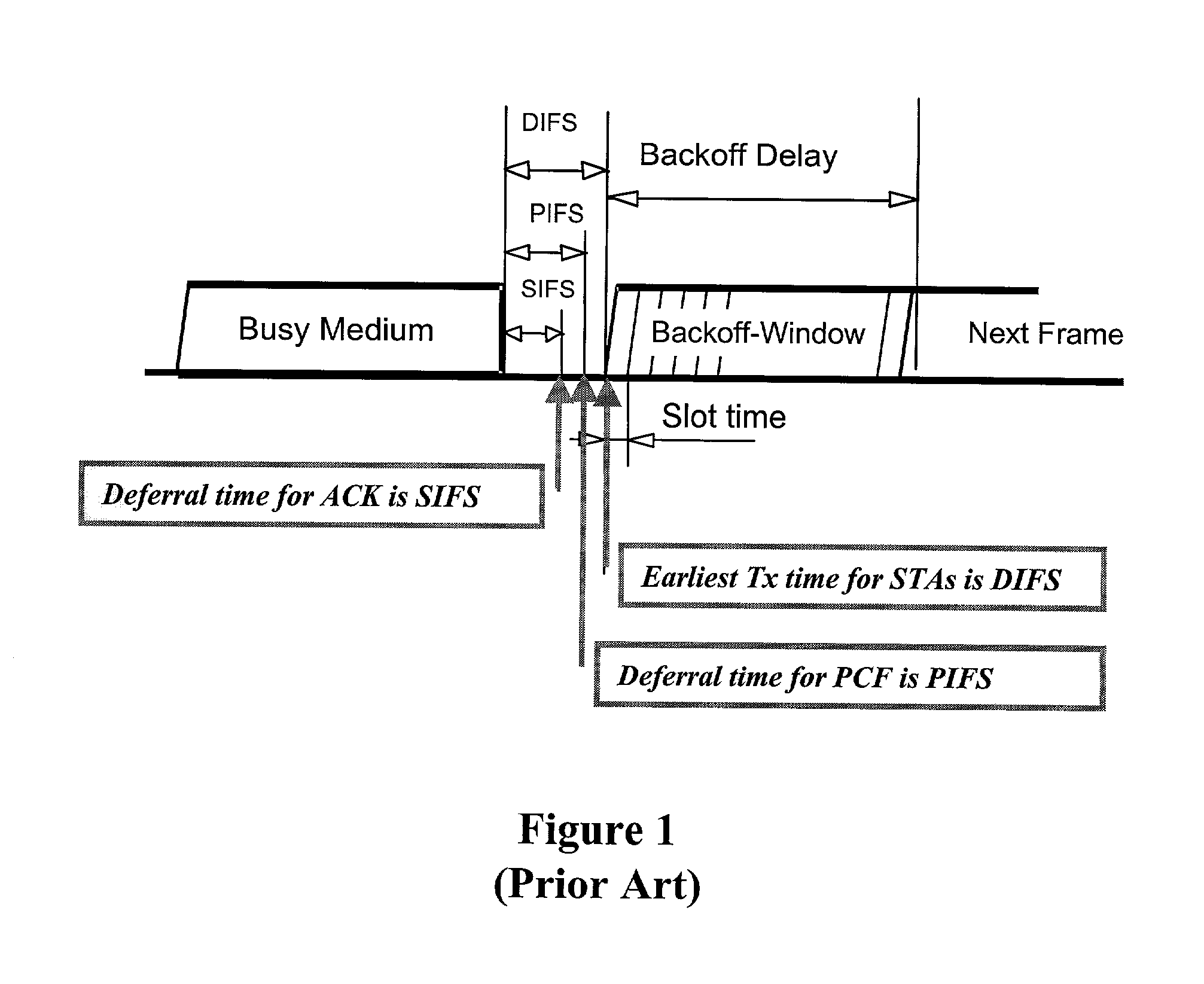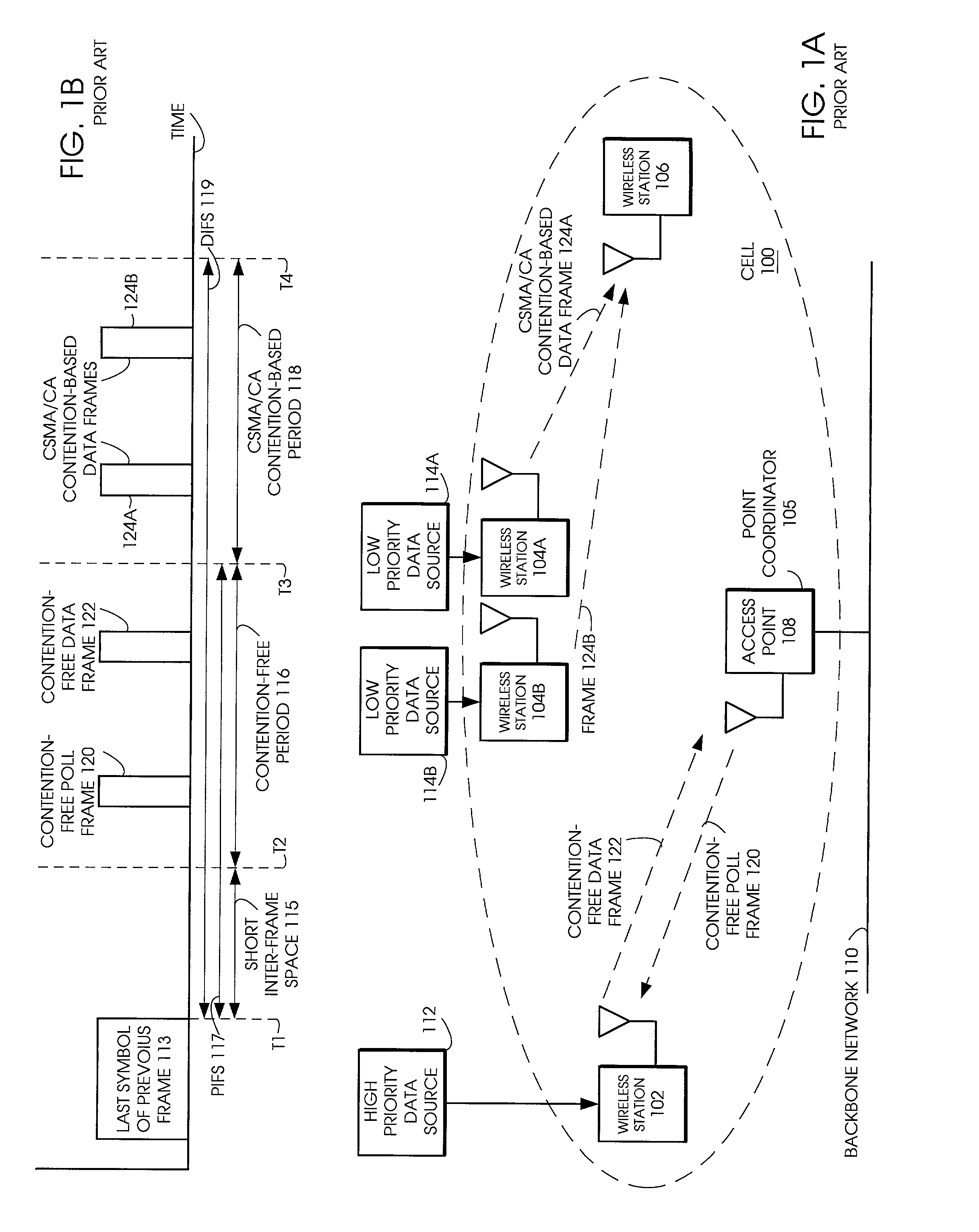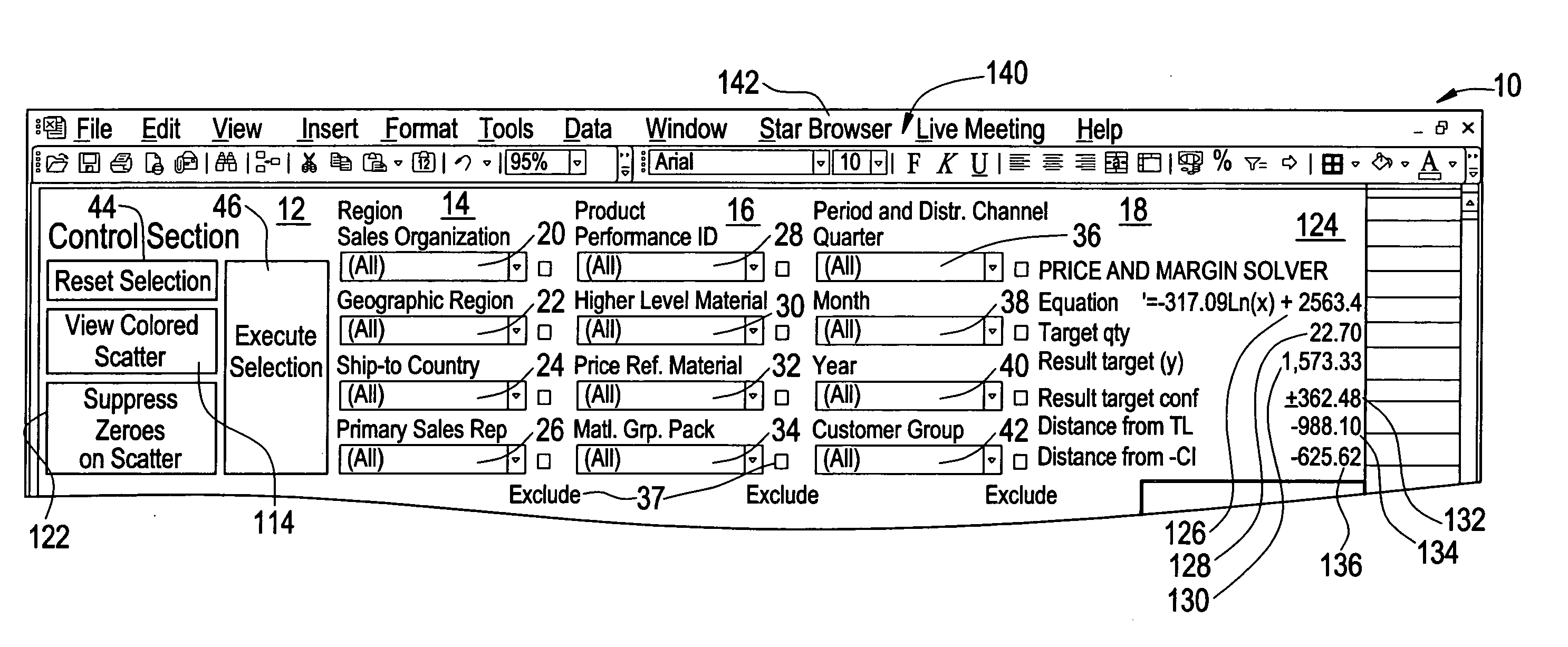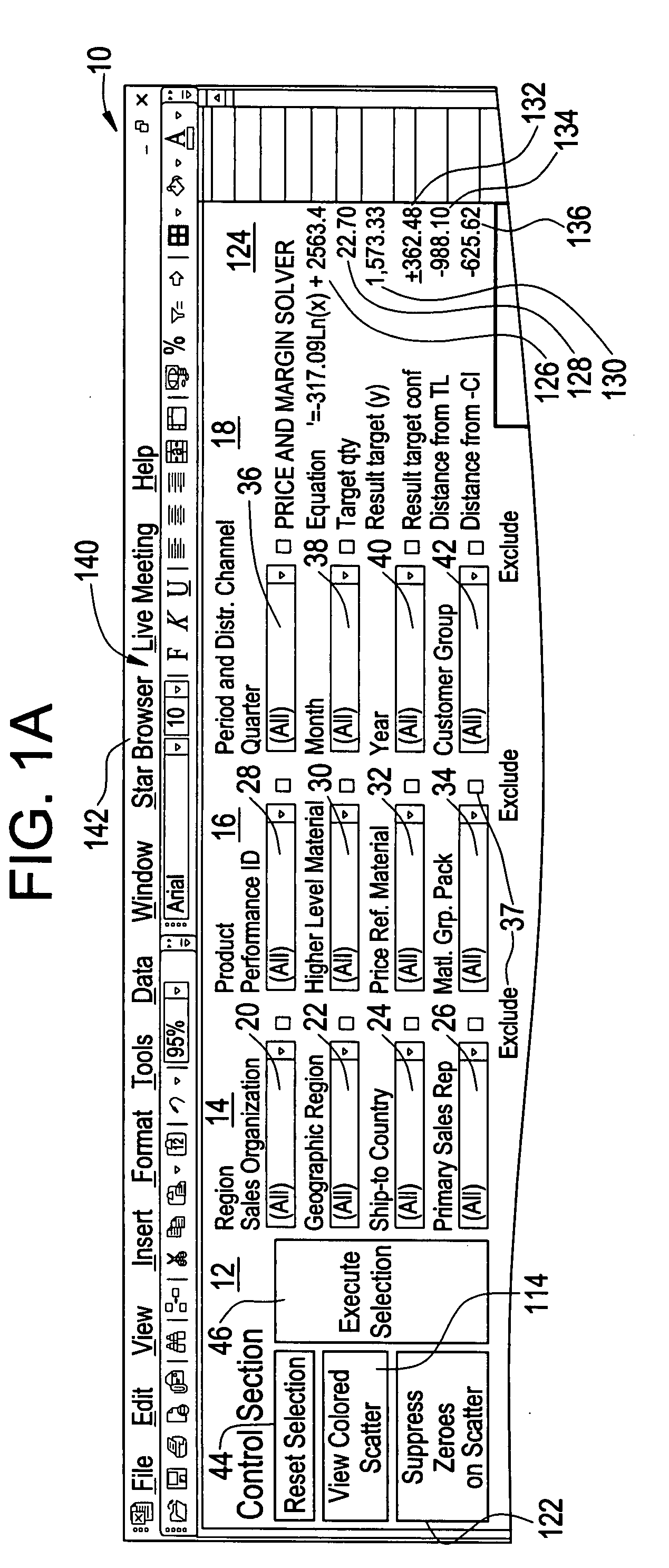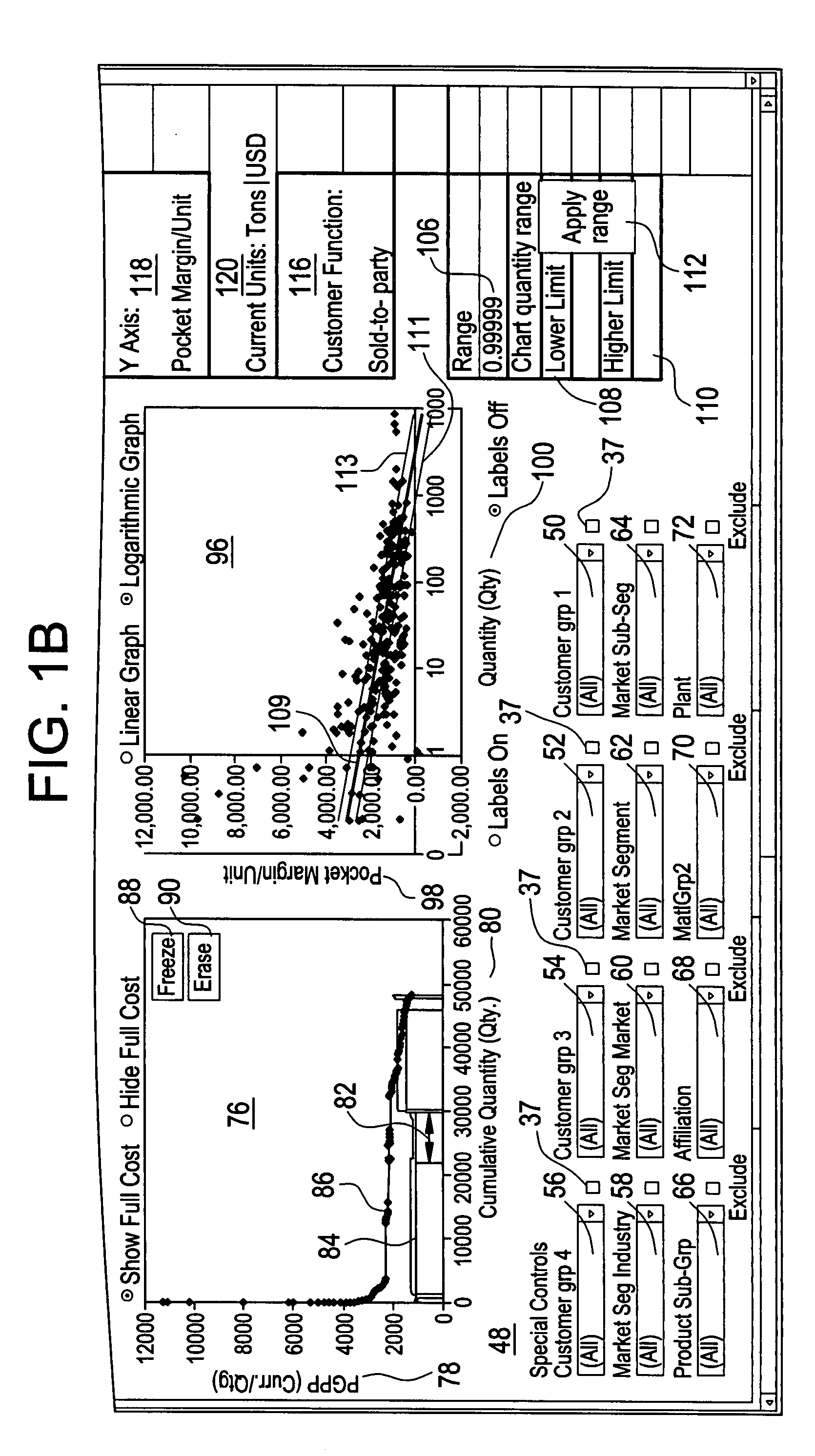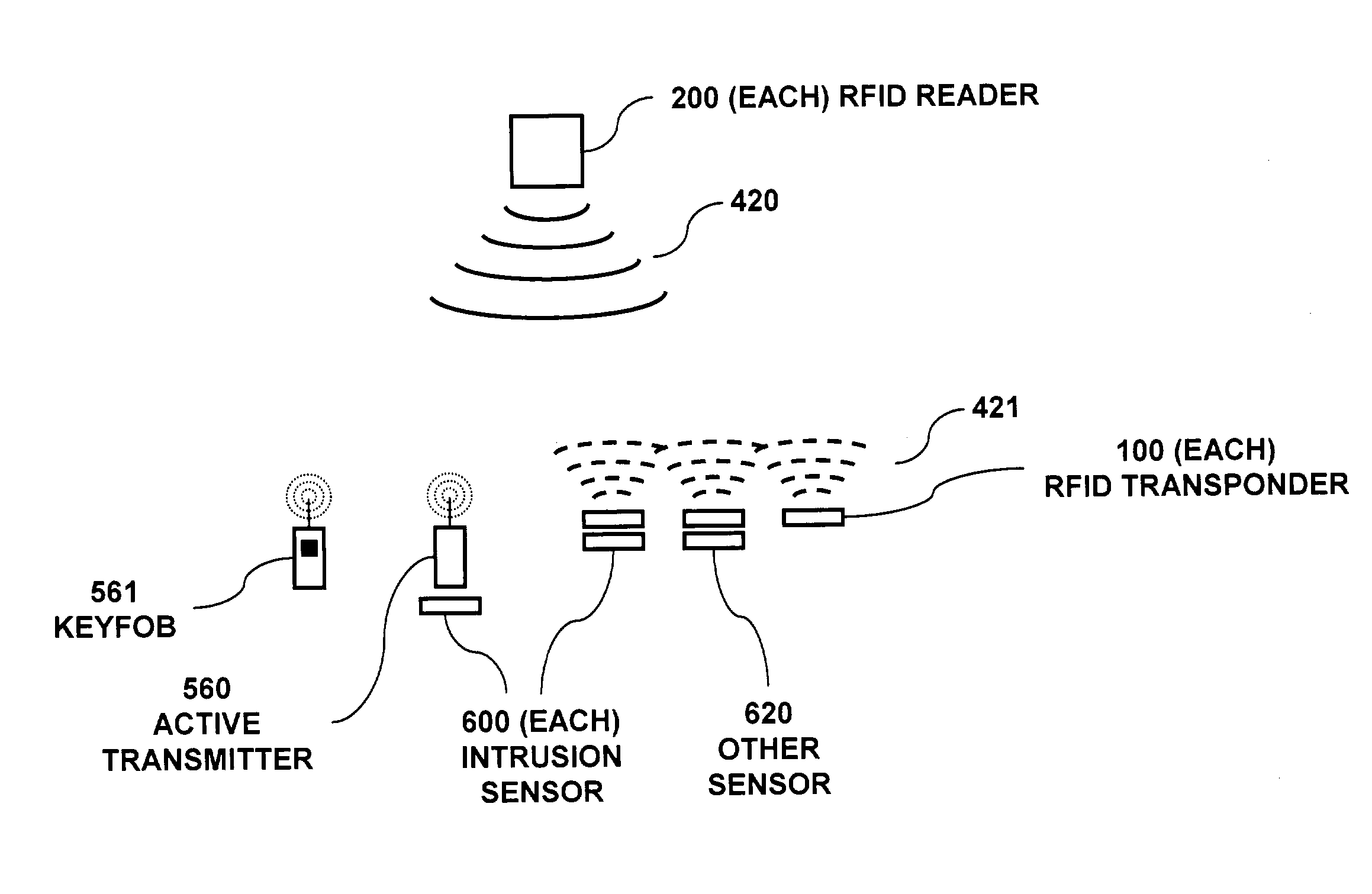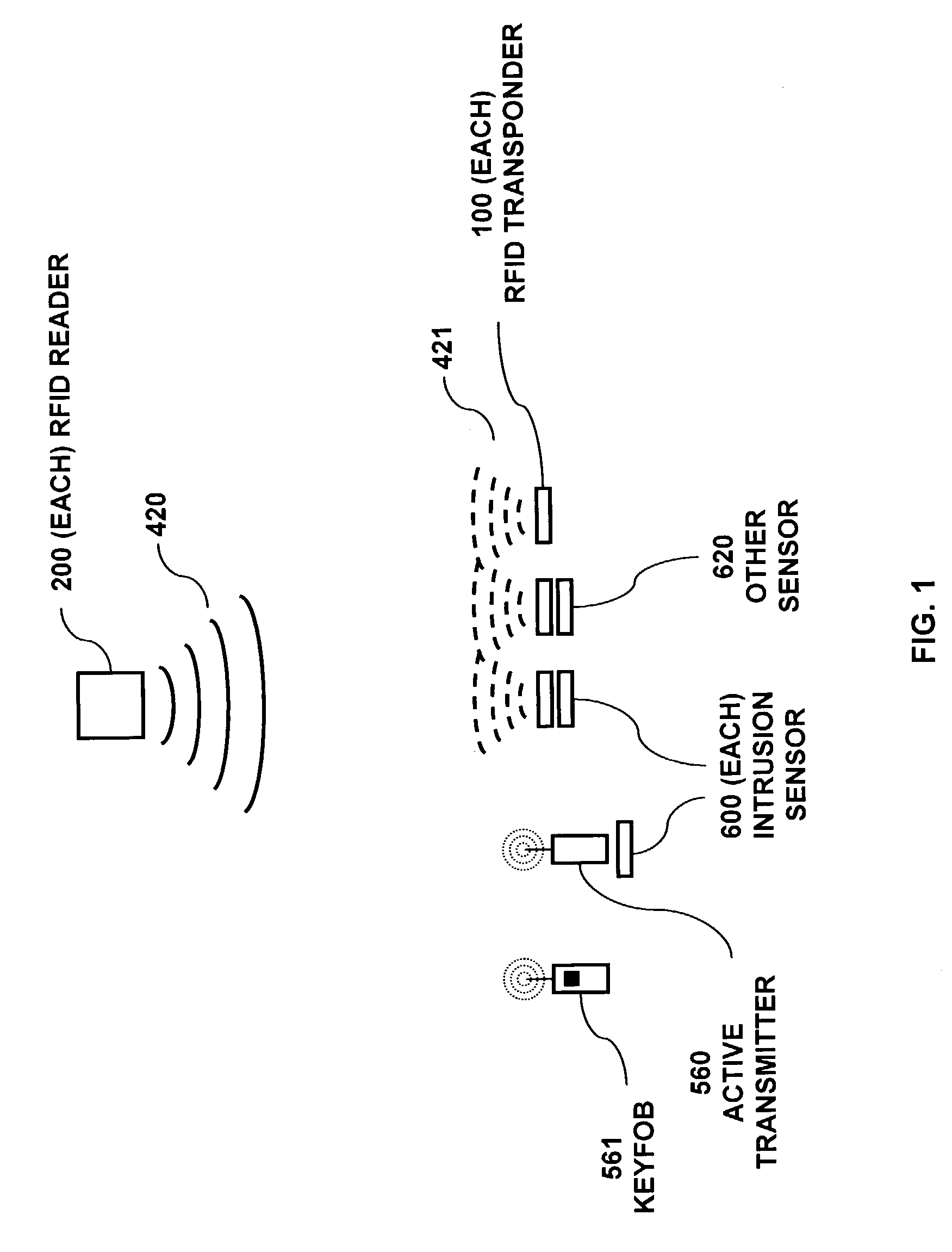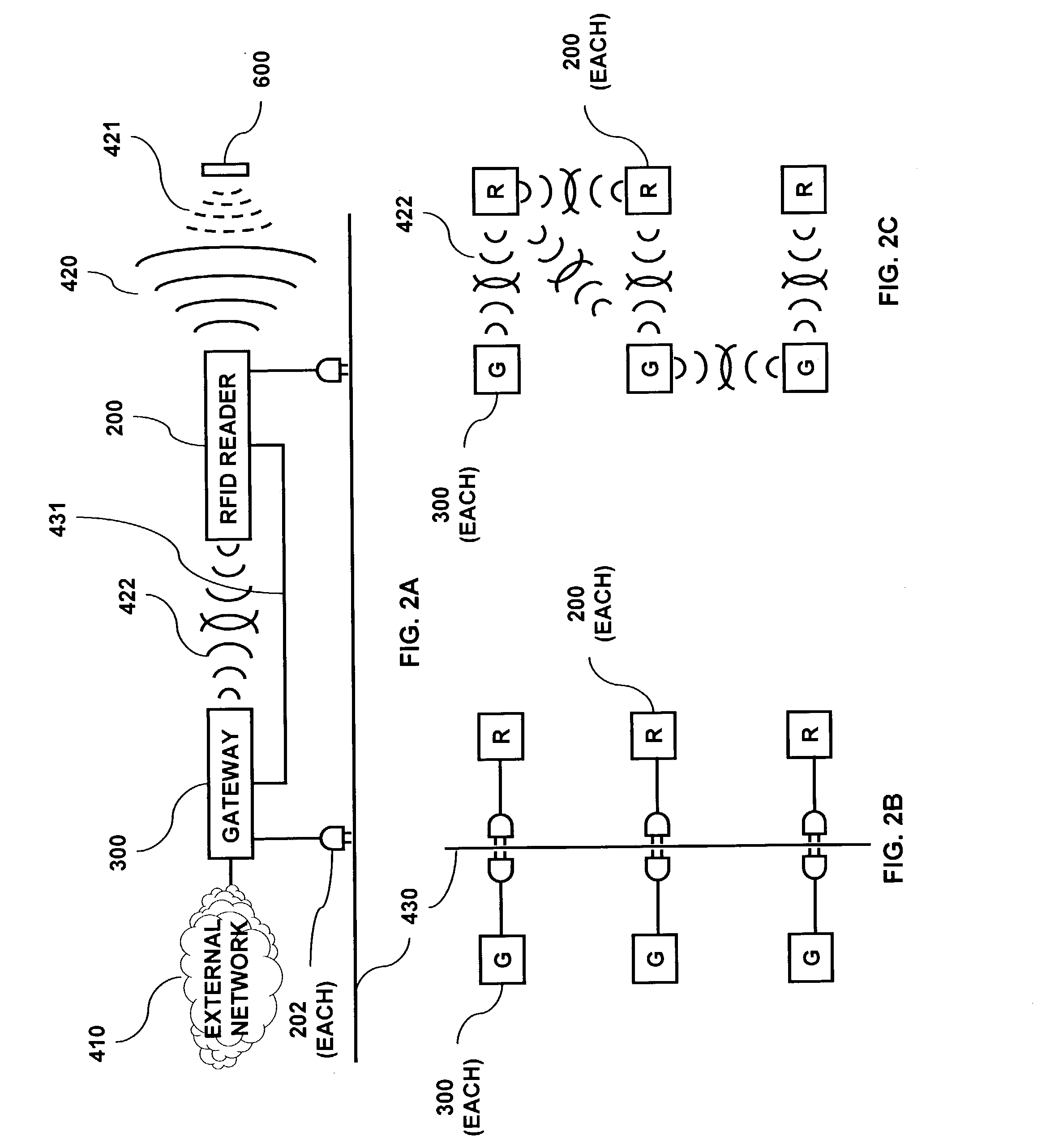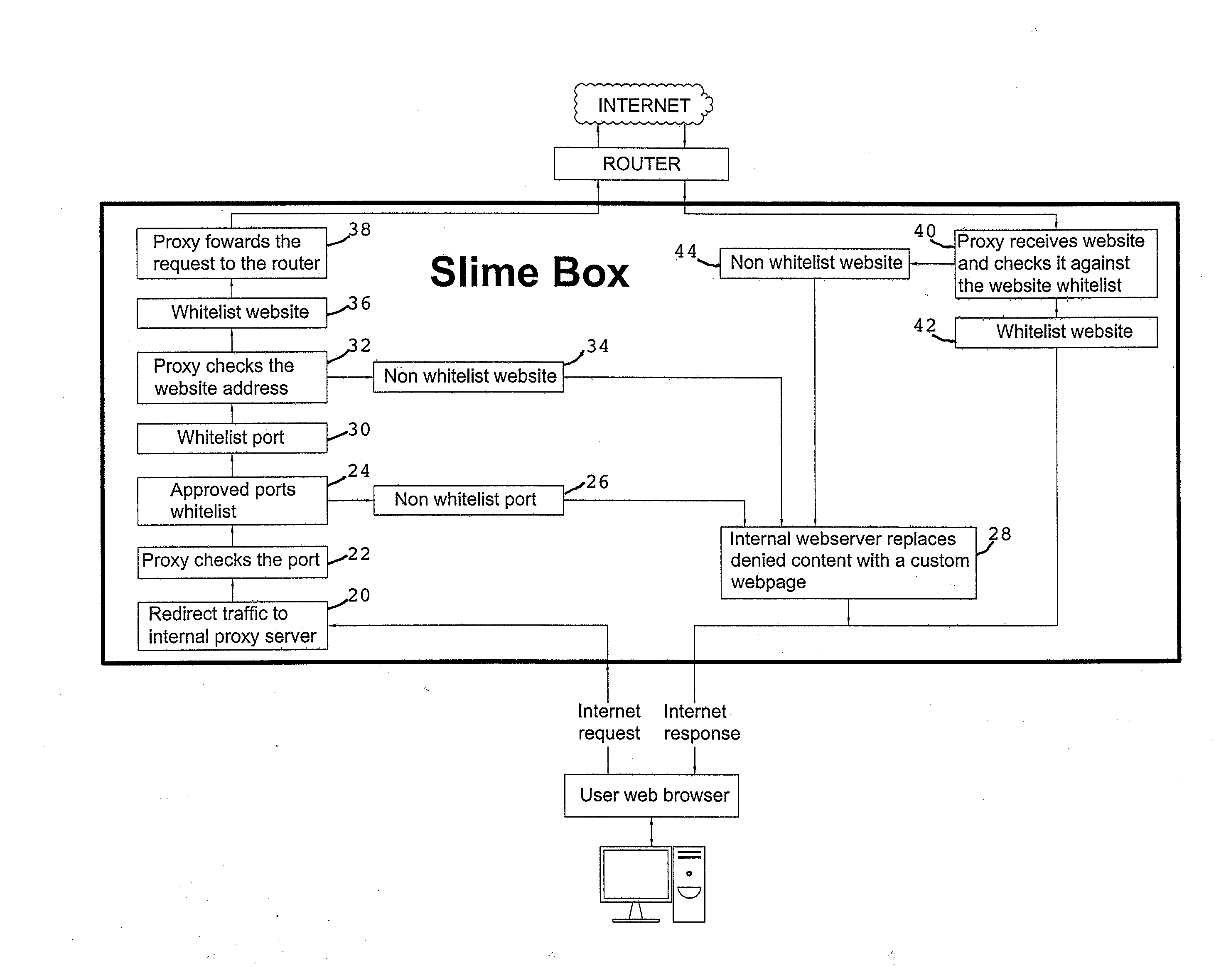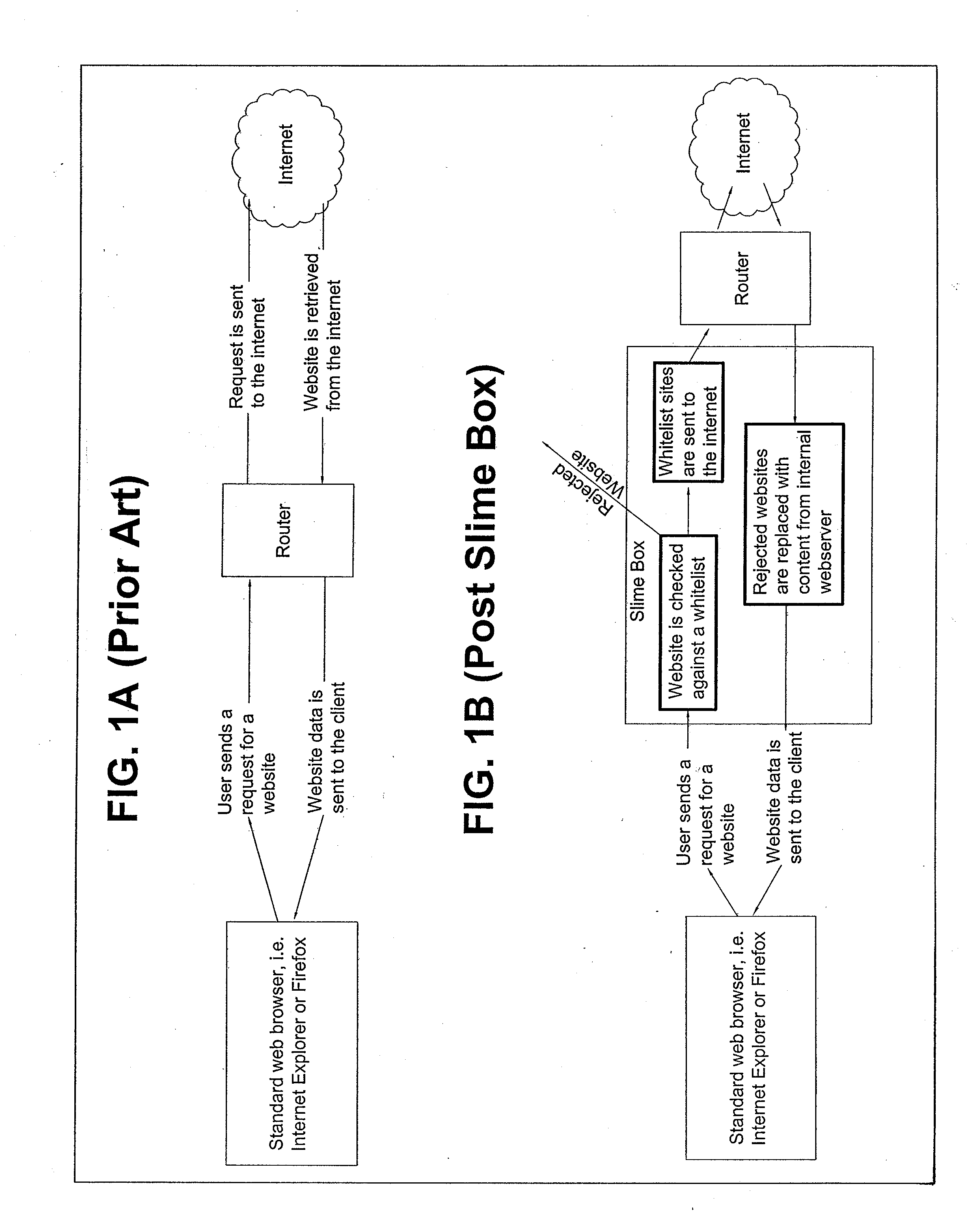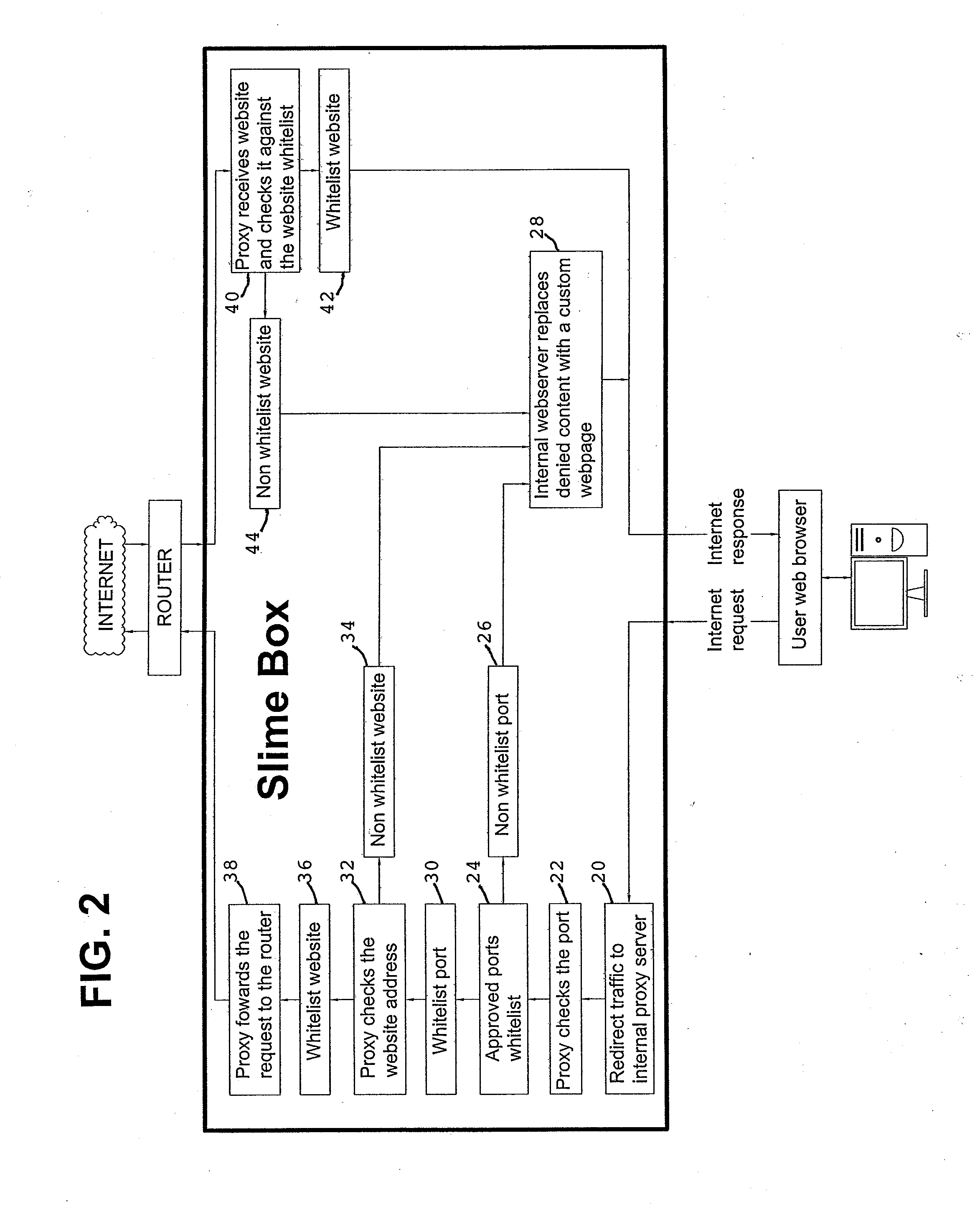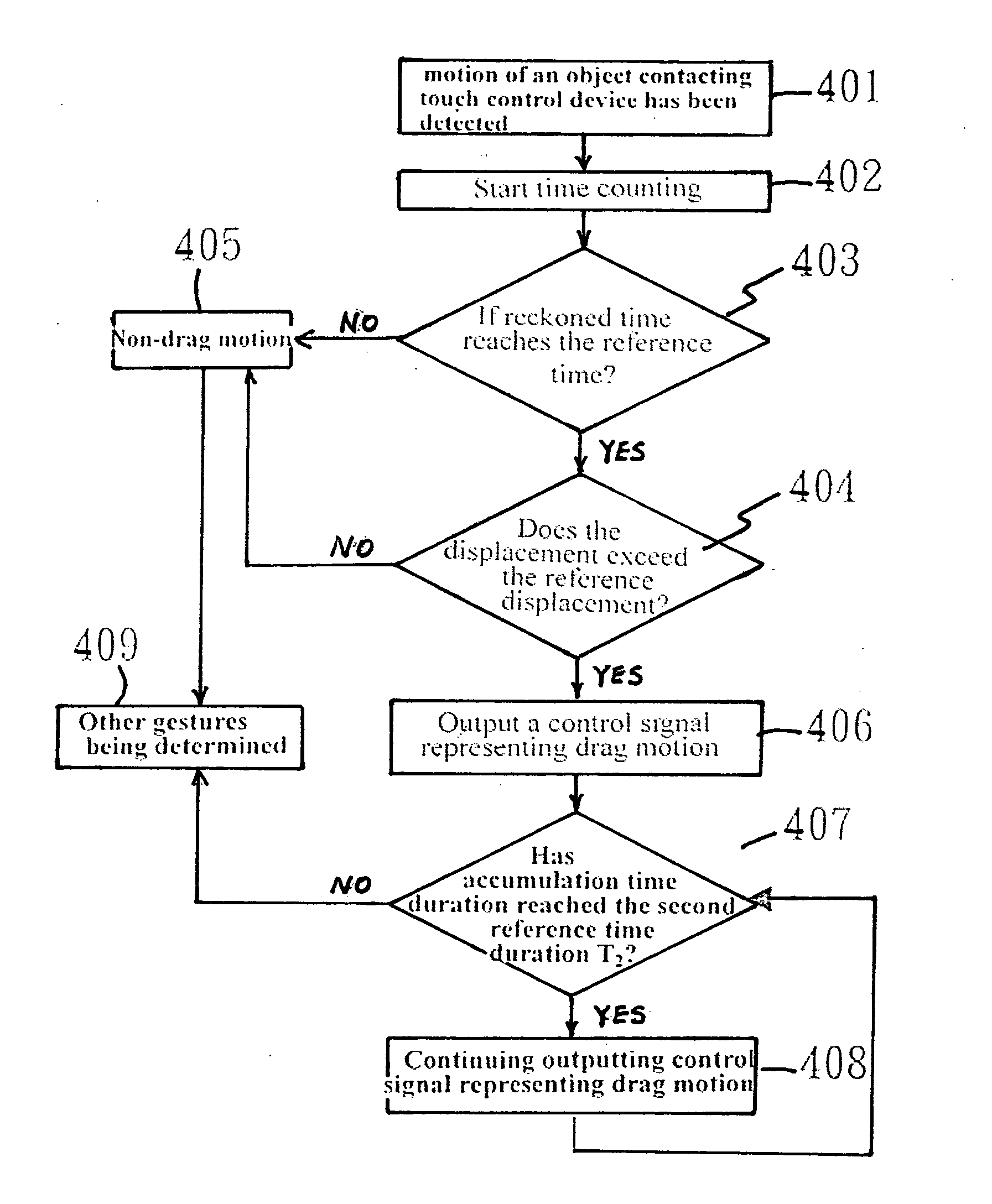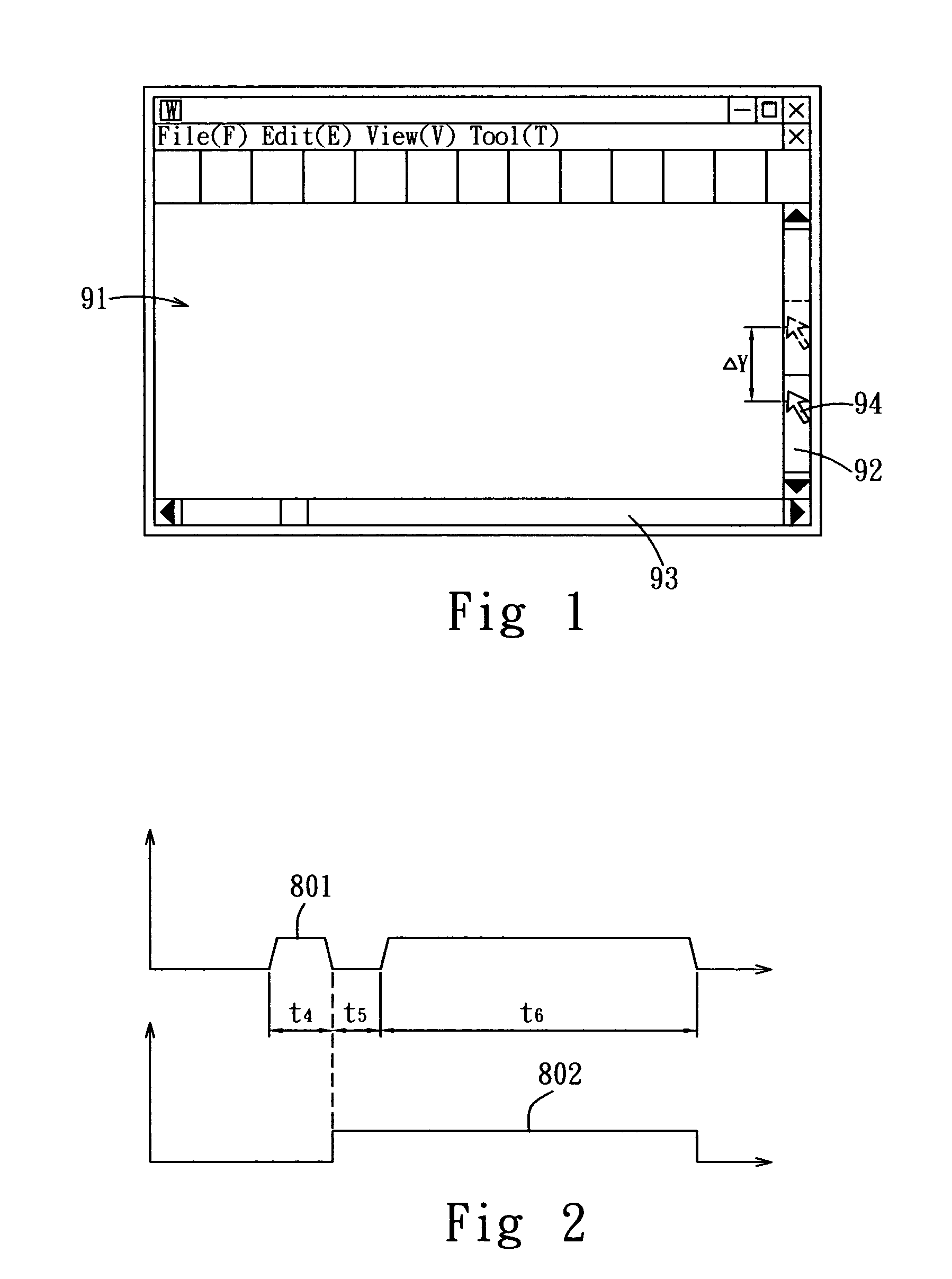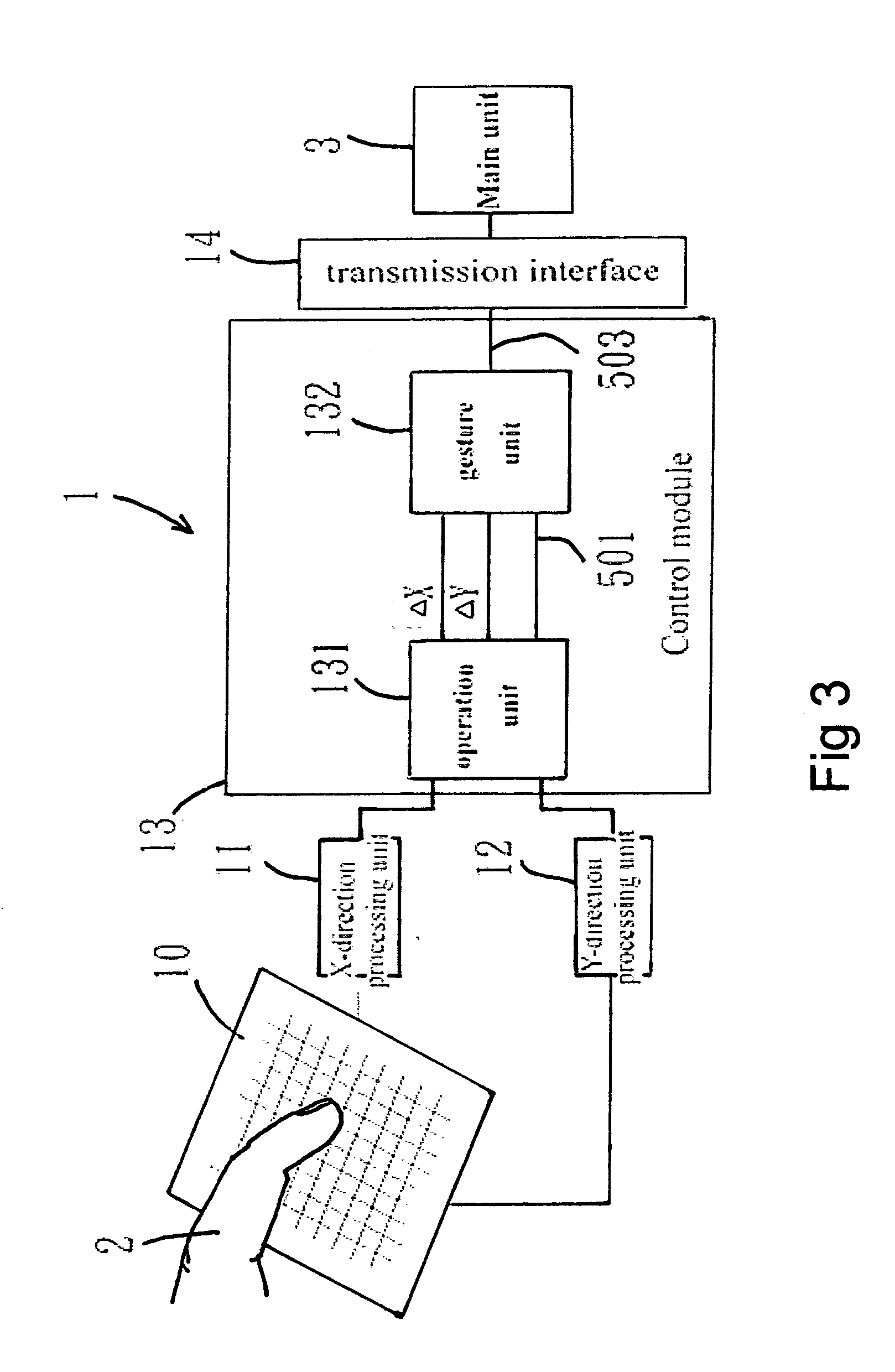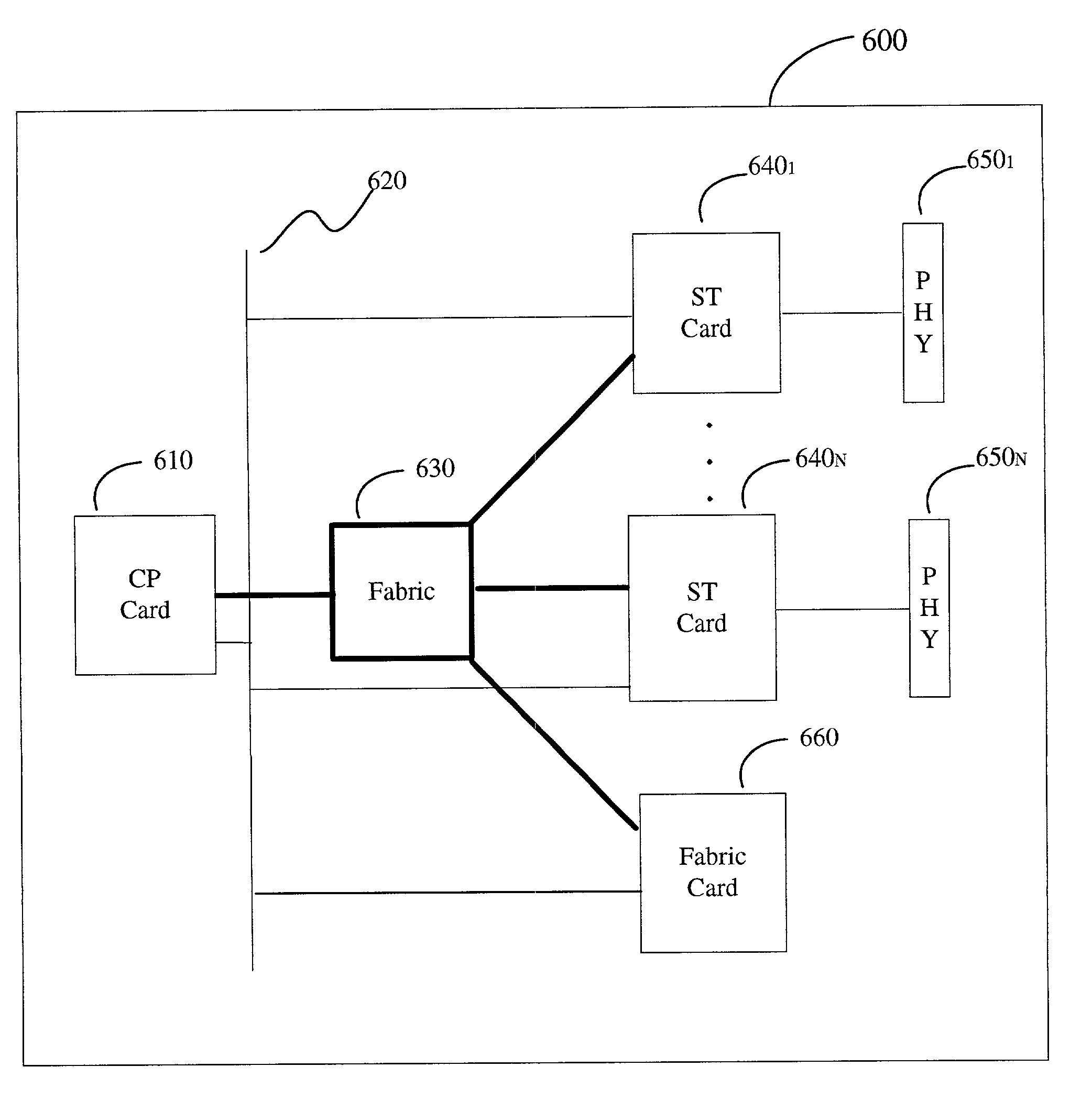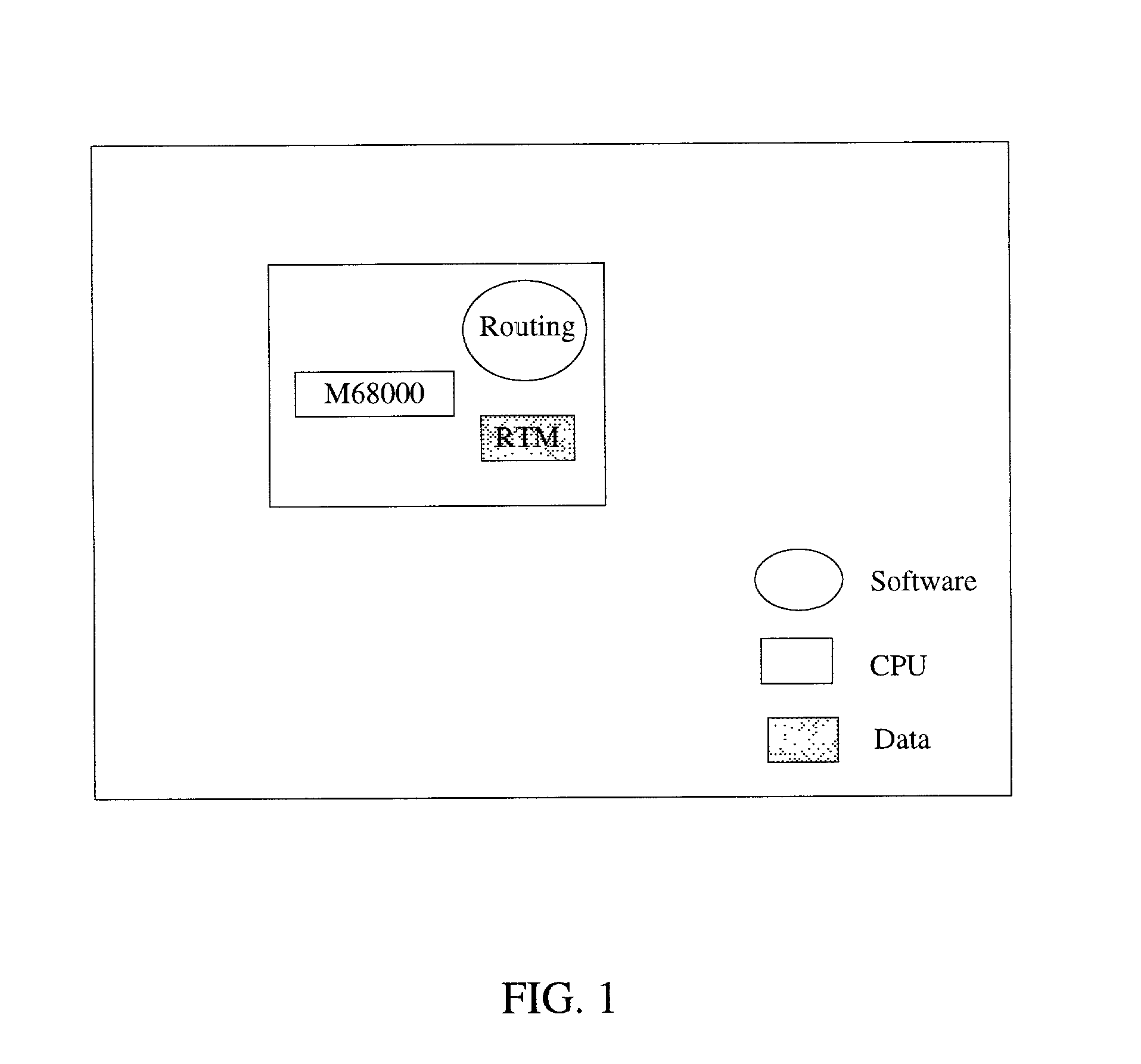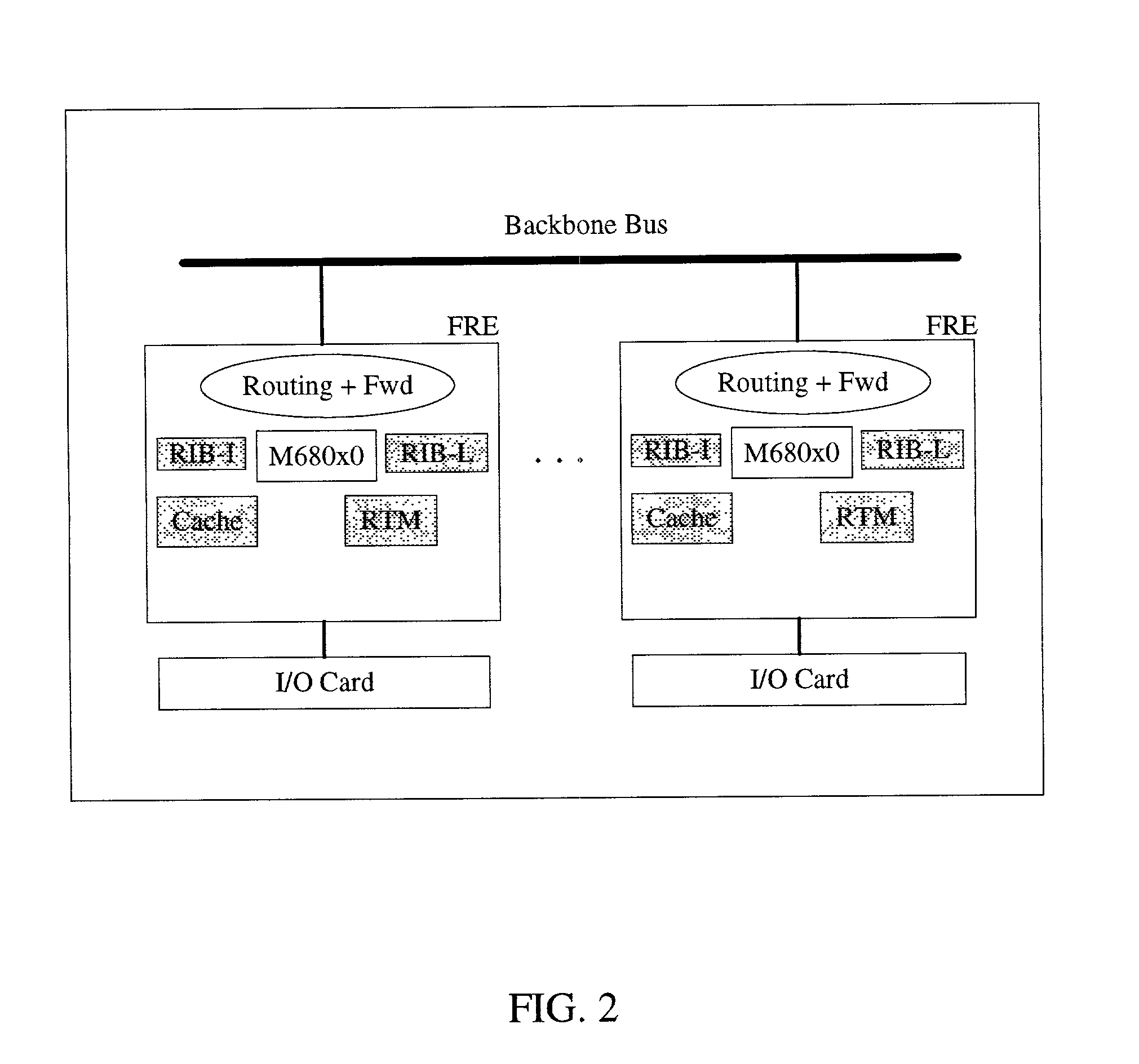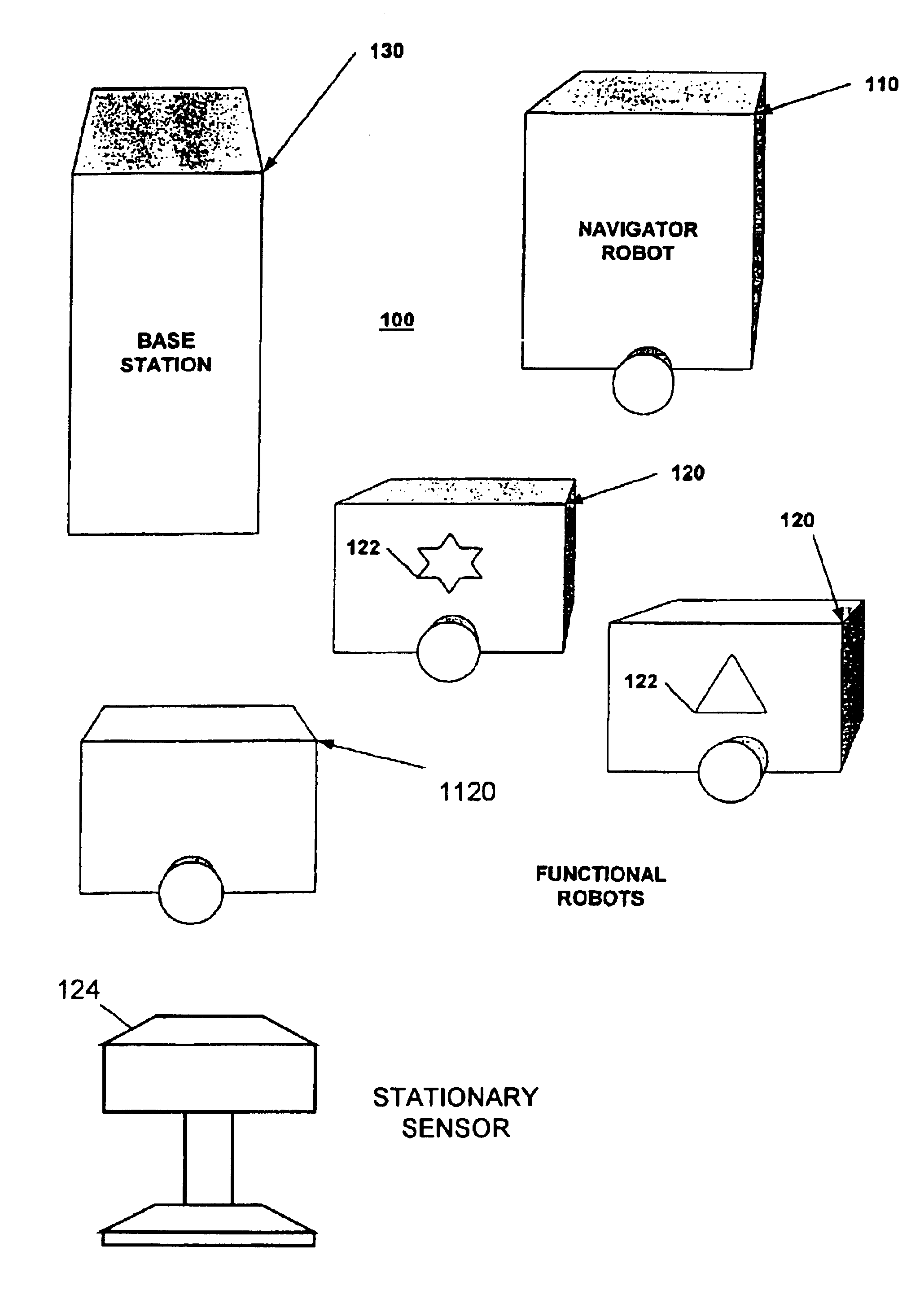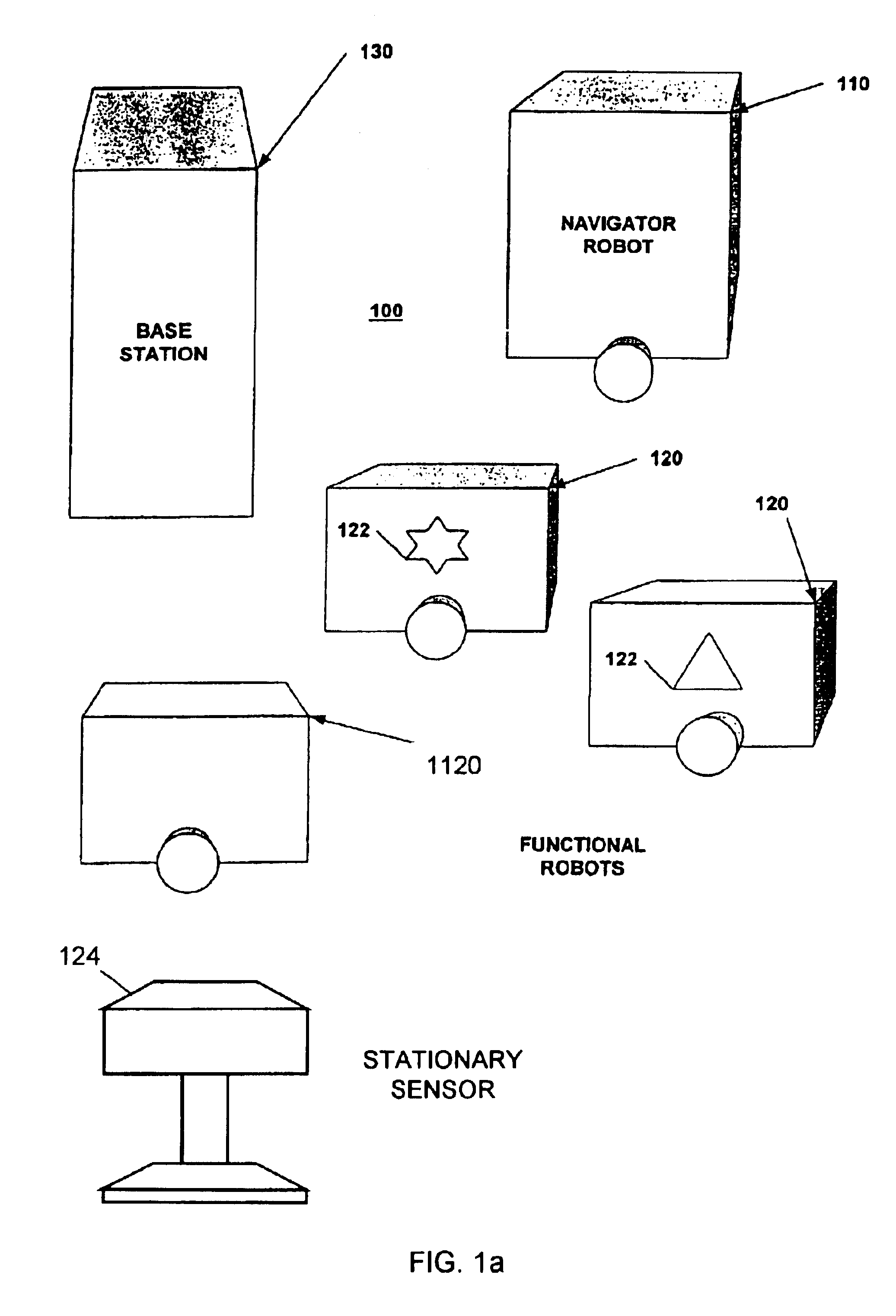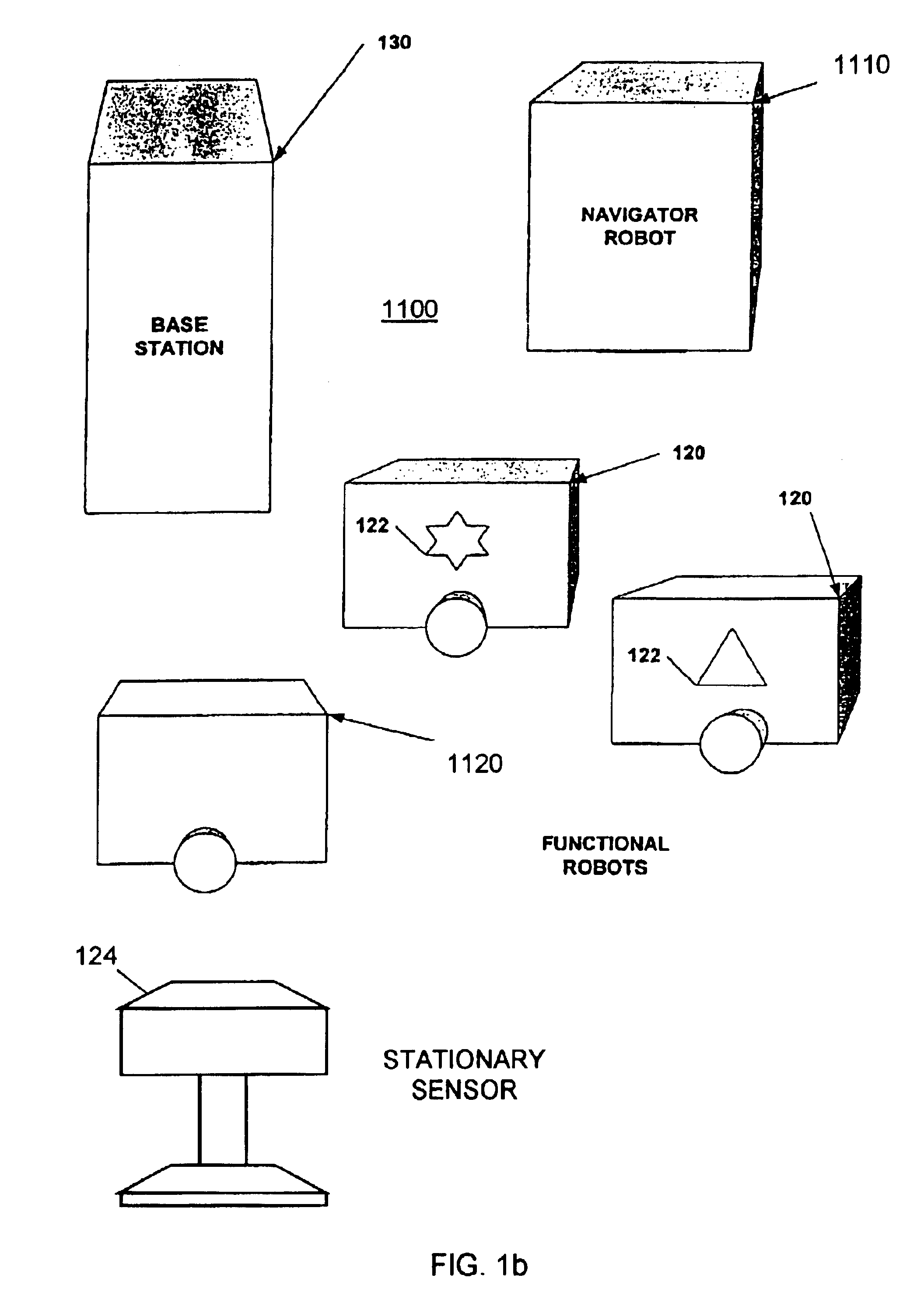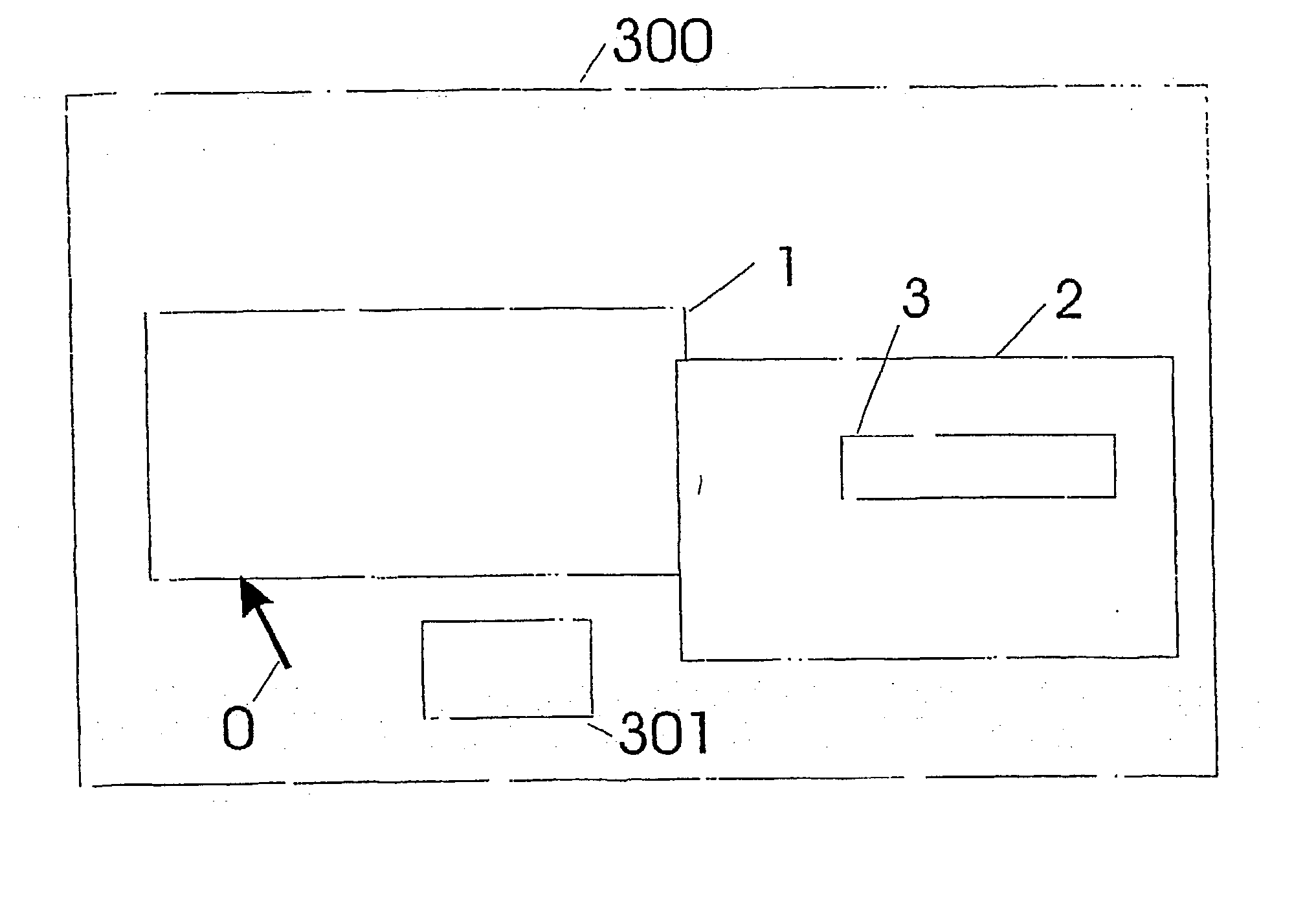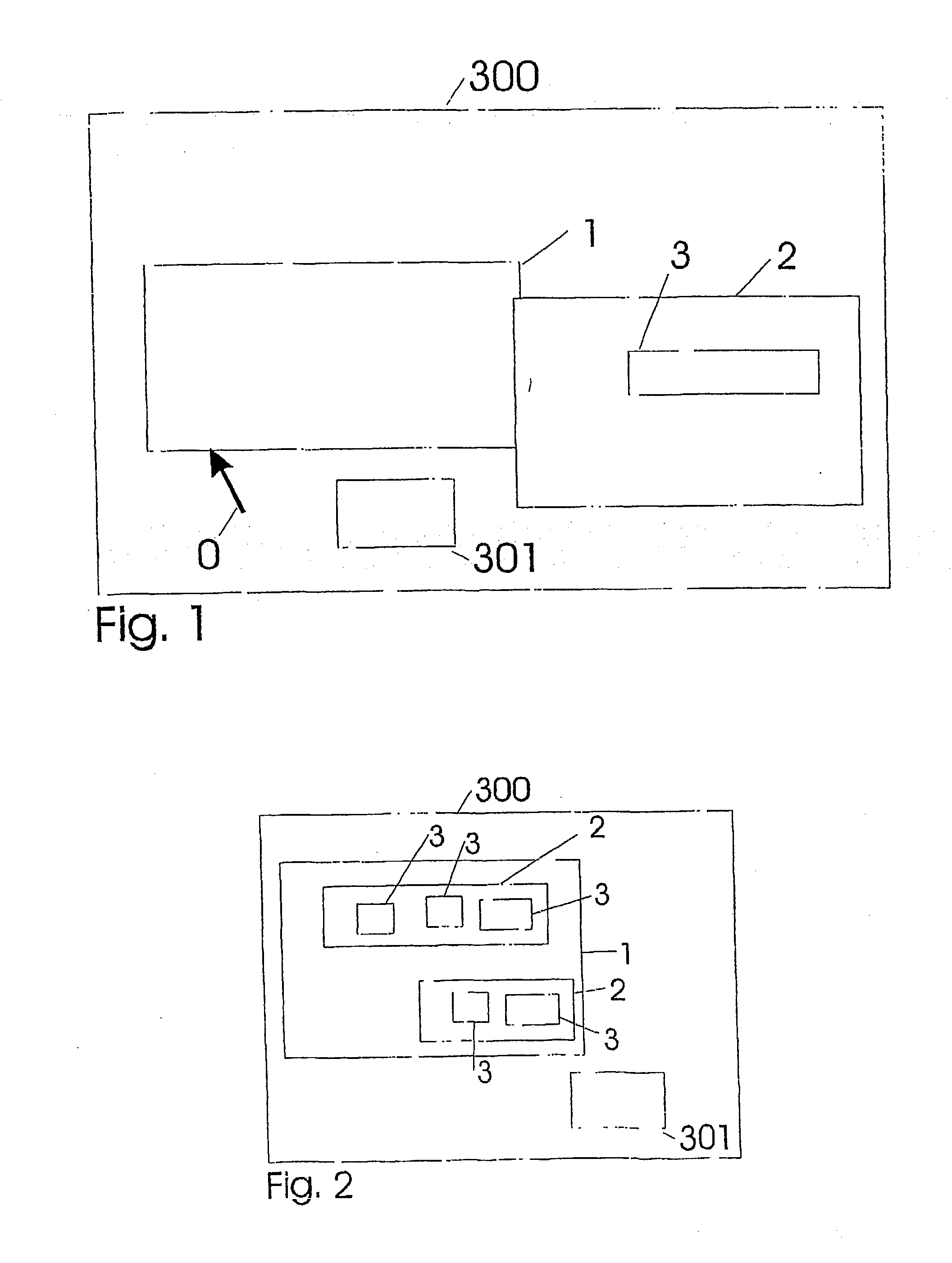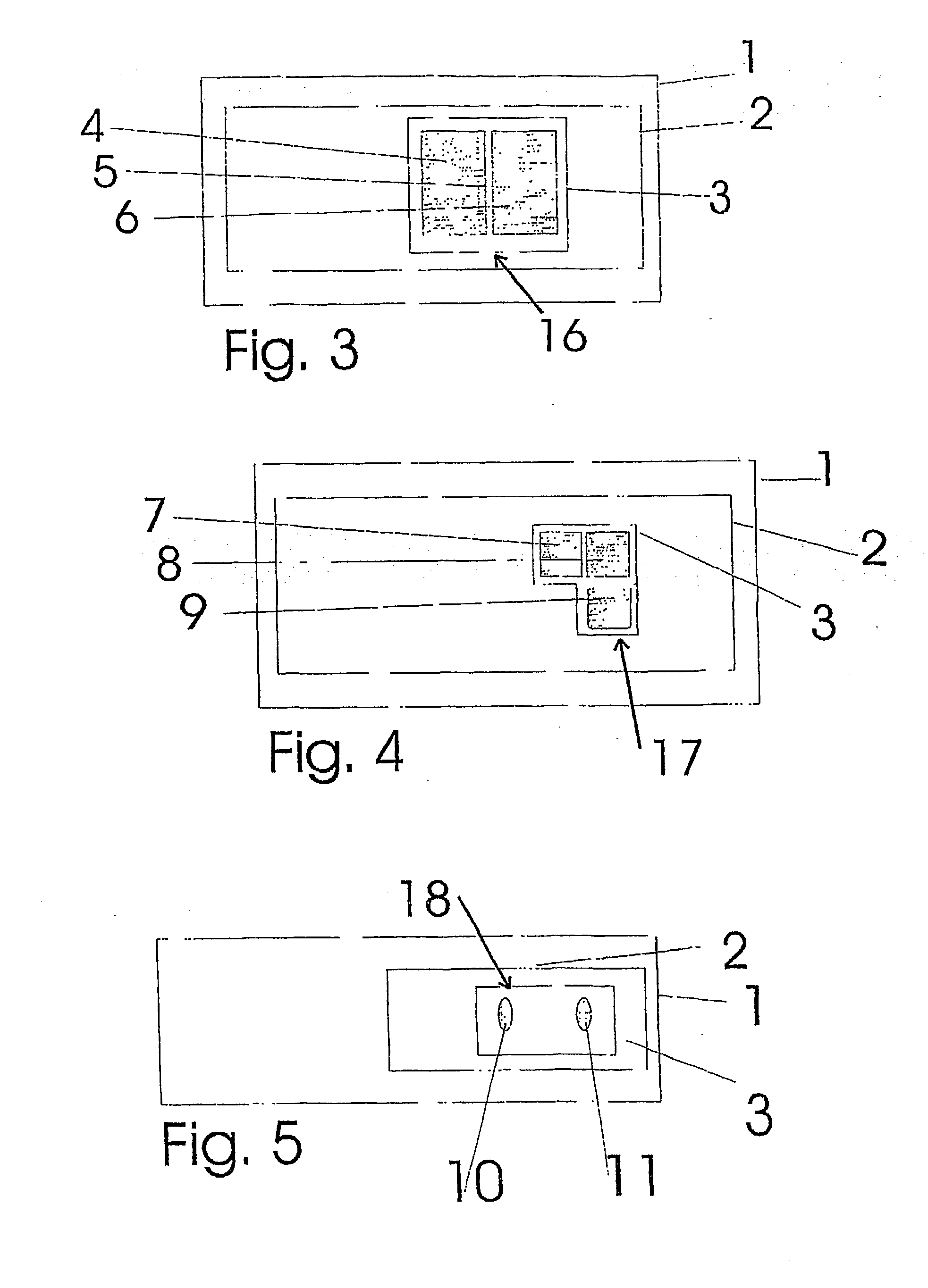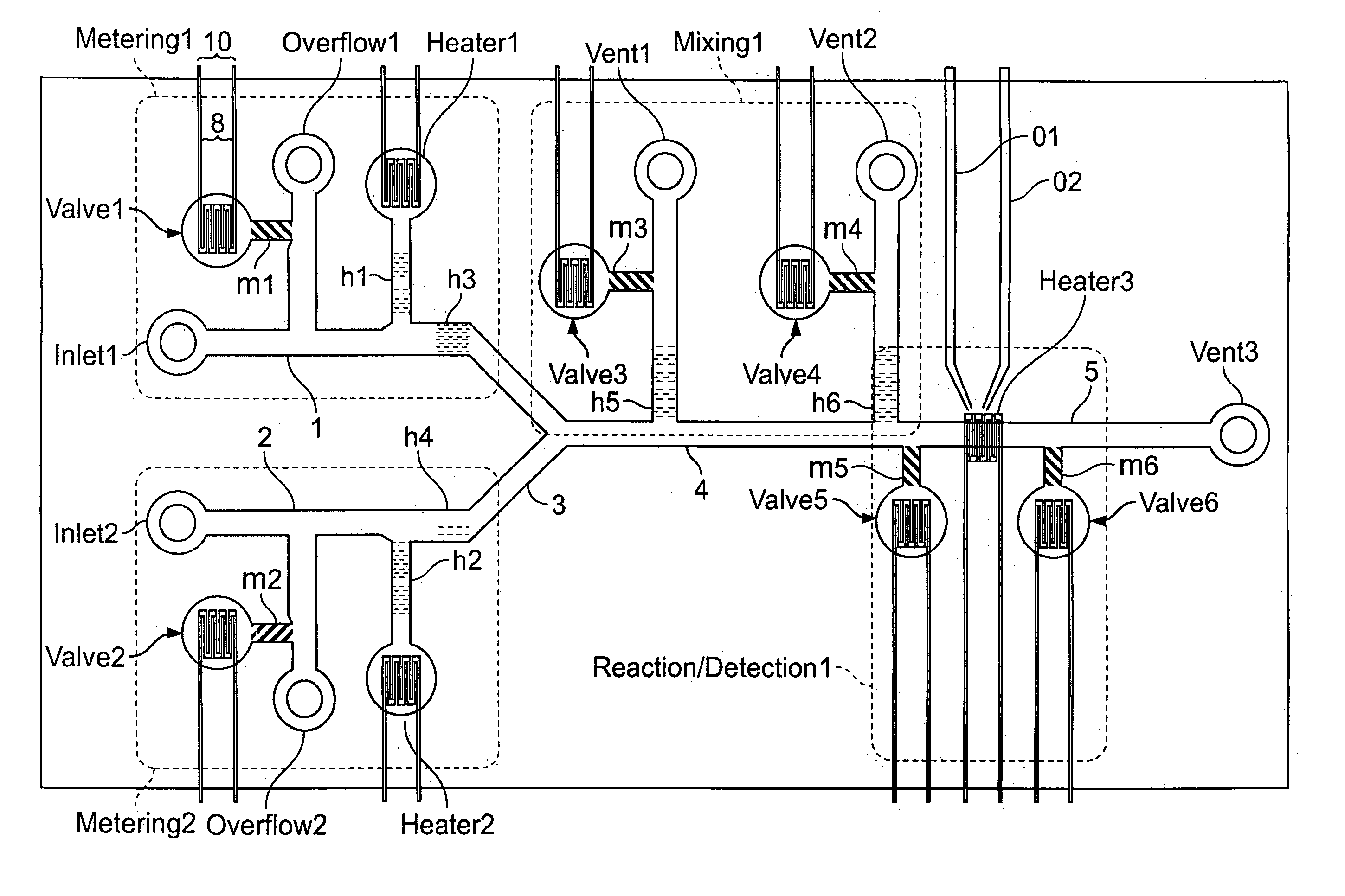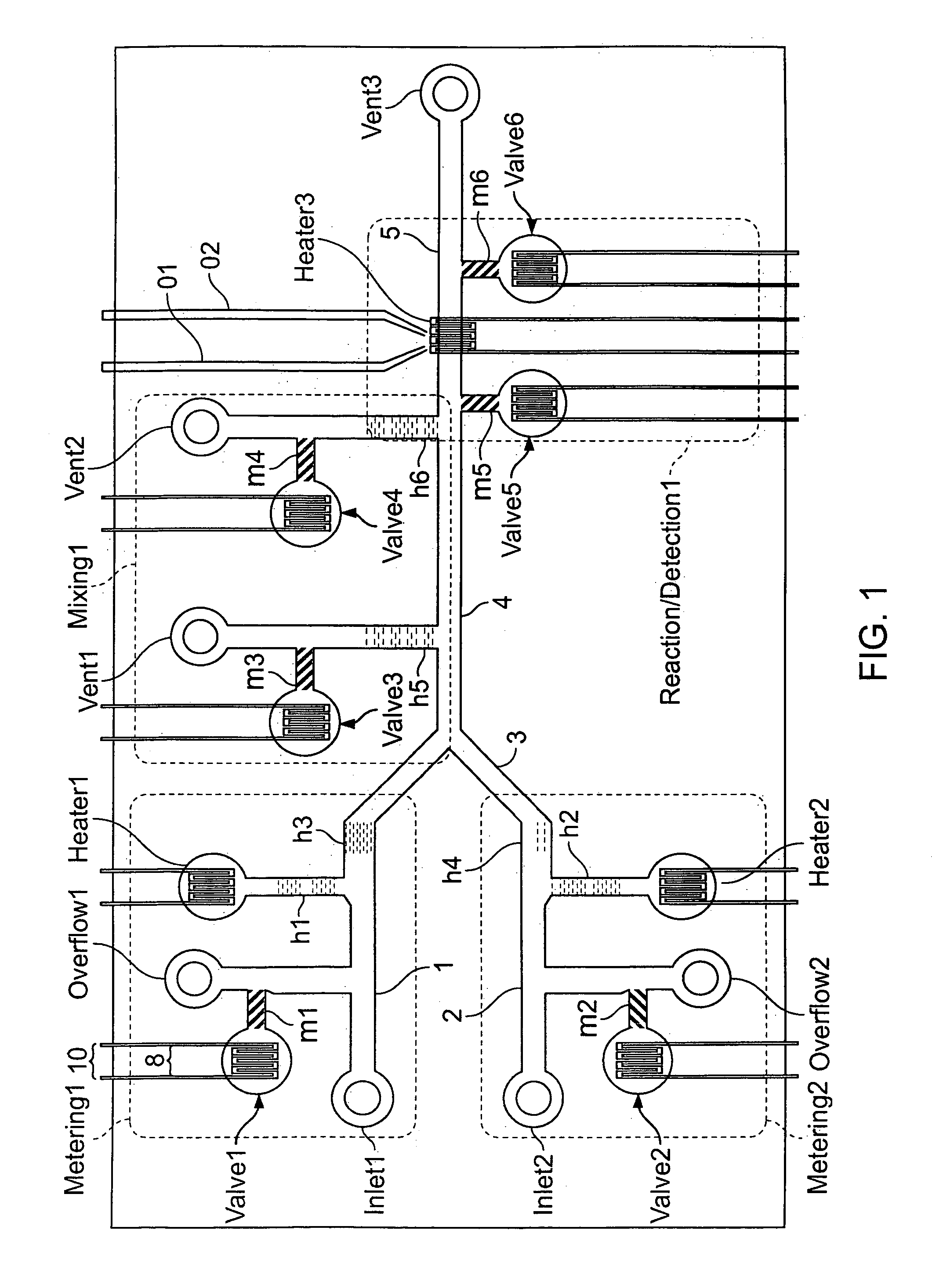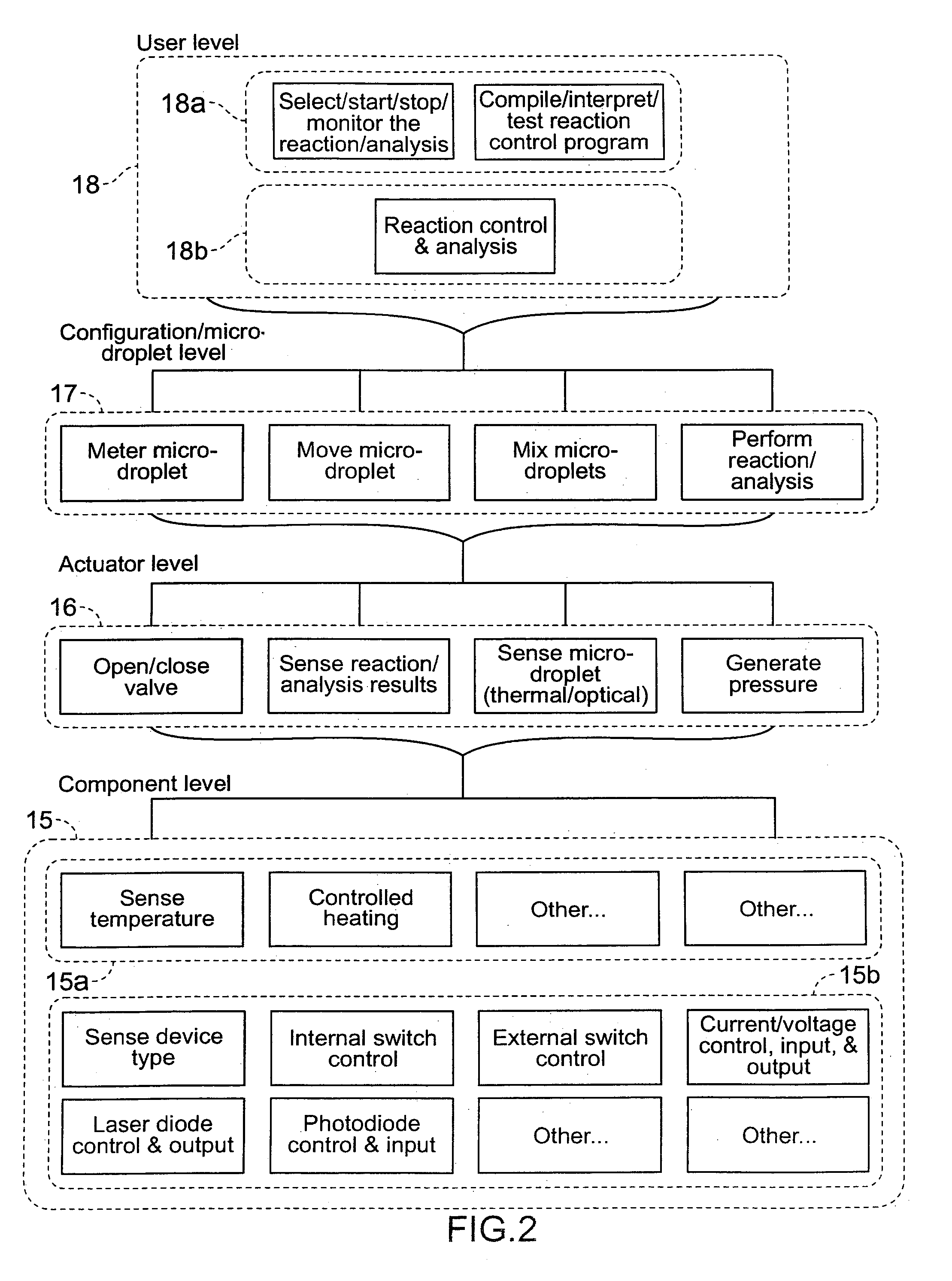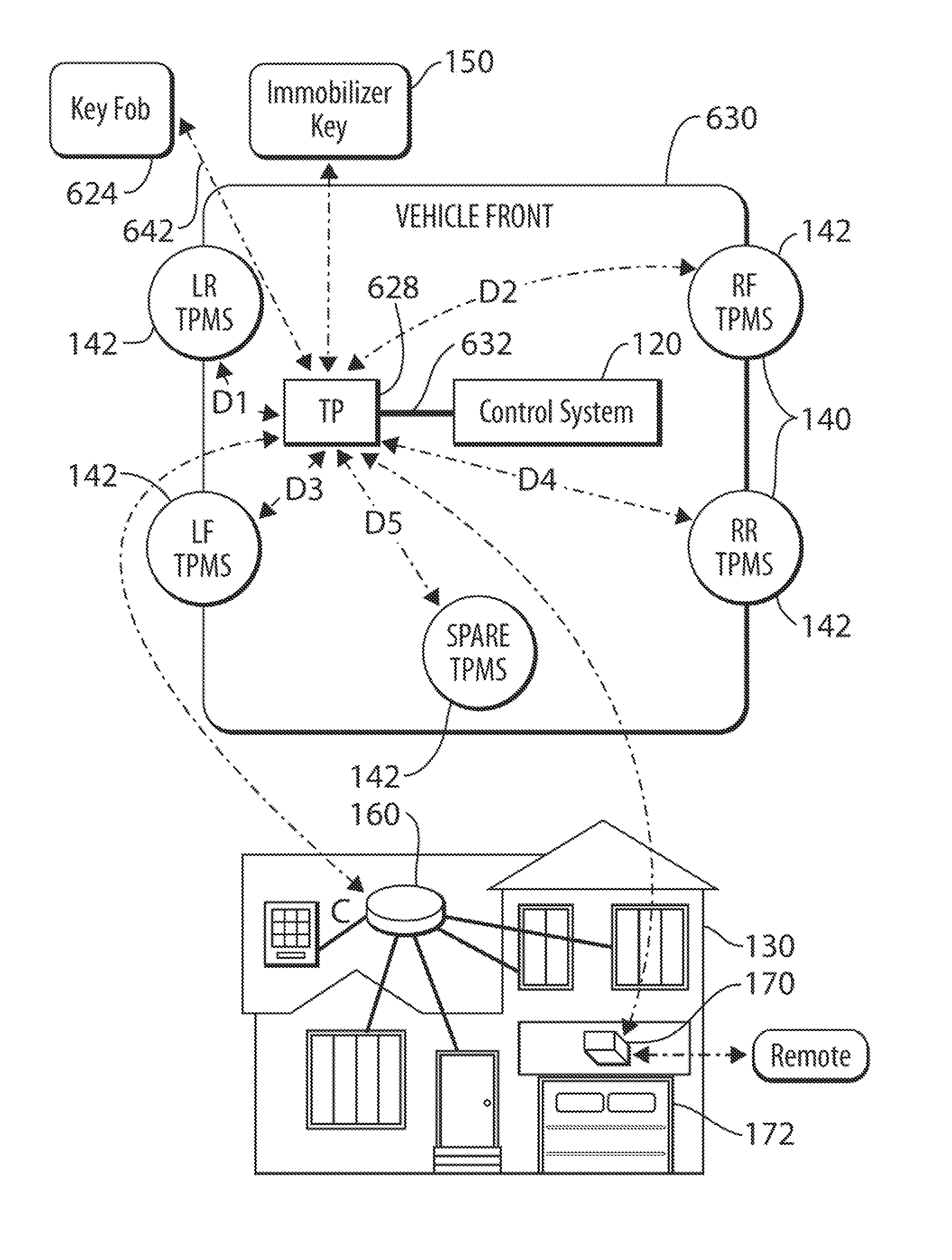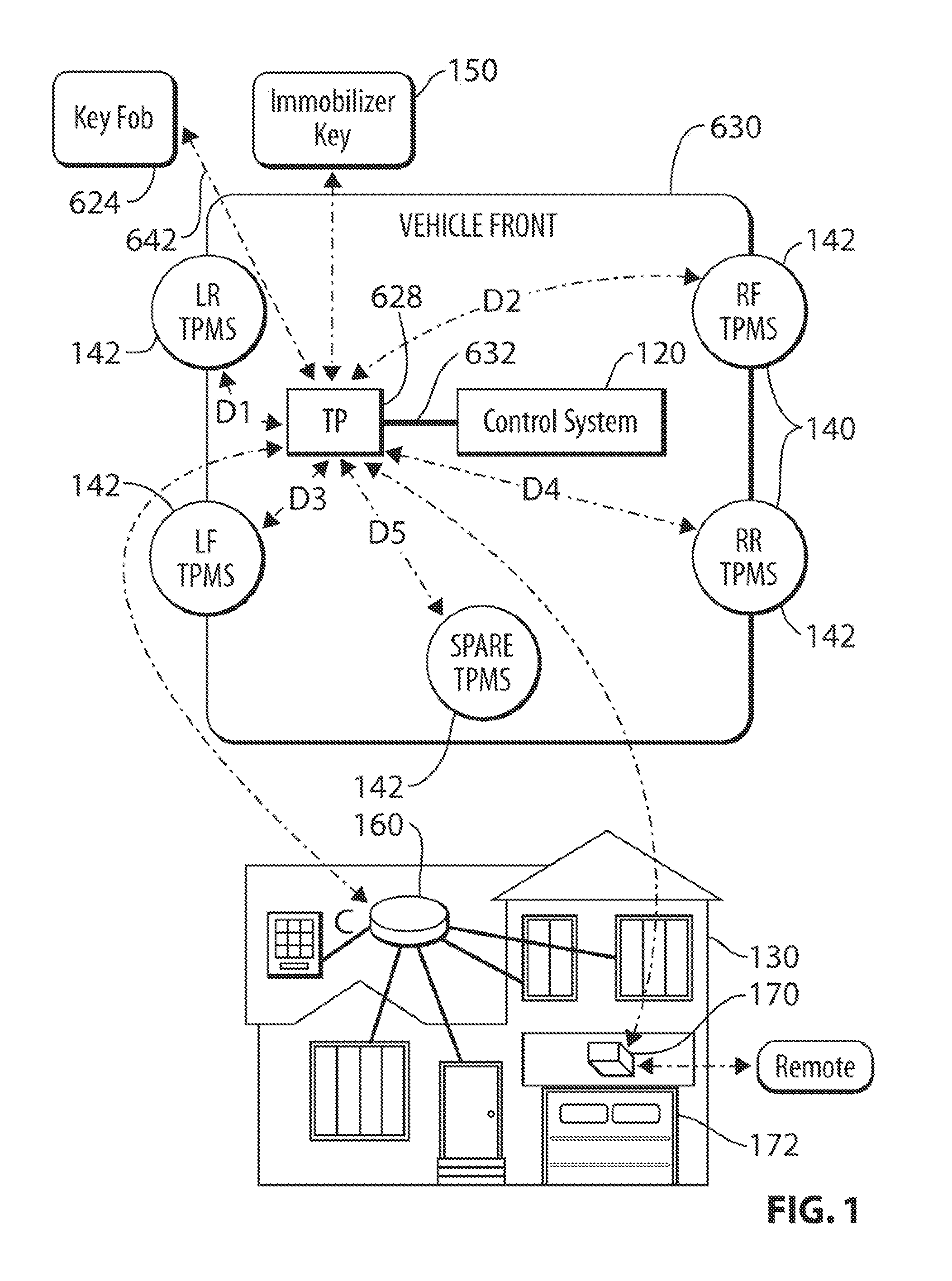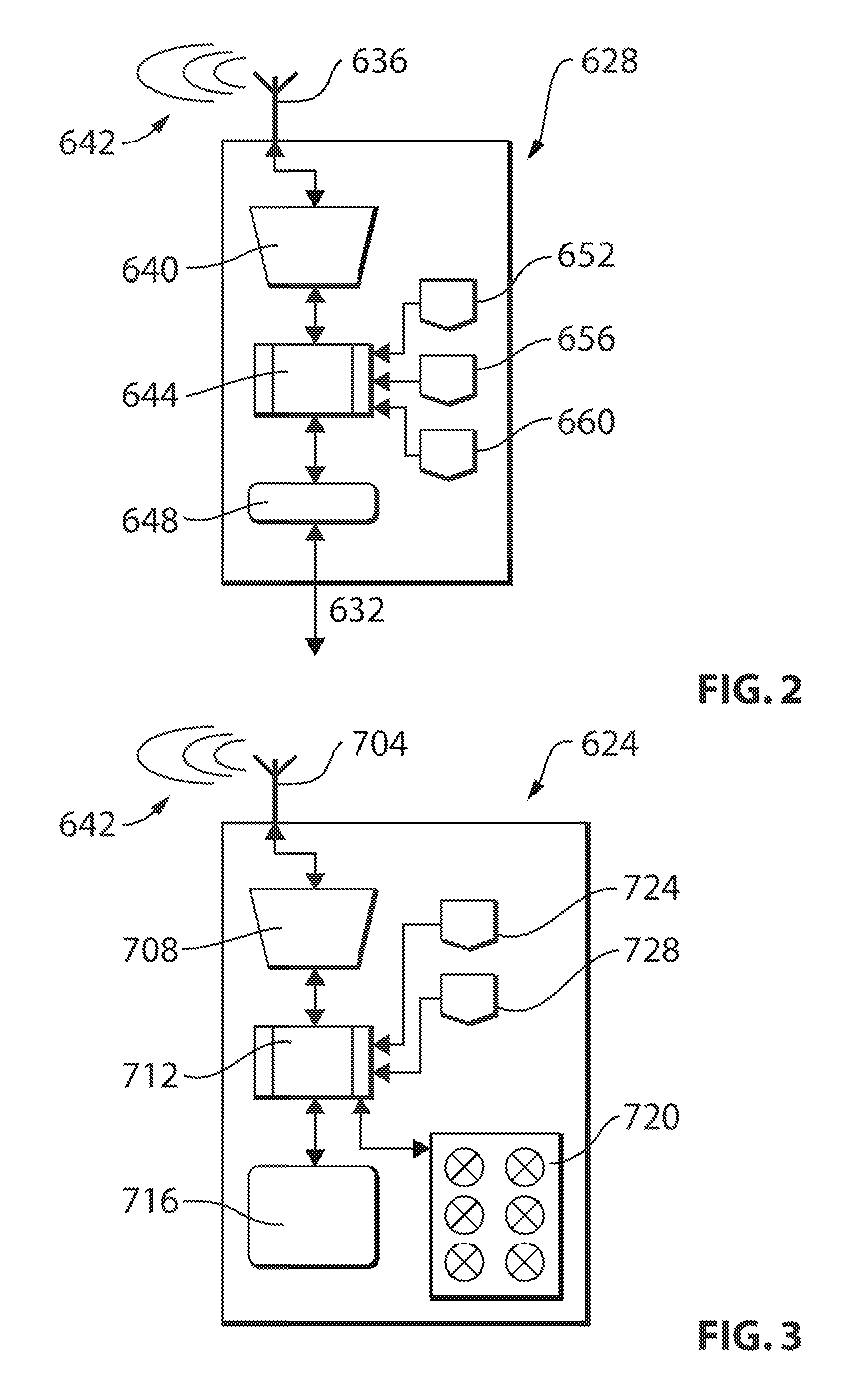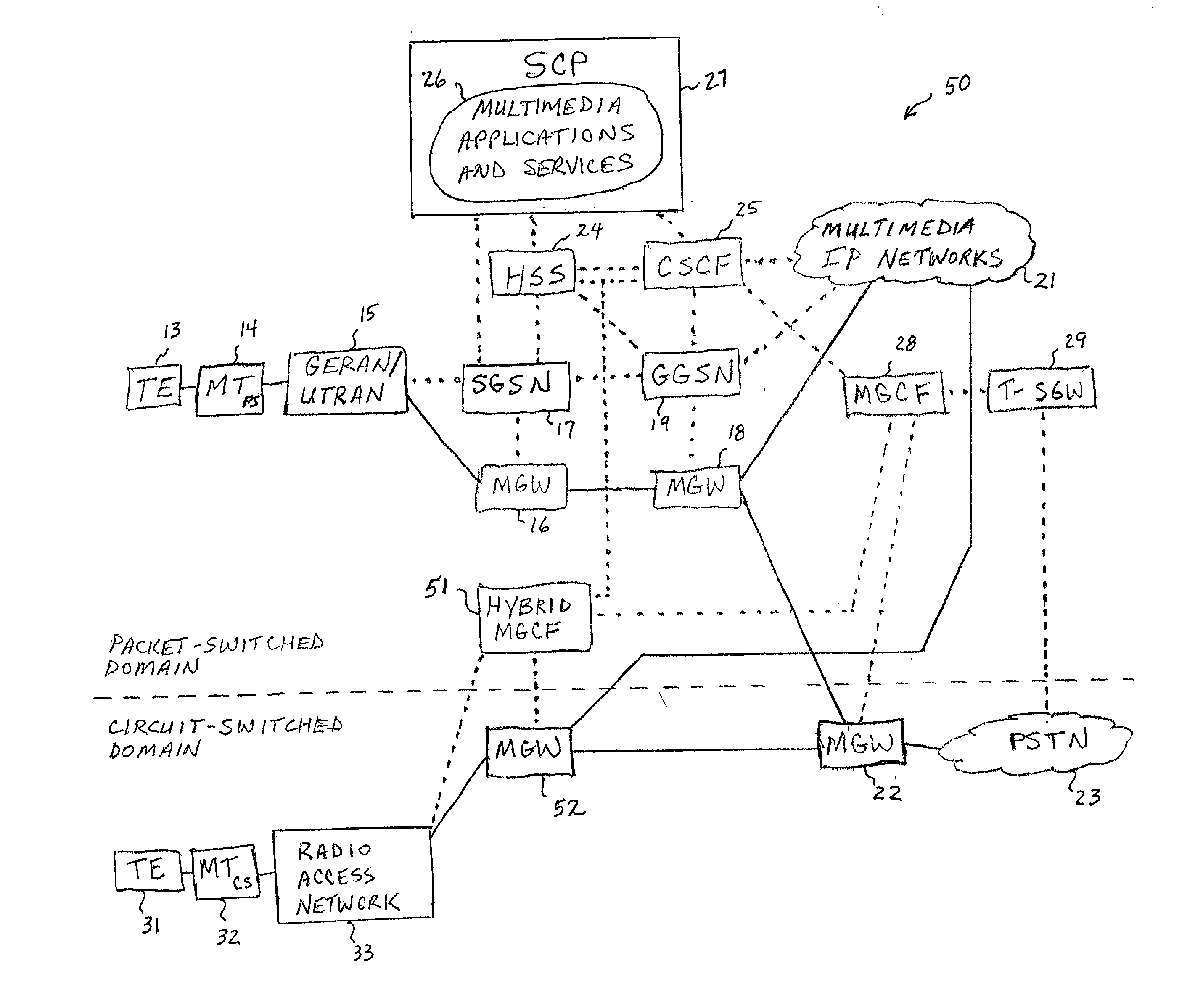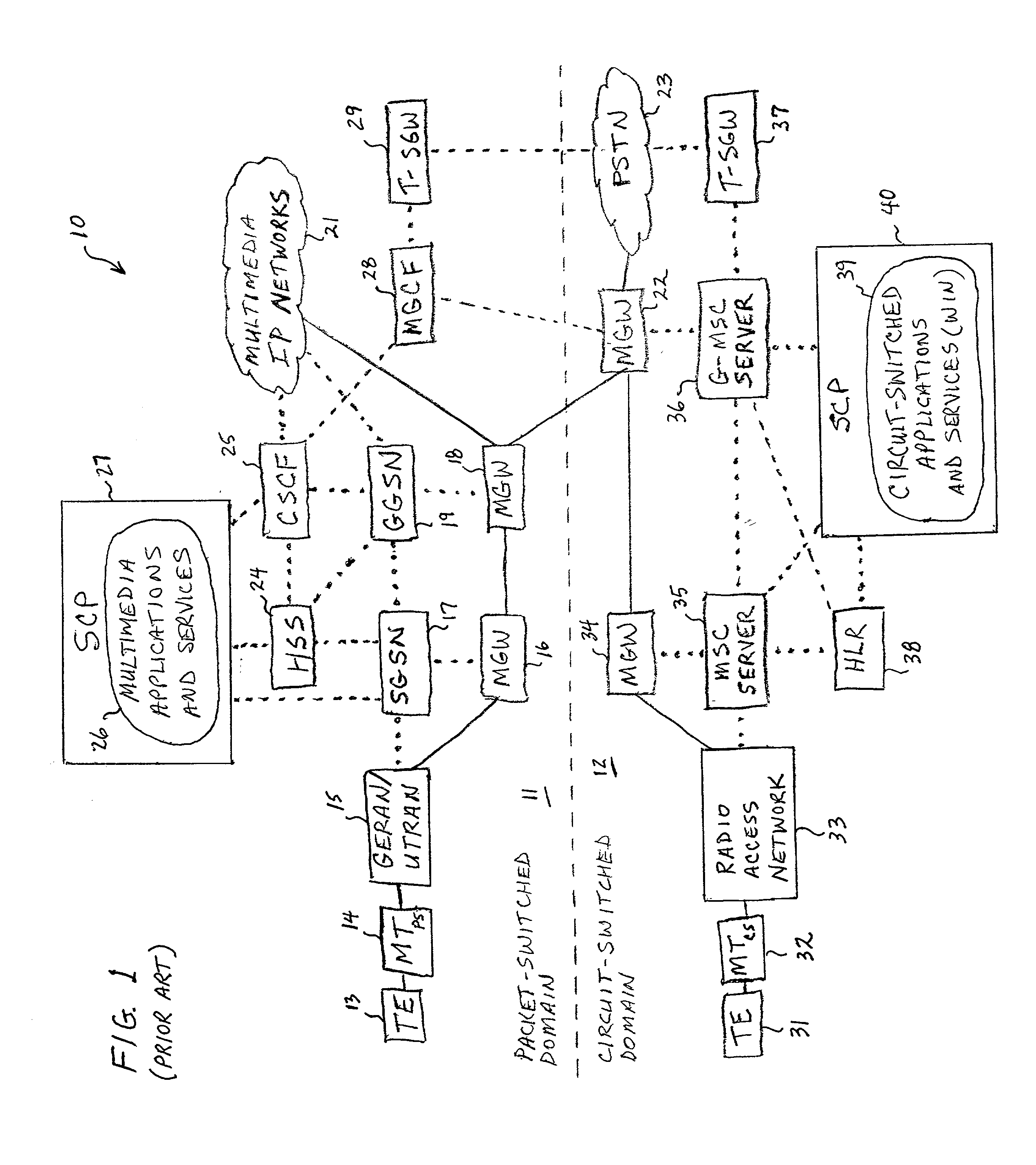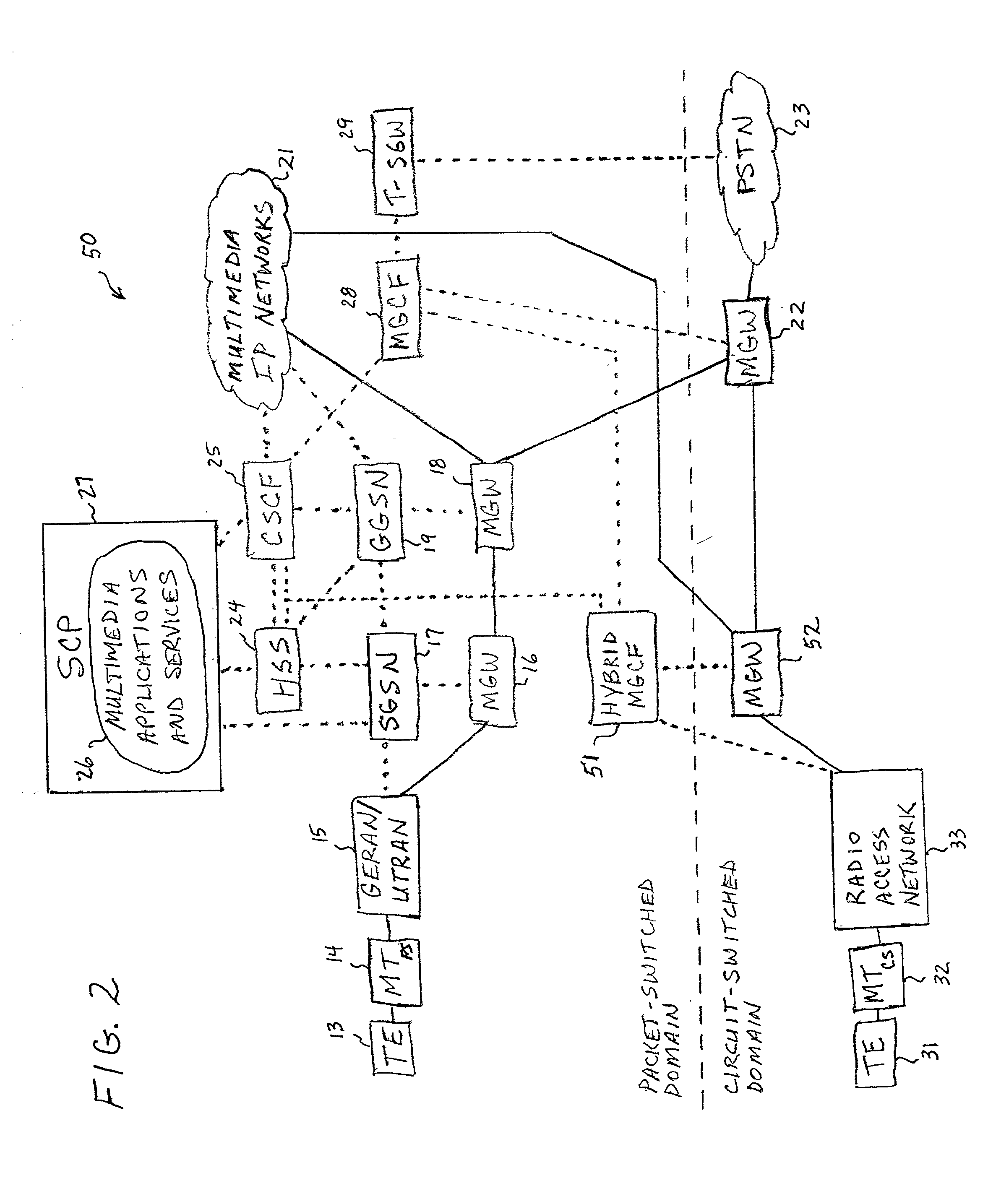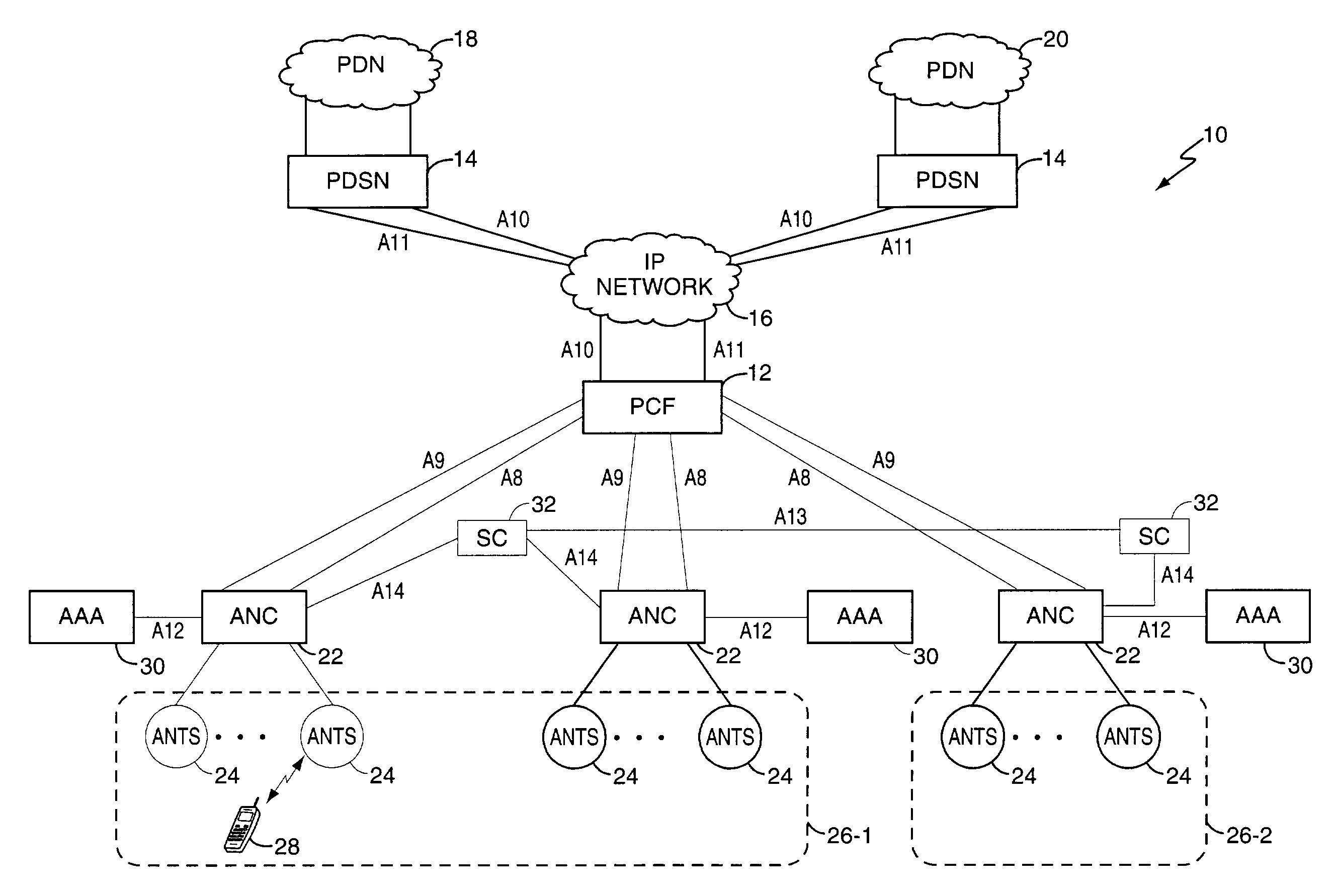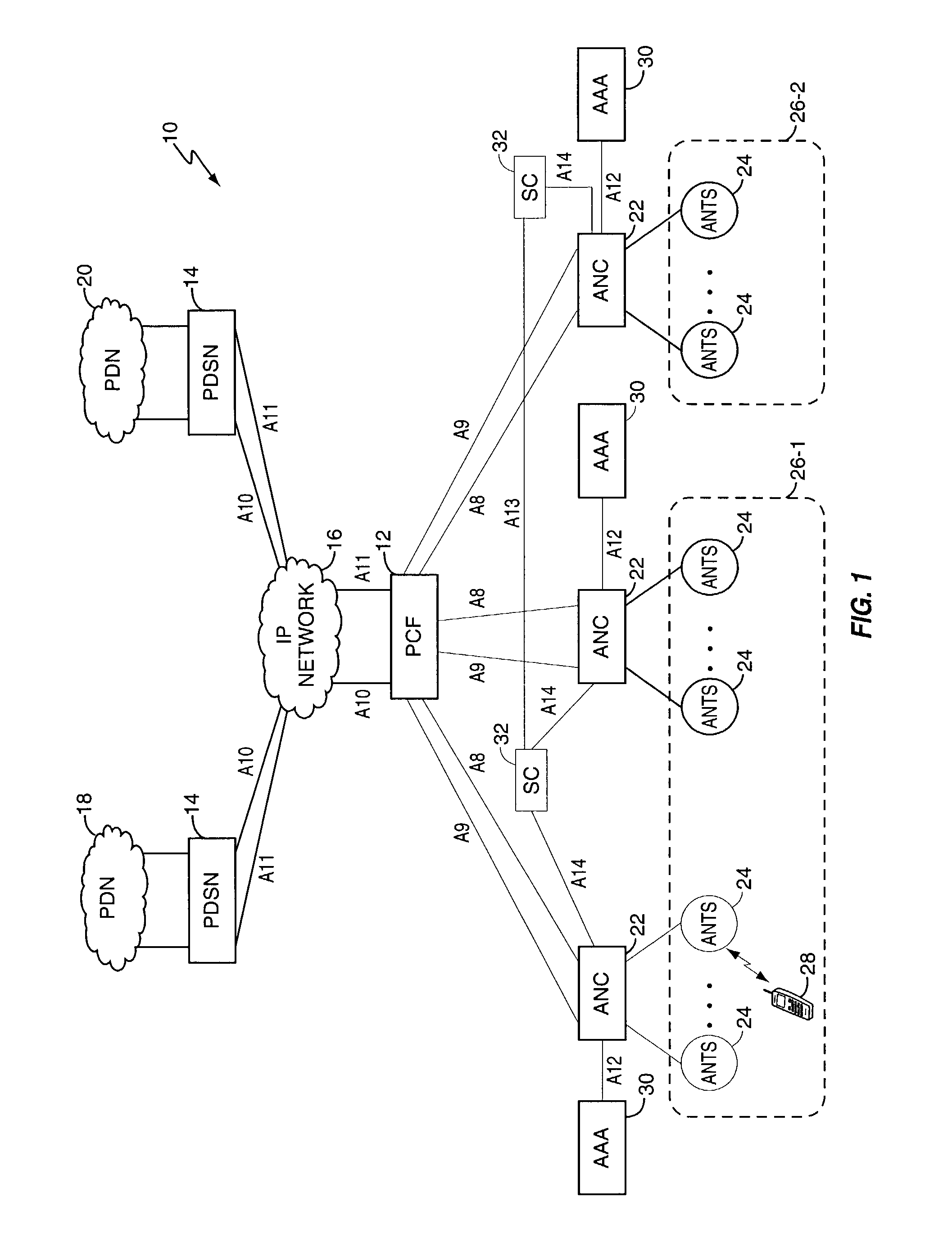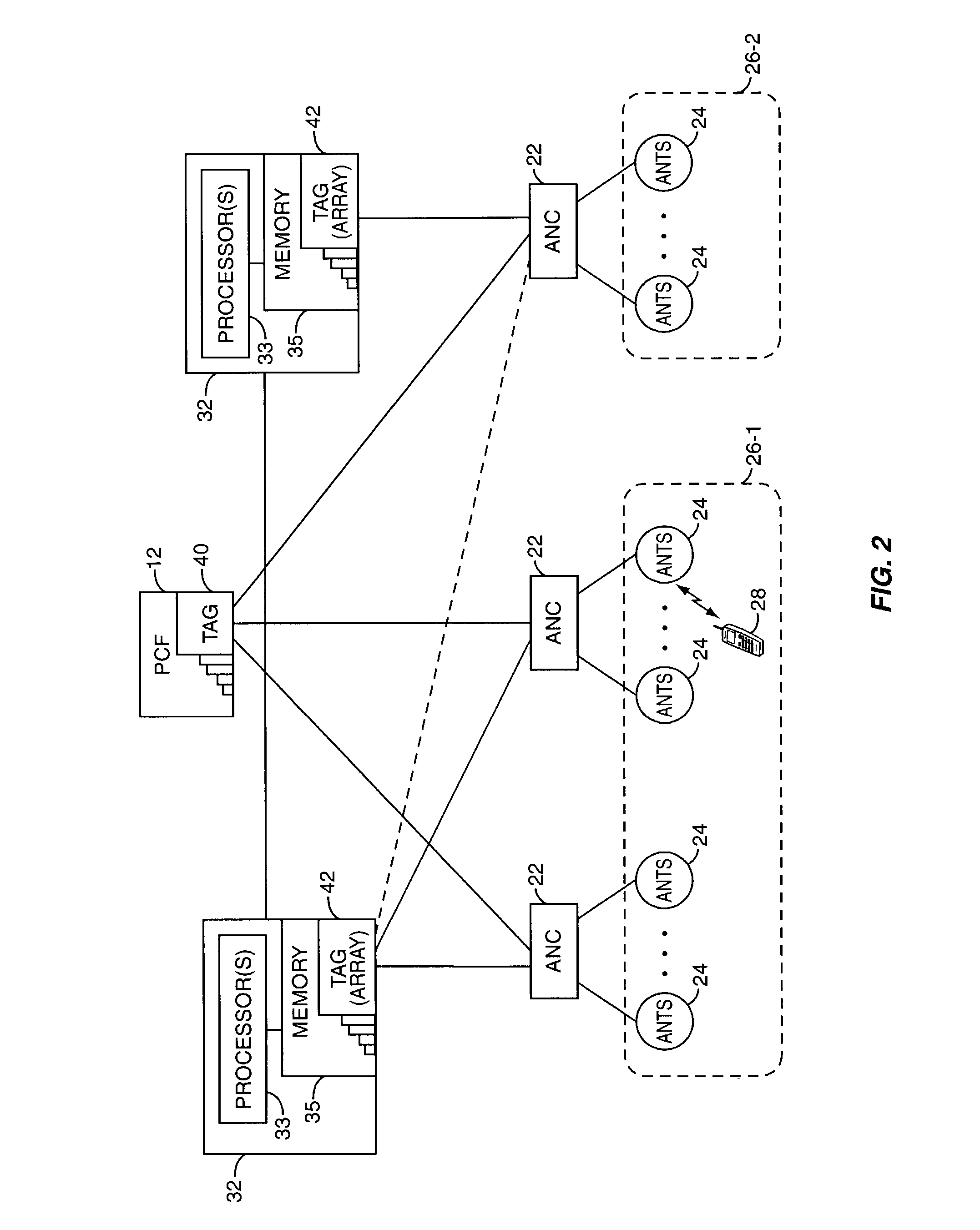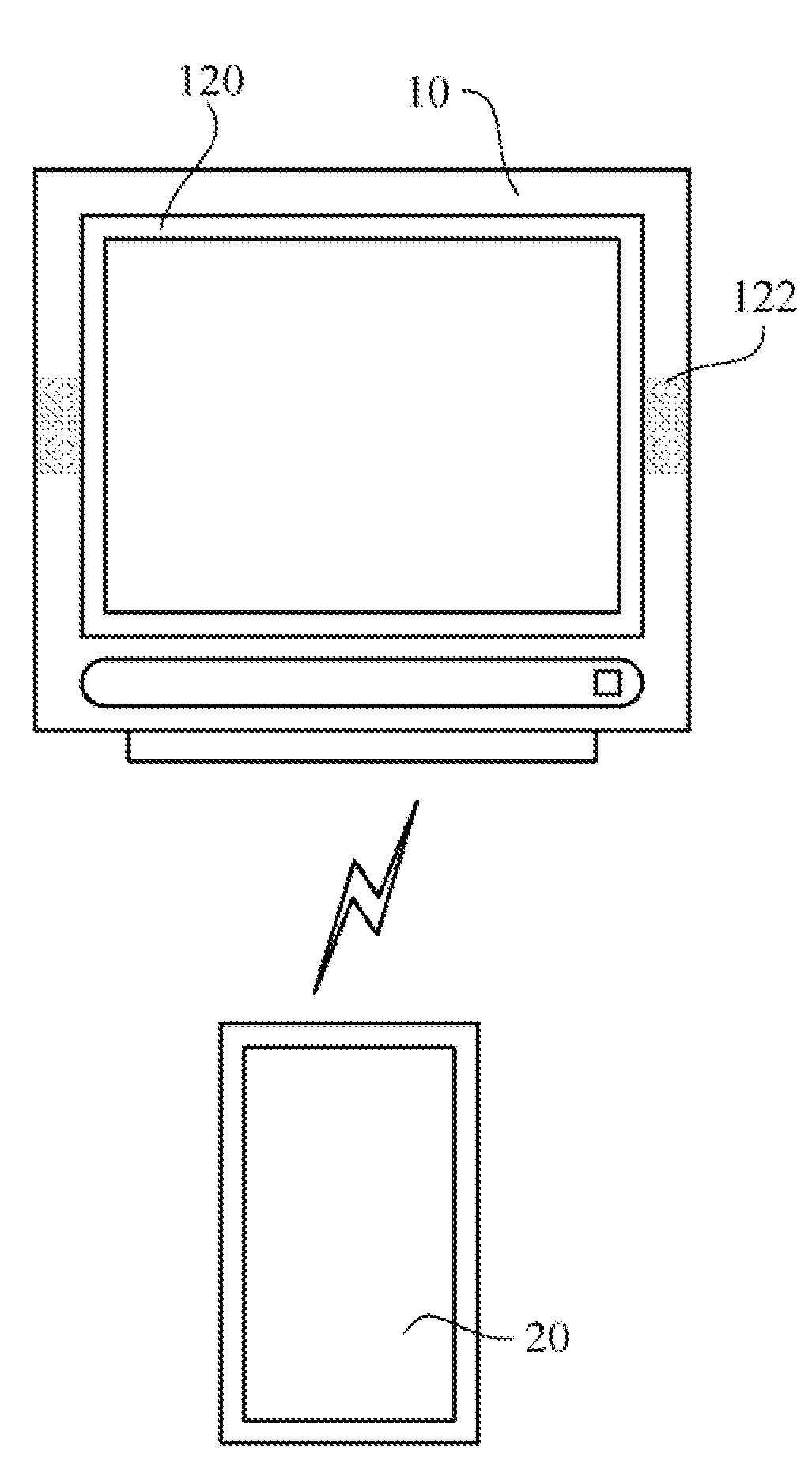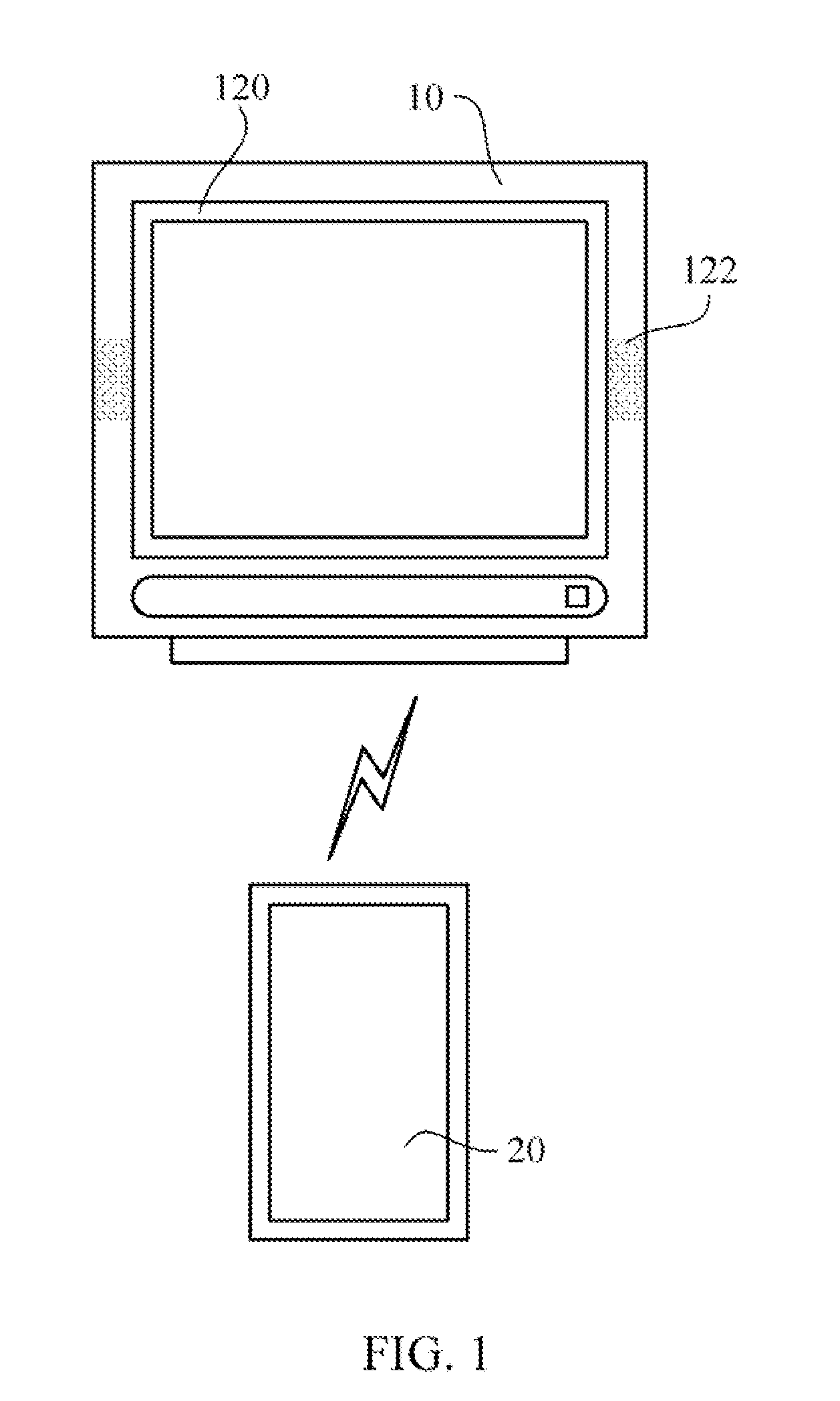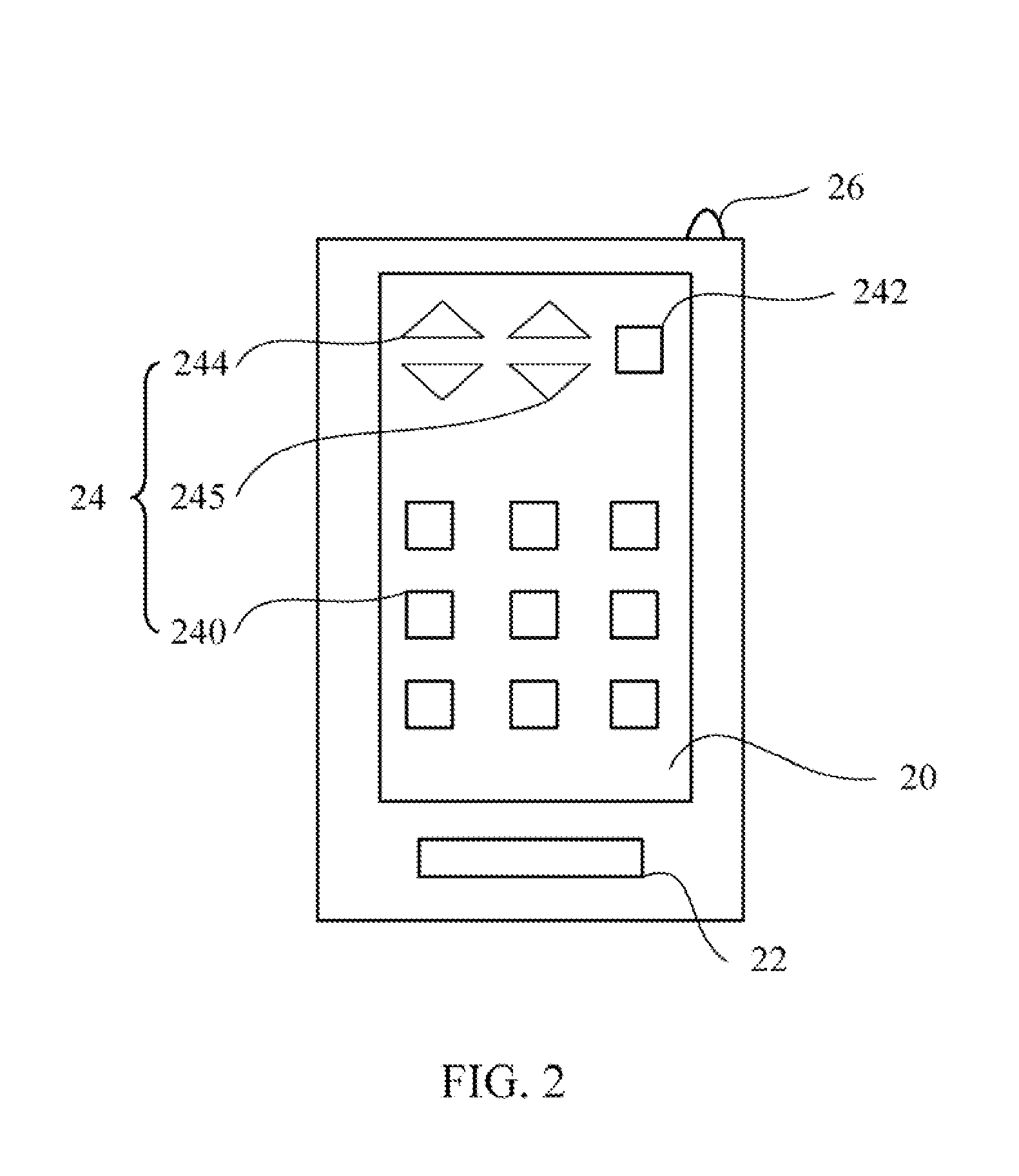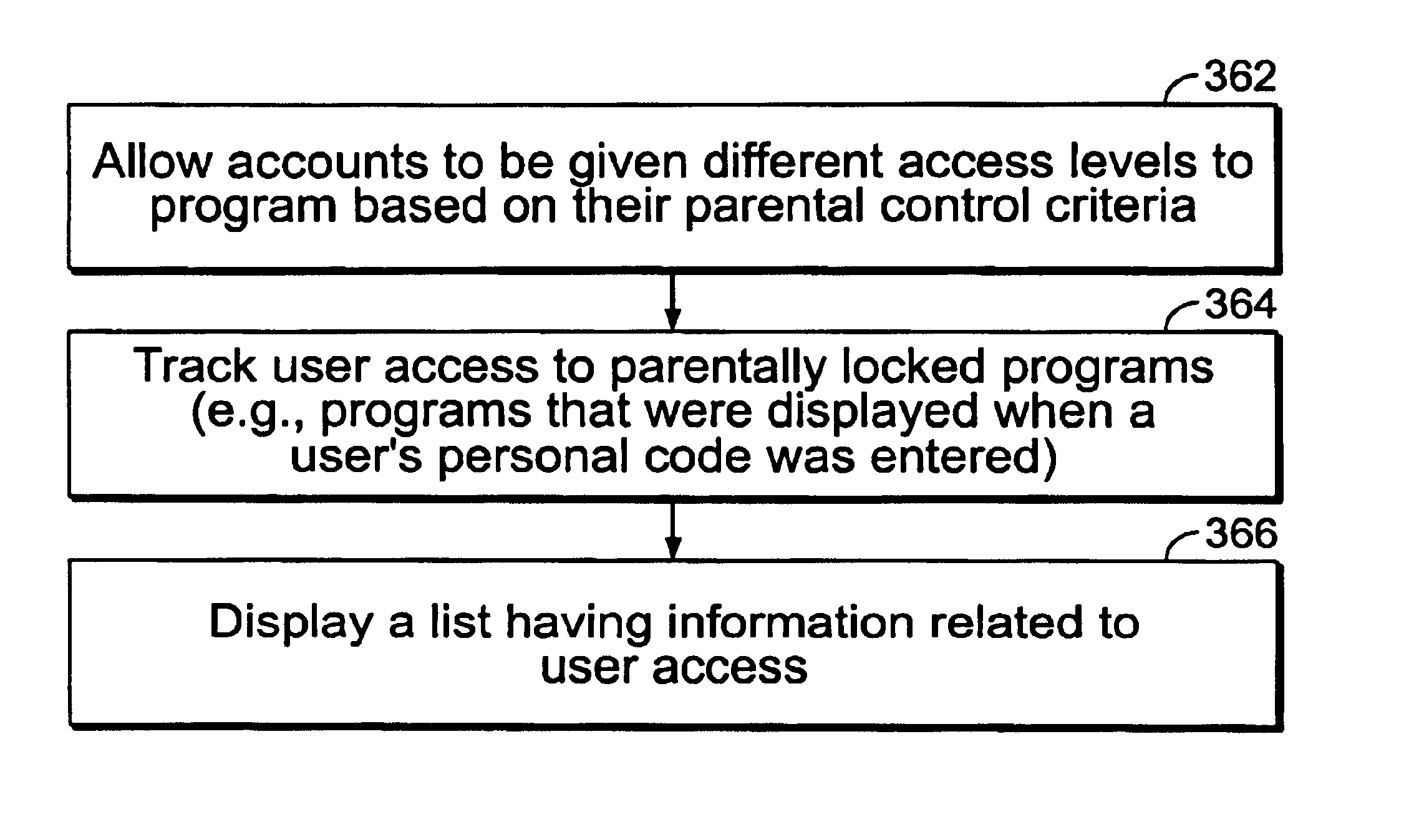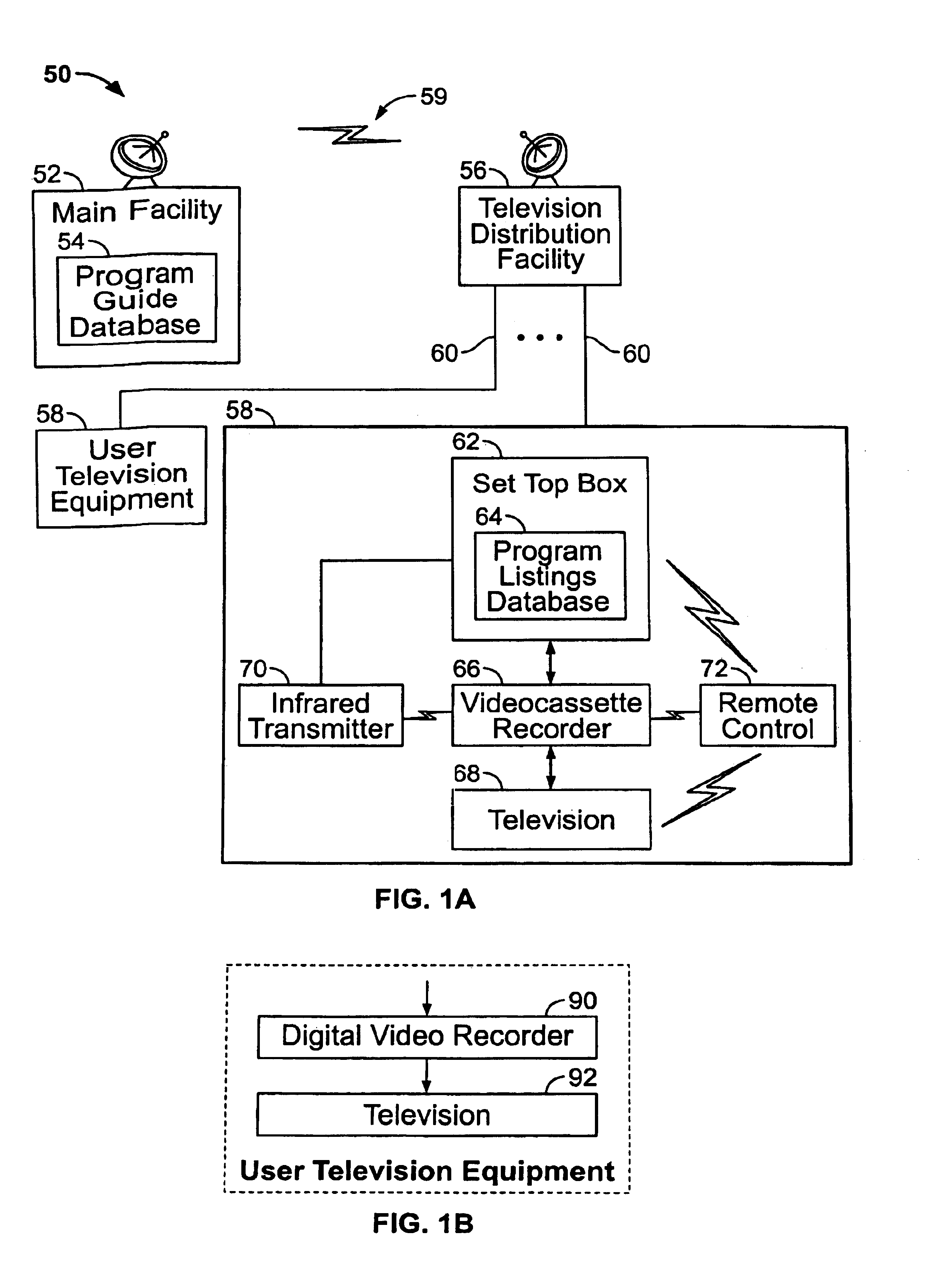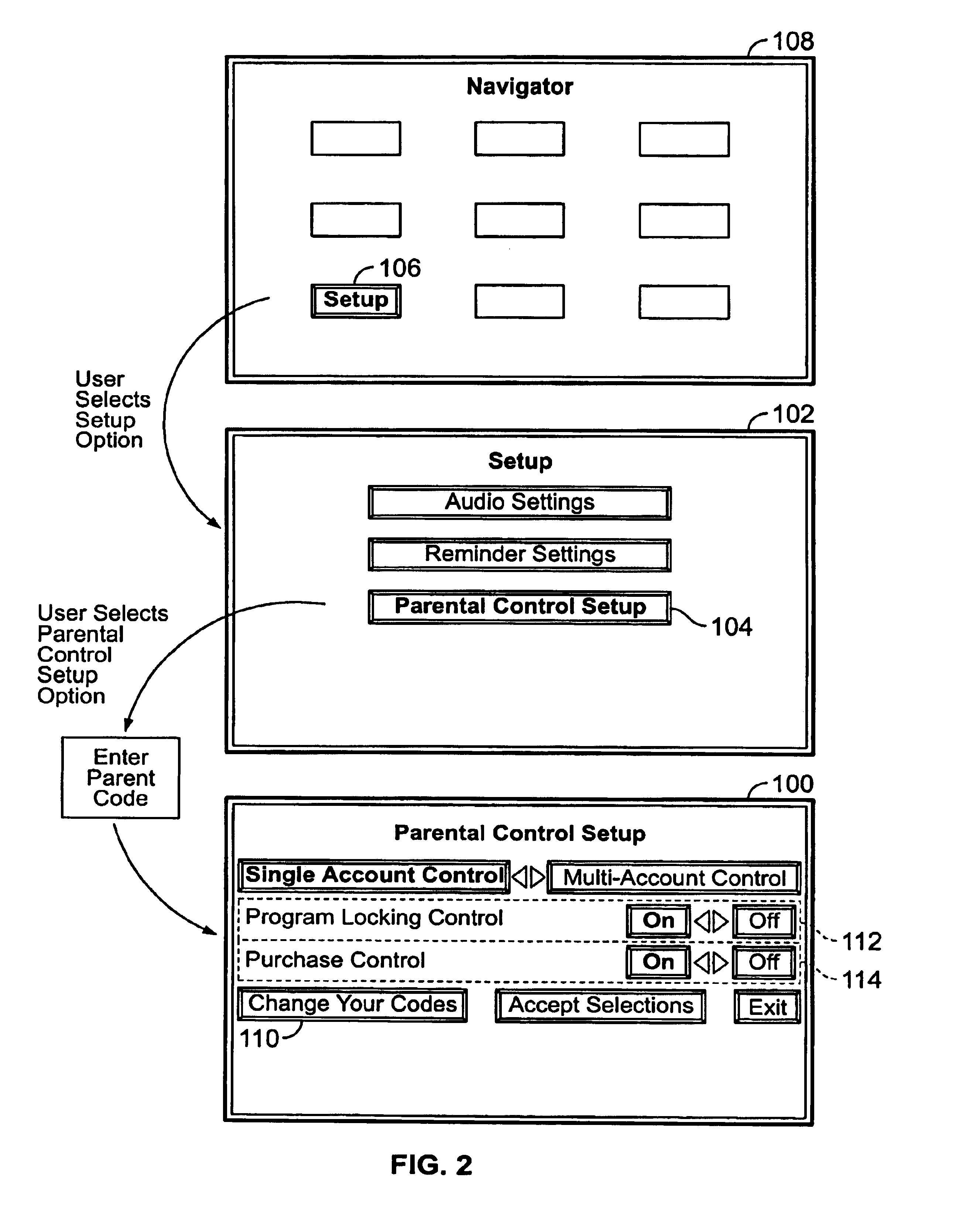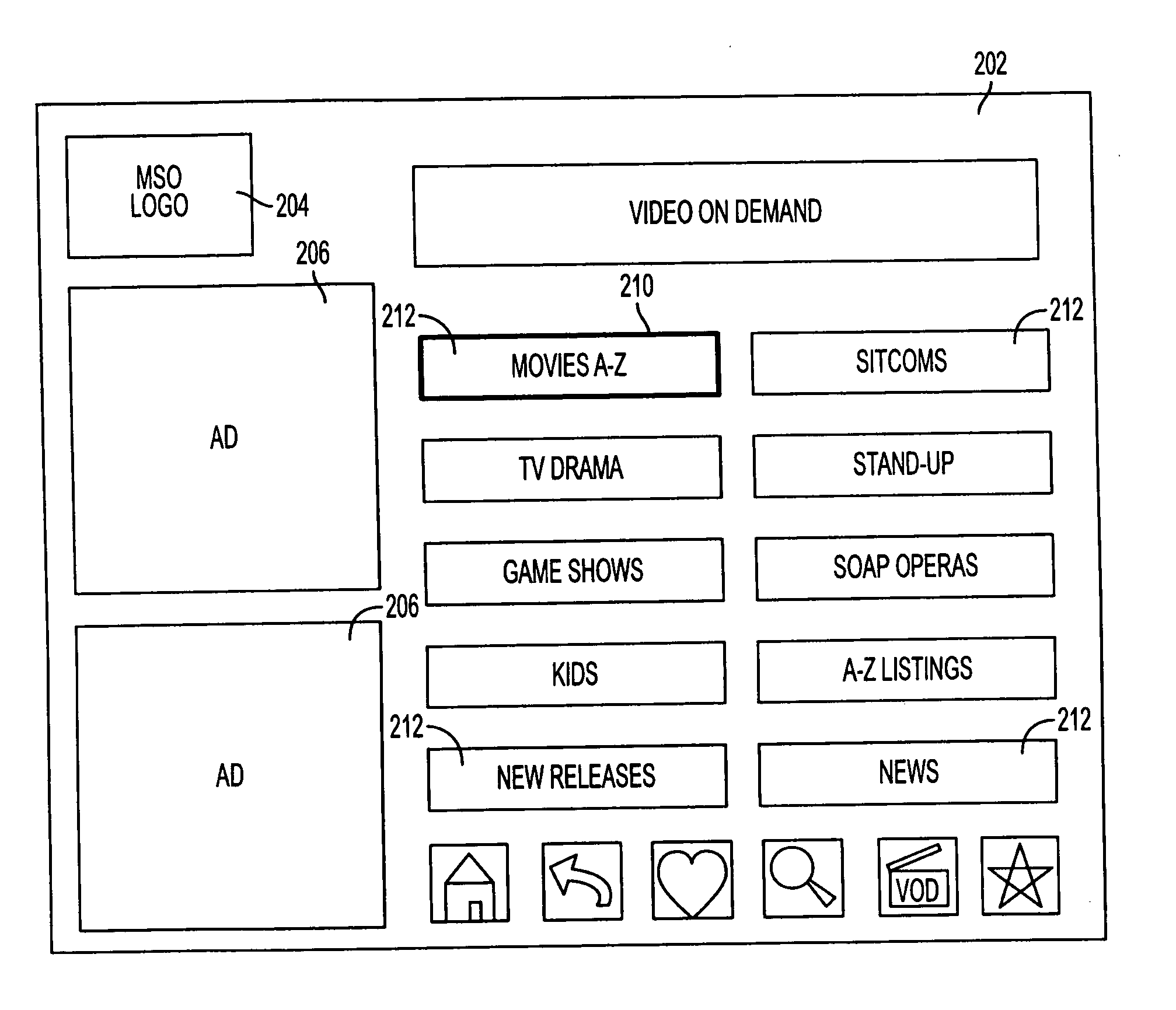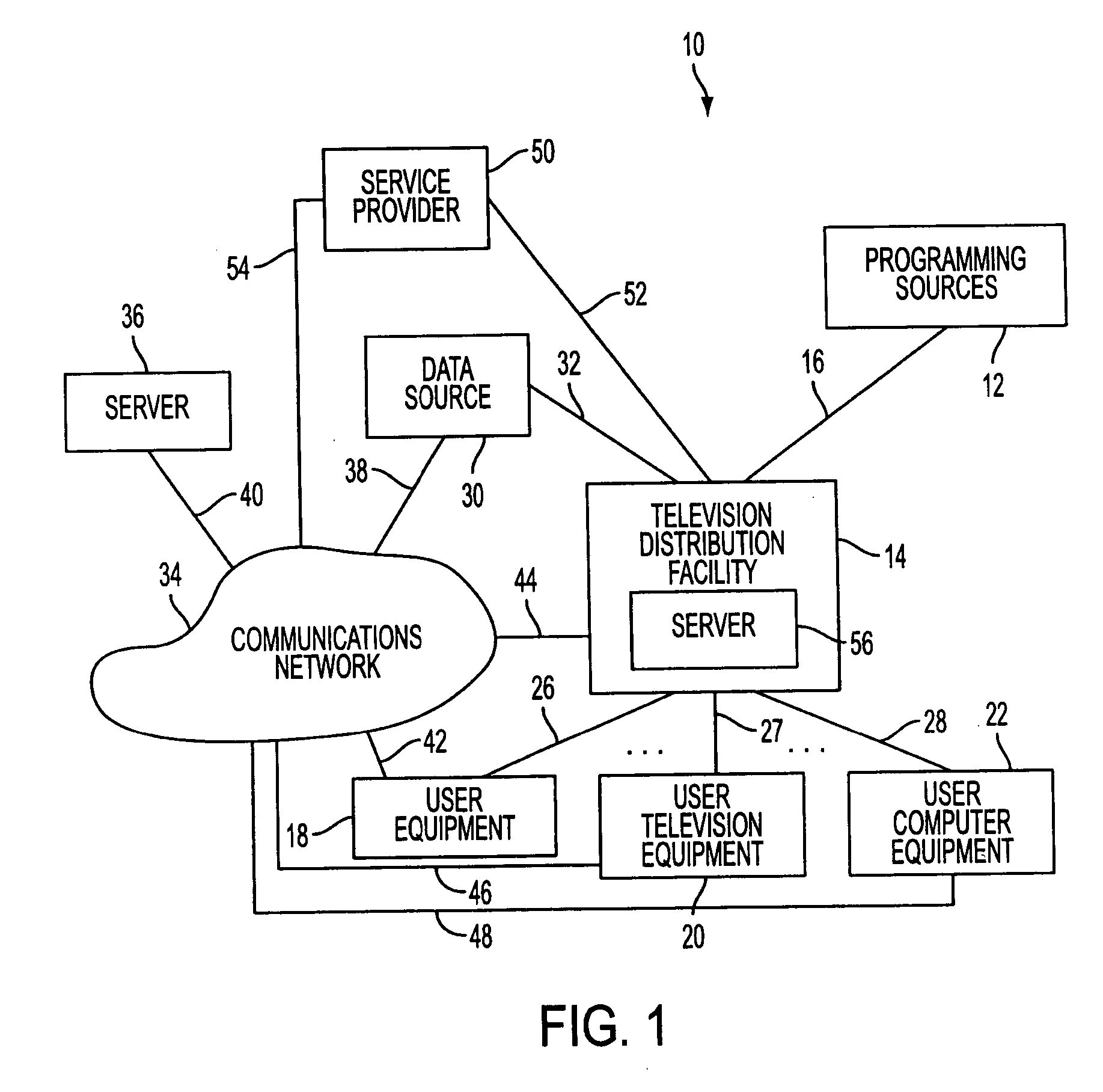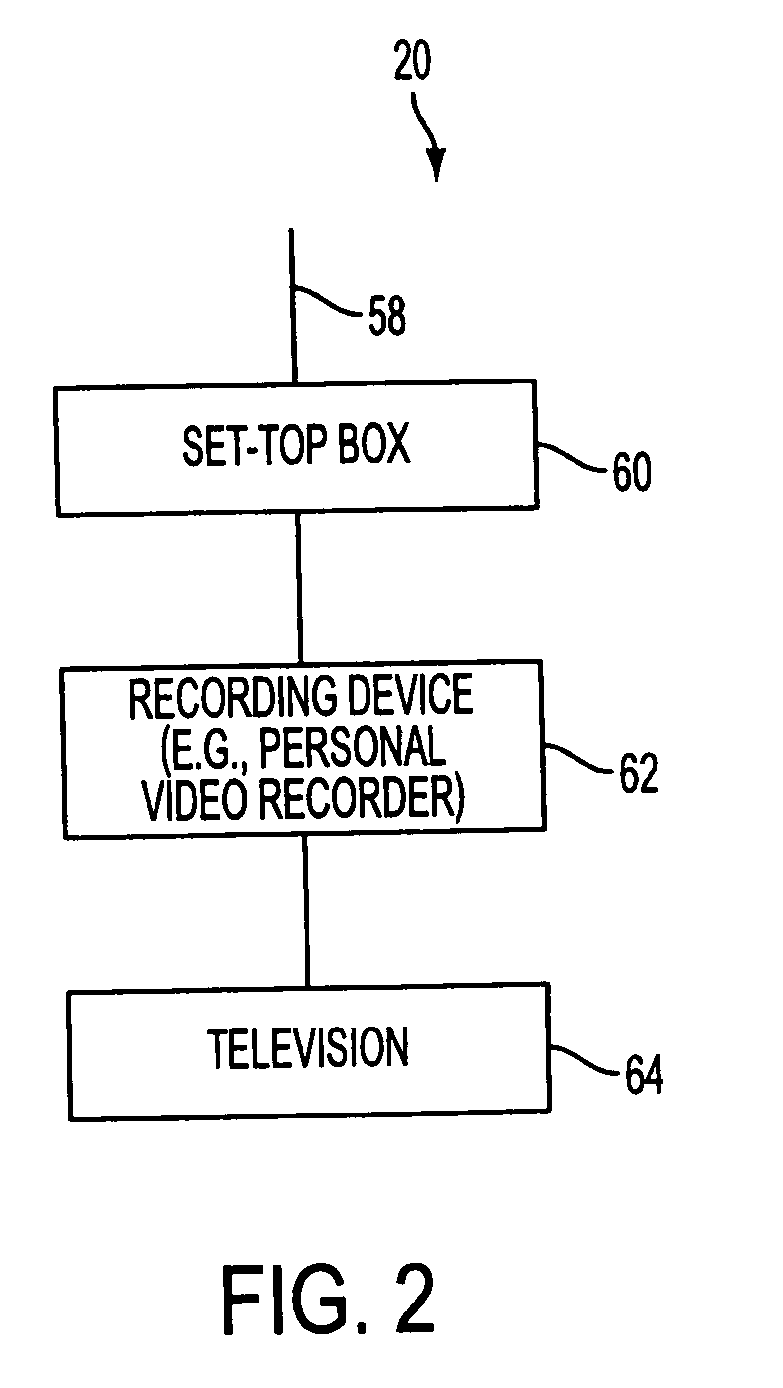Patents
Literature
12030 results about "Control function" patented technology
Efficacy Topic
Property
Owner
Technical Advancement
Application Domain
Technology Topic
Technology Field Word
Patent Country/Region
Patent Type
Patent Status
Application Year
Inventor
2. Continuous Function: Control is measurement and correction of performance of activities of subordinates, in order to ensure that enterprise’s objectives and plans devised to attain them, are being properly accomplished. So control function should be exercised regularly.
Interactive television program guide system having multiple devices within a household
InactiveUS20050251827A1Television system detailsAnalogue secracy/subscription systemsWeb browserInteractive television
An interactive television program guide system based on multiple user television equipment devices in a single household is provided. The system provides a user with an opportunity to adjust program guide settings with a given one of the interactive television program guides. The system coordinates the operation of the interactive television program guides so that the program guide settings that were adjusted with the given interactive television program guide are used by the other interactive television program guides. Program guide setting include features related to setting program reminders, profiles, program recording features, messaging features, favorites features, parental control features, program guide set up features (e.g., audio and video and language settings), etc. The operation of applications such as web browser applications, home shopping applications, home banking applications, game applications, etc. may also be coordinated.
Owner:UNITED VIDEO PROPERTIES
Method for collecting and processing data using internetworked wireless integrated network sensors (WINS)
InactiveUS7020701B1High reliability accessEasy to operateEnergy efficient ICTPower managementReconfigurabilityMonitoring and control
The Wireless Integrated Network Sensor Next Generation (WINS NG) nodes provide distributed network and Internet access to sensors, controls, and processors that are deeply embedded in equipment, facilities, and the environment. The WINS NG network is a new monitoring and control capability for applications in transportation, manufacturing, health care, environmental monitoring, and safety and security. The WINS NG nodes combine microsensor technology, low power distributed signal processing, low power computation, and low power, low cost wireless and / or wired networking capability in a compact system. The WINS NG networks provide sensing, local control, remote reconfigurability, and embedded intelligent systems in structures, materials, and environments.
Owner:INTELLECTUAL VENTURES I LLC
Method and apparatus for internetworked wireless integrated network sensor (WINS) nodes
InactiveUS6859831B1Ease real-time operating system issueImprove adaptabilitySpecific access rightsAnti-theft devicesReconfigurabilityMonitoring and control
The Wireless Integrated Network Sensor Next Generation (WINS NG) nodes provide distributed network and Internet access to sensors, controls, and processors that are deeply embedded in equipment, facilities, and the environment. The WINS NG network is a new monitoring and control capability for applications in transportation, manufacturing, health care, environmental monitoring, and safety and security. The WINS NG nodes combine microsensor technology, low power distributed signal processing, low power computation, and low power, low cost wireless and / or wired networking capability in a compact system. The WINS NG networks provide sensing, local control, remote reconfigurability, and embedded intelligent systems in structures, materials, and environments.
Owner:INTELLECTUAL VENTURES I LLC
Aerosol Delivery Device and Related Method and Computer Program Product for Controlling an Aerosol Delivery Device Based on Input Characteristics
The present disclosure relates to an aerosol delivery device and related methods and computer program products for controlling an aerosol delivery device based on input characteristics. For example, a method may include an aerosol delivery device determining a characteristic of a user input to the aerosol delivery device. The method may further include the aerosol delivery device determining a control function having a defined association with the characteristic. The method may additionally include the aerosol delivery device performing the control function in response to the user input.
Owner:RAI STRATEGIC HLDG INC
Network based multiple sensor and control device with temperature sensing and control
InactiveUS20050043907A1Minimize adverse effectsPartial latencyThermometer detailsElectric devicesMultiple sensorControl equipment
A multifunction sensor device which provides various transducer functions including means for performing temperature sensing, humidity sensing, ambient light sensing, motion detection, thermostat functions, switching functions, load switching and dimming functions, displaying actual and set temperature values, displaying time of day values and a means to put the device in an on, off or auto mode. The device has utility in environments such as that found in offices, schools, homes, industrial plants or any other type of automated facility in which sensors are utilized for energy monitoring and control, end user convenience or artificial or natural cooling, heating and HVAC control. The device can be used as a switch or dimmer, sensor or thermostat as well as to adjust and control all natural and artificial lighting, temperature and humidity devices. Key elements of the invention include overcoming the difficulty of mounting diverse sensors or transducers within the same device or housing; permitting these various sensors to exist in a single package that can be mounted to a wall in a substantially flush manner; and eliminating the requirement of an air flow channel in the device, thus minimizing any adverse effects on the motion detecting element or sensor as well as providing built in partial hysteresis. The device may include additional transducers or sensors and is constructed such that the temperature and humidity sensors are neither exposed to the flow of air in a room or area nor in an airflow channel whereby a chimney effect may occur. The device can transmit and receive real time data, relative data and actual discrete data in addition to switching and controlling loads locally or remotely. An embodiment utilizing airflow channels to direct air over the temperature and humidity sensors is also disclosed.
Owner:ECKEL DAVID P +2
Methods and systems for control of microfluidic devices
InactiveUS20020143437A1Overcome deficienciesFixed microstructural devicesVolume/mass flow measurementControl systemLow voltage
The present invention provides control methods, control systems, and control software for microfluidic devices that operate by moving discrete micro-droplets through a sequence of determined configurations. Such microfluidic devices are preferably constructed in a hierarchical and modular fashion which is reflected in the preferred structure of the provided methods and systems. In particular, the methods are structured into low-level device component control functions, middle-level actuator control functions, and high-level micro-droplet control functions. Advantageously, a microfluidic device may thereby be instructed to perform an intended reaction or analysis by invoking micro-droplet control function that perform intuitive tasks like measuring, mixing, heating, and so forth. The systems are preferably programmable and capable of accommodating microfluidic devices controlled by low voltages and constructed in standardized configurations. Advantageously, a single control system can thereby control numerous different reactions in numerous different microfluidic devices simply by loading different easily understood micro-droplet programs.
Owner:HANDYLAB
Mouse having a rotary dial
InactiveUS20030076303A1Digital data processing detailsCathode-ray tube indicatorsEngineeringMechanical engineering
A user operated input device is disclosed. The user operated input device includes a housing and a rotary dial positioned relative to an external surface of the housing. The rotary dial provides a control function.
Owner:APPLE INC
Apparatus for internetworked wireless integrated network sensors (WINS)
InactiveUS20100148940A1High reliability accessEasy to operateAntenna supports/mountingsDigital computer detailsReconfigurabilityMonitoring and control
The Wireless Integrated Network Sensor Next Generation (WINS NG) nodes provide distributed network and Internet access to sensors, controls, and processors that are deeply embedded in equipment, facilities, and the environment. The WINS NG network is a new monitoring and control capability for applications in transportation, manufacturing, health care, environmental monitoring, and safety and security. The WINS NG nodes combine microsensor technology, low power distributed signal processing, low power computation, and low power, low cost wireless and / or wired networking capability in a compact system. The WINS NG networks provide sensing, local control, remote reconfigurability, and embedded intelligent systems in structures, materials, and environments.
Owner:INTELLECTUAL VENTURES I LLC
Method for scroll bar control on a touchpad
ActiveUS20060001652A1Cathode-ray tube indicatorsInput/output processes for data processingTouchpadEngineering
In a method for scroll bar control on a touchpad, the fingers touching on the touchpad are detected to start up and terminate a scroll bar control function. In the scroll bar control function, the movement of the finger or fingers touching on the touchpad is detected for scrolling on a window, and the vertical distance and the horizontal distance of the movement are evaluated for determining the scrolling amount of a vertical scroll bar or a horizontal scroll bar of the window.
Owner:ELAN MICROELECTRONICS CORPORATION
Mouse having a rotary dial
InactiveUS7084856B2Facilitate functioningContinuous rotationDigital data processing detailsCathode-ray tube indicatorsEngineeringMechanical engineering
Owner:APPLE INC
Form factor and input method for language input
InactiveUS7508373B2Input/output for user-computer interactionCathode-ray tube indicatorsFree rotationMobile device
Owner:MICROSOFT TECH LICENSING LLC
System and method for setting functions according to location
InactiveUS20090146846A1Input/output for user-computer interactionRoad vehicles traffic controlControl functionGps data
An apparatus, system, and method for controlling functions of a vehicular alarm. The method includes receiving one or more signals including location information, determining a location of the vehicle using the location information, setting one or more functions based on the location information, determining whether an alarm function is activated, and activating the one or more functions according to the setting upon determining that an alarm has been activated. The method may further include using GPS data or signals transmitted from one or more base stations (e.g., from cellular telephone base stations, computer networks, proprietary transmitters, etc.) to determine the position of the apparatus (e.g., installed in the vehicle). The apparatus may also inform a user of regulations relating to an area dependent upon its location.
Owner:GROSSMAN VICTOR A
Electronic device for regulating and controlling ambient temperatures, and relative setting method
InactiveUS6502758B2Easy to useQuick understandingDomestic cooling apparatusTemperature control using electric meansDot matrixDisplay device
Electronic device operable by an user for regulating and controlling ambient parameters, such as ambient temperature, comprising a processing unit, a display device for displaying selectable control functions and setting parameters related to a set of desired ambient conditions and a selection / control unit for selecting by the user at least one control function or setting parameter from among a set of displayed control functions or setting parameters. The device comprises an interactive display of a dot matrix type able to display to a user variable indications comprising at least the specific control function associated with each of said selection / control unit according to the specific selection made by the user.
Owner:INVENSYS CONTROLS ITAL
Adaptive Social Computing Methods
ActiveUS20060200435A1Easy to adaptEfficiently navigateDigital computer detailsMachine learningVision basedSelf adaptive
Methods of applying adaptive social computing systems are disclosed. The social computing systems include capabilities to generate adaptive recommendations and representations of social networks derived, at least in part, from inferences of the preferences and interests of system users based on a plurality of usage behaviors, spanning a plurality of usage behavior categories. The behavioral categories include system navigation behaviors, content referencing behaviors, collaborative behaviors, and the monitoring of physical location and changes in location. Privacy control functions and compensatory functions related to insincere usage behaviors can be applied. Adaptive recommendation delivery can take the form of visual-based or audio-based formats.
Owner:WORLD ASSETS CONSULTING AG
Features for use with advanced set-top applications on interactive television systems
InactiveUS20050235319A1Television system detailsAnalogue secracy/subscription systemsTelevision systemInteractive television
Advanced features for interactive television applications are described, including a back feature, a forward feature, a history feature, a go to feature, an extras feature, a reminder feature, a favorites feature, a parental control feature, and a search feature. Features may be inter-resource. Support for multiple data paths, Internet access, interactive services, and user profiles are also described.
Owner:UNITED VIDEO PROPERTIES
Tiered contention multiple access (TCMA): a method for priority-based shared channel access
ActiveUS7095754B2Minimizing chanceLower latencySynchronisation arrangementNetwork traffic/resource managementService-level agreementIdle time
Quality of Service (QoS) support is provided by means of a Tiered Contention Multiple Access (TCMA) distributed medium access protocol that schedules transmission of different types of traffic based on their service quality specifications. In one embodiment, a wireless station is supplied with data from a source having a lower QoS priority QoS(A), such as file transfer data. Another wireless station is supplied with data from a source having a higher QoS priority QoS(B), such as voice and video data. Each wireless station can determine the urgency class of its pending packets according to a scheduling algorithm. For example file transfer data is assigned lower urgency class and voice and video data is assigned higher urgency class. There are several urgency classes which indicate the desired ordering. Pending packets in a given urgency class are transmitted before transmitting packets of a lower urgency class by relying on class-differentiated urgency arbitration times (UATs), which are the idle time intervals required before the random backoff counter is decreased. In another embodiment packets are reclassified in real time with a scheduling algorithm that adjusts the class assigned to packets based on observed performance parameters and according to negotiated QoS-based requirements. Further, for packets assigned the same arbitration time, additional differentiation into more urgency classes is achieved in terms of the contention resolution mechanism employed, thus yielding hybrid packet prioritization methods. An Enhanced DCF Parameter Set is contained in a control packet sent by the AP to the associated stations, which contains class differentiated parameter values necessary to support the TCMA. These parameters can be changed based on different algorithms to support call admission and flow control functions and to meet the requirements of service level agreements.
Owner:AT&T INTPROP I L P
Sales transaction analysis tool and associated method of use
A computer implemented sales transaction tool and associated method of use is disclosed. This includes at least one processor configured to receive sales transaction information and programmed to provide the following functionality: a series of control functions that can be selectively activated by input to the processor for creating at least one subset of the sales transaction information, a plurality of graphical representations that are generated based on the selected subset of sales transaction information, and displaying at least one graphical representation of the plurality of graphical representations on an electronic display associated with the processor. Graphical representations of sales transaction information may include a slope and scatter diagram of sales transaction information, a waterfall chart, waterfall transactional analysis, a time series chart, a price sensor, a margin sensor, a break-even analysis graph and a bubble chart. There are graphical representations to evaluate opportunity of moving low margin products to average margins of comparable products and determining value for products having a single customer.
Owner:CELANESE INT CORP
RFID based security network
InactiveUS7019639B2Improve reliabilityLow costBurglar alarm by openingFrequency-division multiplex detailsNetwork Communication ProtocolsElectric power
A security network for a building using at least one RFID reader to communicate with at least one RFID transponder to provide the radio link between each of a number of openings and a control function capable of causing an alert in the event of an intrusion. A gateway provides an interface between the security network and various external networks. The control function can be located in either or both of the RFID reader and the gateway. The RFID transponder is connected to an intrusion sensor. The gateway can communicate with the RFID reader using active RF communications, power-line communications protocol, or hardwire connection. The RFID transponder can contain an energy store. The RFID reader contains means for transferring power to an RFID transponder for the purpose of charging any energy store. The security network can contain more than one RFID reader.
Owner:ADT US HLDG INC
System and method for filtering internet content & blocking undesired websites by secure network appliance
InactiveUS20120023593A1Harder to hackDigital data processing detailsAnalogue secracy/subscription systemsWeb browserInternet content
Owner:PUDER GEORGE +1
Touch control method for a drag gesture and control module thereof
InactiveUS20060007174A1Guaranteed continuous outputCathode-ray tube indicatorsInput/output processes for data processingControl signalComputer science
A touch control method for a drag gesture, which identifies a motion of the drag gesture executed on the touch device by an object by way of a control module of the touch device with control signal being generated corresponding to the drag gesture for being used by an main unit as subsequent control function with a first reference time being defined in the control module, includes detecting occurrence of the drag generated during the object moving on the touch device and starting counting time at the same time; determining time of the object staying on the touch device; outputting a control signal representing the motion of drag gesture for being used by the main unit in case of the staying time being exceeding the first reference time and the object keeping moving a small distance on the touch device; and keeping outputting the control signal to the main unit during the object stopping moving and keeping contacting with the touch device and stopping outputting the control signal to the main unit once the object detaches from the touch device.
Owner:SENTELIC TECH CO LTD
Information routing system and apparatus
ActiveUS6999454B1Time-division multiplexGeneral purpose stored program computerTraffic capacityRouting table
An information routing system and apparatus includes separate control and forwarding planes. The control plane is split into box management control functions and routing control functions. The box management control functions are isolated to a single processing card, while the routing control functions are distributed across multiple processing cards. The routing table is also distributed across multiple processing cards. The multiple processing cards are interconnected via a high-speed backplane bus for control plane traffic and by a fabric for forwarding plane traffic.
Owner:RPX CLEARINGHOUSE
Autonomous multi-platform robotic system
InactiveUS6836701B2Fast and accurate and cost-effective mapping and localizationImprove overall senseProgramme-controlled manipulatorDigital data processing detailsRobotic systemsMulti platform
An autonomous multi-platform robot system (100, 1100) for performing at least one functional task in an environment is provided. The system includes at least one navigator platform (110, 1110) providing mapping, localization, planning, and control functions for itself and at least one other platform within the environment and at least one functional robot platform (120, 1120) in communication with one or more navigator platforms for performing one or more functional tasks. In one embodiment, one or more navigator platforms (1110) are stationary and include sensors (202) for sensing information about the environment. In another embodiment, one or more functional robot platforms (1120) include sensors (304) for sending information about the environment. In still another embodiment, the system includes one or more stationary platforms (124) with sensors (310) for sensing information about the environment.
Owner:ROYAL APPLIANCE MFG
Zeroclick
InactiveUS20030197744A1Cathode-ray tube indicatorsInput/output processes for data processingEmbedded systemPathPing
A GUI interface, a method of programming a GUI interface, and an apparatus which enables functions of controls in the GUI to be activated by a movement to a control and then another subsequent movement related to that control. It may be defined more precisely below. A GUI in which, when a pointer 0 old>0 < / highlight>is immediately adjacent or passerea 1, a procedure is initiated whereby subsequentdure is initiated whereby subsequent movement of t area 3 generates a "click" event which simulates < / highlight>generates a "click" event which simulae the predetermined path area 3 prior to completioight>and moving outside the predetermined path areinter has never started along the predetermined paath <bold>3 < / highlight>resets the control to as if the pointer has never started along the predetermined path area <bold>3. < / highlight>
Owner:ZEROCLICK LLC
Methods and systems for control of microfluidic devices
InactiveUS7010391B2Easy programmingSludge treatmentFixed microstructural devicesControl systemLow voltage
Owner:HANDYLAB
Remote vehicle control system utilizing multiple antennas
ActiveUS20100305779A1Low costDigital data processing detailsAnti-theft devicesTransceiverDriver/operator
A remote vehicle control system having a base transceiver mounted in a vehicle and a mobile key fob. The base transceiver utilizes an omni-directional antenna to communicate wirelessly with the key fob via the IEEE 802.15.4 communication protocol. Additional antennas are mounted to the vehicle and are also tuned to communicate over the IEEE 802.15.4 bandwidth. The additional antennas have radiation patterns extending outwardly to various sides of the vehicle (e.g., driver, passenger and rear sides). The system provides remote control functions and enables passive keyless entry functions such as unlocking doors or trunk latches by detecting the presence of the key fob proximate to one or more sides of the vehicle based on the ability of the key fob to communicate over IEEE 802.15.4 via the additional antennas.
Owner:MAGNA ELECTRONICS
Hybrid media gateway control function providing circuit-switched access to a packet-switched radio telecommunications network
InactiveUS20020110104A1Time-division multiplexWireless network protocolsTelecommunications networkControl signal
A hybrid Media Gateway Control Function (MGCF) implemented in a 3G wireless telecommunications network that provides access to multimedia services and IP networks for a mobile terminal operating in a circuit-switched (CS) mode. The hybrid MGCF includes a CS-specific signaling mechanism that exchanges CS-specific control signaling with a radio access network (RAN) serving the mobile terminal, and a SIP signaling mechanism that exchanges SIP control signaling with a Call State Control Function (CSCF) that accesses multimedia services for the mobile terminal. A converter in the hybrid MGCF converts the CS-specific control signaling into SIP control signaling, and sends the SIP signaling to the SIP signaling mechanism. A switching control function within the hybrid MGCF controls a Media Gateway (MGW) to route media payload from the RAN to destinations such as multimedia IP networks.
Owner:TELEFON AB LM ERICSSON (PUBL)
Mobility management entity for high data rate wireless communication networks
ActiveUS7457265B2Reduce amountEasy to manageTime-division multiplexData switching by path configurationSession controlGranularity
A session controller provides mobility management support in a 1xEVDO wireless communication network, such as one configured in accordance with the TIA / EIA / IS-856 standard. Operating as a logical network entity, the SC maintains location (e.g., a pointing tag) and session information at an access network controller (ANC) granularity, thus allowing it to track access terminal (AT) transfer between ANCs but within subnet boundaries, where a network subnet comprises one or more ANCs. This allows a packet control function (PCF) to maintain location information at a packet zone granularity, thereby reducing mobility management overhead at the PCF. The SC provides updated tag and session information to PCFs, ANCs, and other SCs as needed. Information exchange with other SCs arises, for example, when two or more SCs cooperate to maintain or transfer routing and session information across subnets.
Owner:TELEFON AB LM ERICSSON (PUBL)
Remote control and television and method for playing a game
InactiveUS20100029383A1Non-electrical signal transmission systemsVideo gamesRemote controlMode selection
A remote control includes an input means, a transmitter, an interface unit, and a control unit. The input means is arranged with a mode selection key, the mode selection key is capable of being actuated to change the remote control between a TV mode for adjusting various setting of the television and an update mode for transmitting an execution game program to the television. The interface unit is capable of being coupled to an external device that stores an updated game program, the updated game program includes an execution program and a key setting program. The control unit extracts the execution program and the key setting program from the game program by actuating the mode selection key to switch the remote control to the update mode, setting corresponding game control function of the input means by processing the key setting program, and controlling the transmitter to transmit the execution program to the television.
Owner:HON HAI PRECISION IND CO LTD
Interactive television program guide system with multiple account parental control
InactiveUS6922843B1Television system detailsAnalogue secracy/subscription systemsUser inputInteractive television
A system with parental control features is provided. The system may be switched between single account control and multiple account control. Each account may have a program control code and a purchase control code. A user may set parental control criteria for controlling access to programming for each account. A user may set purchase control criteria for controlling purchasing for each account. The system may remove a block on parentally-controlled activity when an authorized user enters an appropriate purchase or program control code. Every activity that matches any of the parental control criteria may be blocked and authorized user login may be required. The system may provide a selectable bypass locks feature. The system may present targeted advertising based on which code was entered last. The system may track account usage and provide information related to usage.
Owner:ROVI GUIDES INC
Interactive television system with automatic switching from broadcast media to streaming media
InactiveUS20050160465A1Television system detailsColor television detailsTelevision systemInteractive television
An interactive television system is provided in which a user may perform playback control functions while watching a broadcast television program. When the user requests such a function, a television distribution facility may transmit an interactive streaming media version of the program to the user's equipment. The user equipment switches the broadcast television program with the interactive streaming media version. The interactive streaming media version, once displayed on the given user's user equipment, may be controlled by the user with playback control functions.
Owner:UNITED VIDEO PROPERTIES
Features
- R&D
- Intellectual Property
- Life Sciences
- Materials
- Tech Scout
Why Patsnap Eureka
- Unparalleled Data Quality
- Higher Quality Content
- 60% Fewer Hallucinations
Social media
Patsnap Eureka Blog
Learn More Browse by: Latest US Patents, China's latest patents, Technical Efficacy Thesaurus, Application Domain, Technology Topic, Popular Technical Reports.
© 2025 PatSnap. All rights reserved.Legal|Privacy policy|Modern Slavery Act Transparency Statement|Sitemap|About US| Contact US: help@patsnap.com
